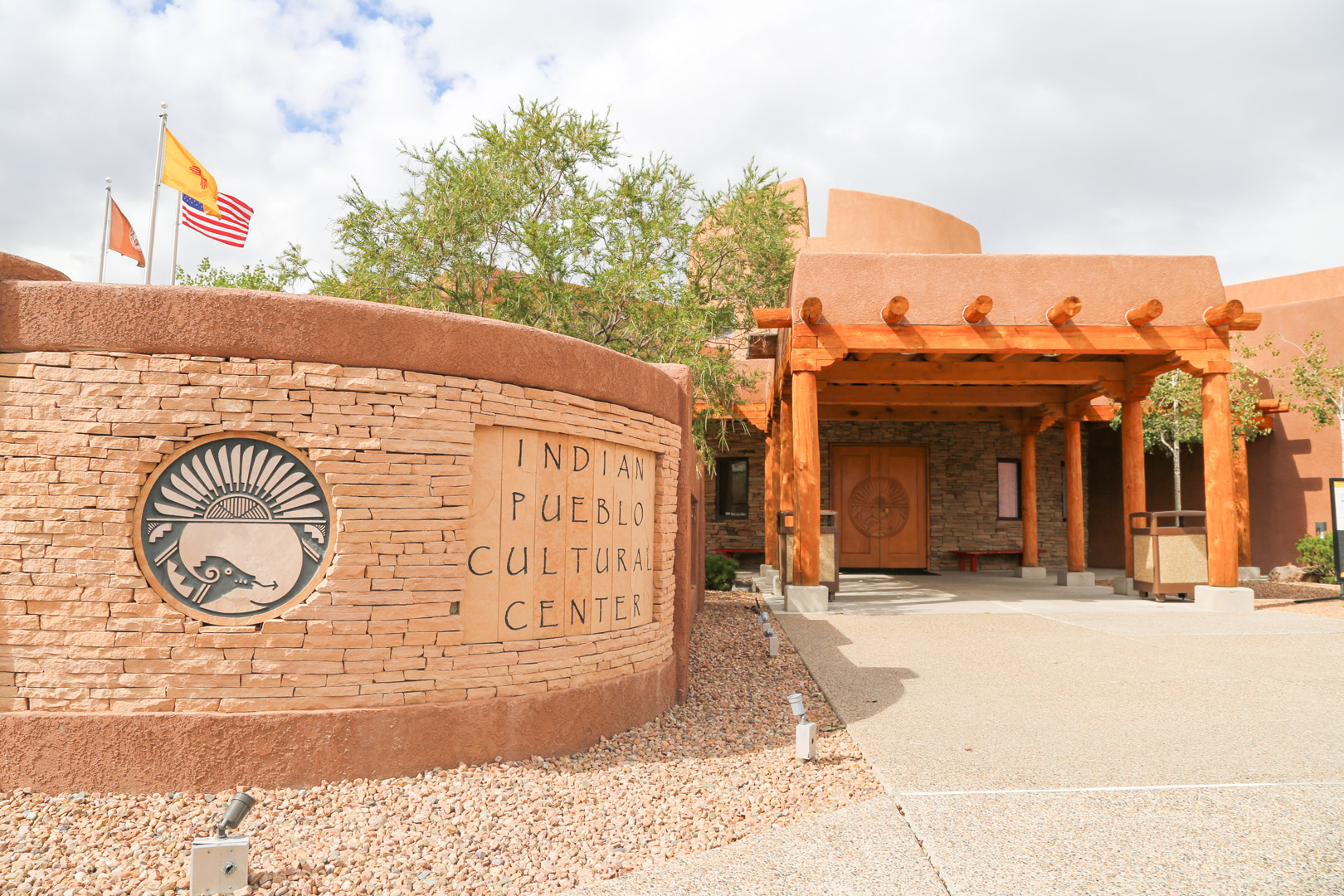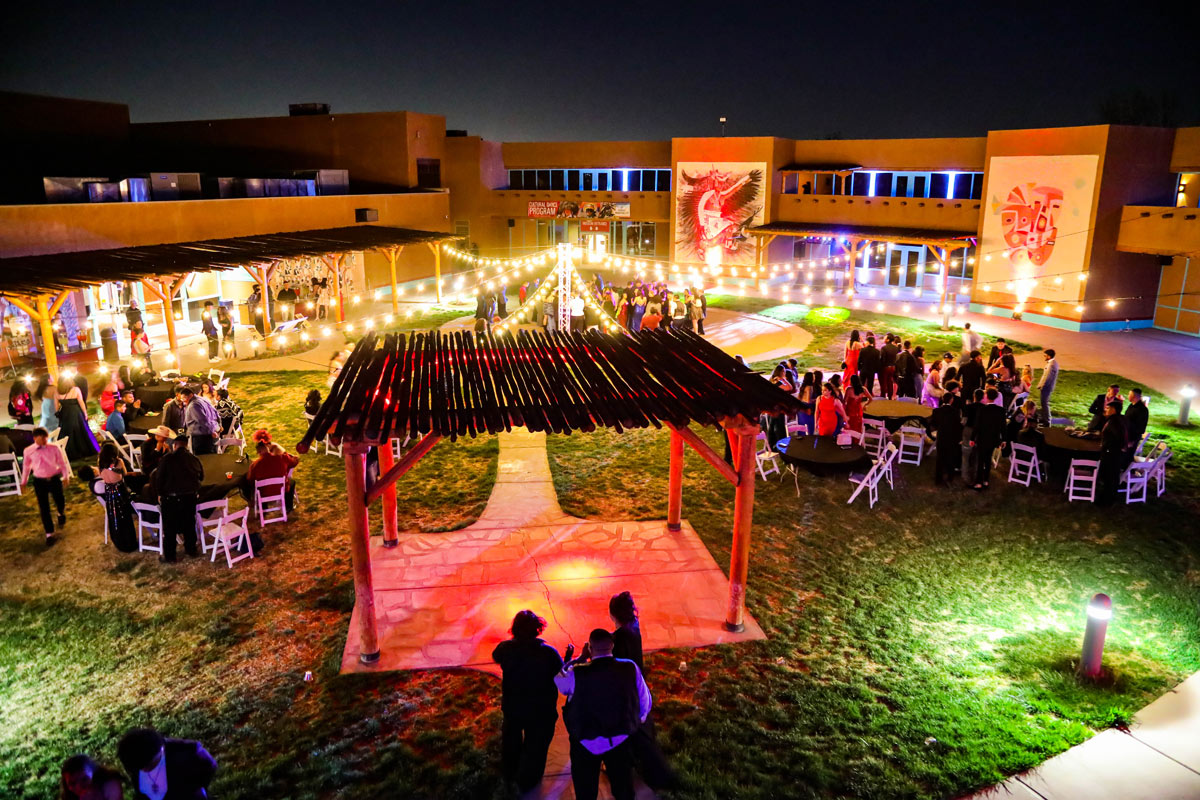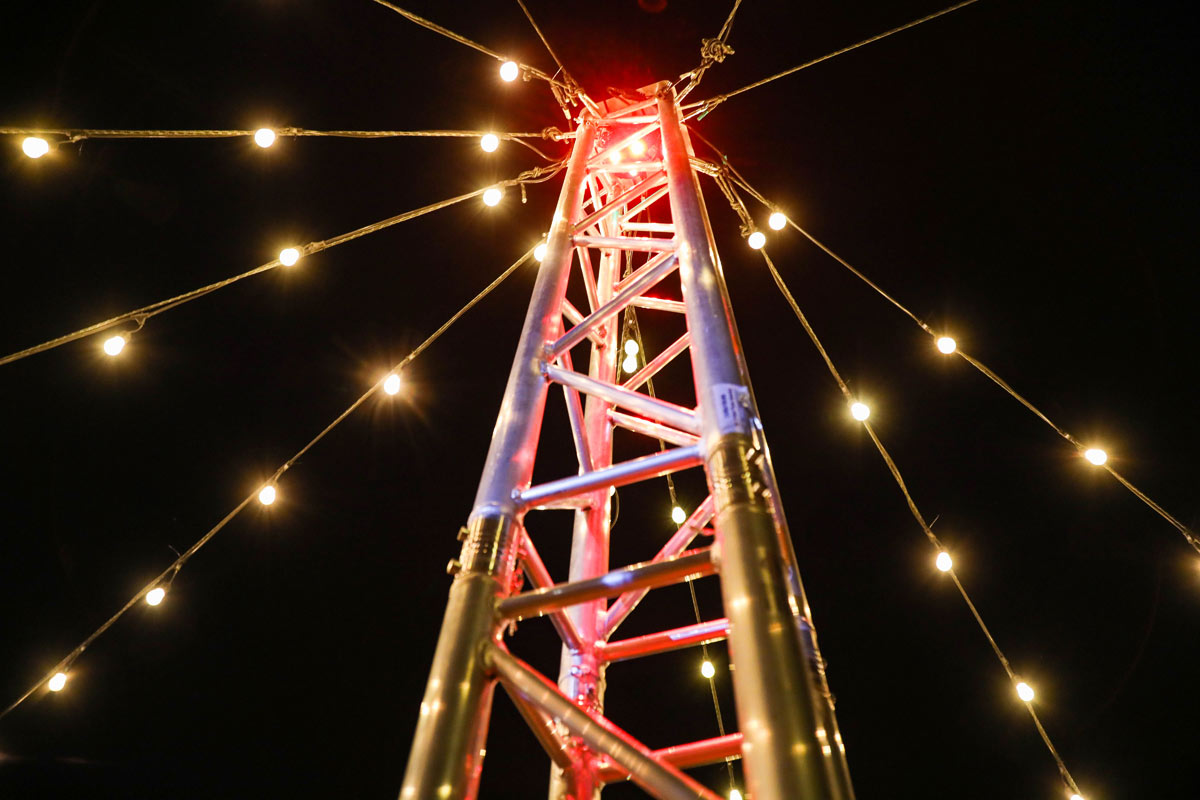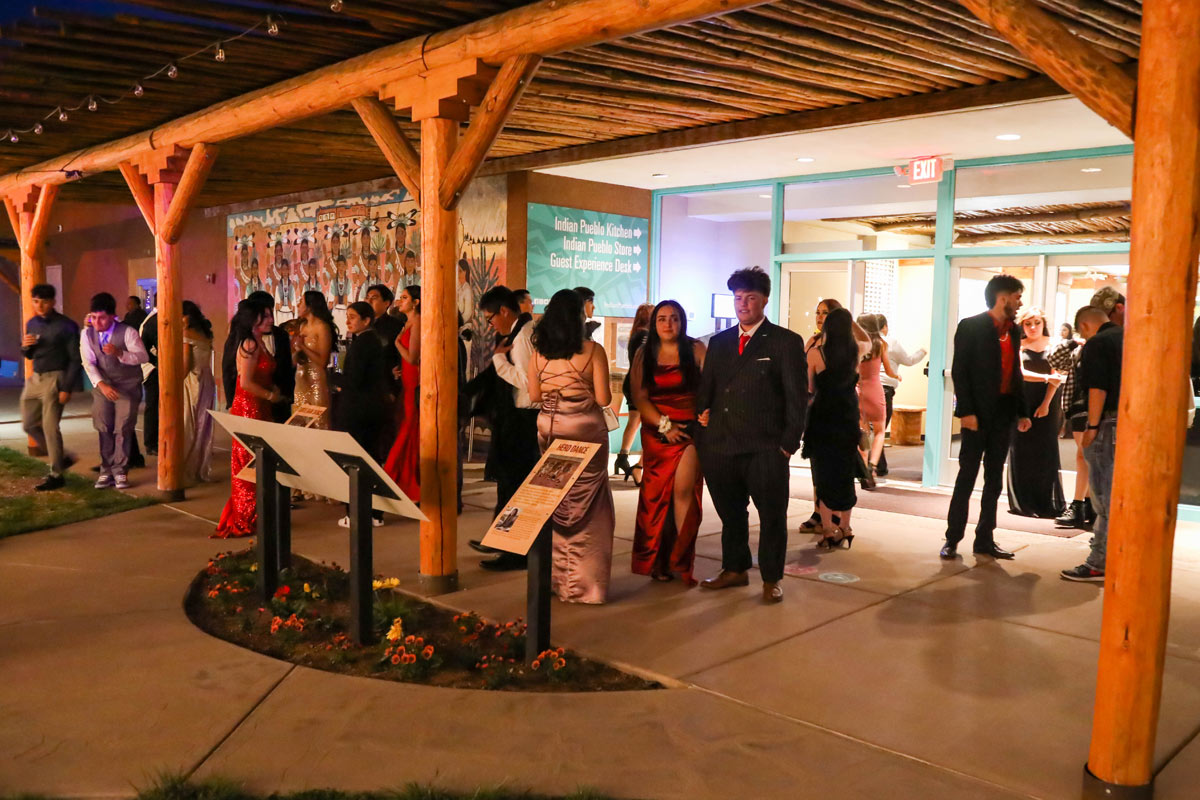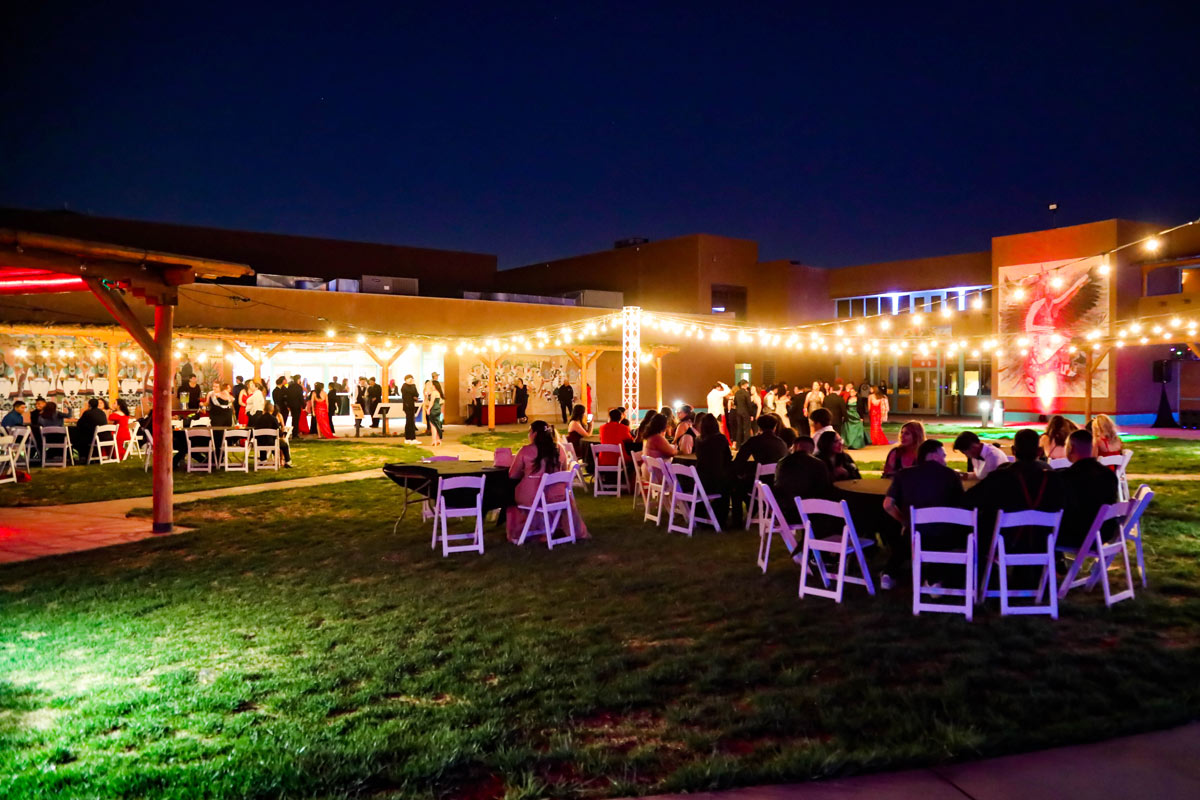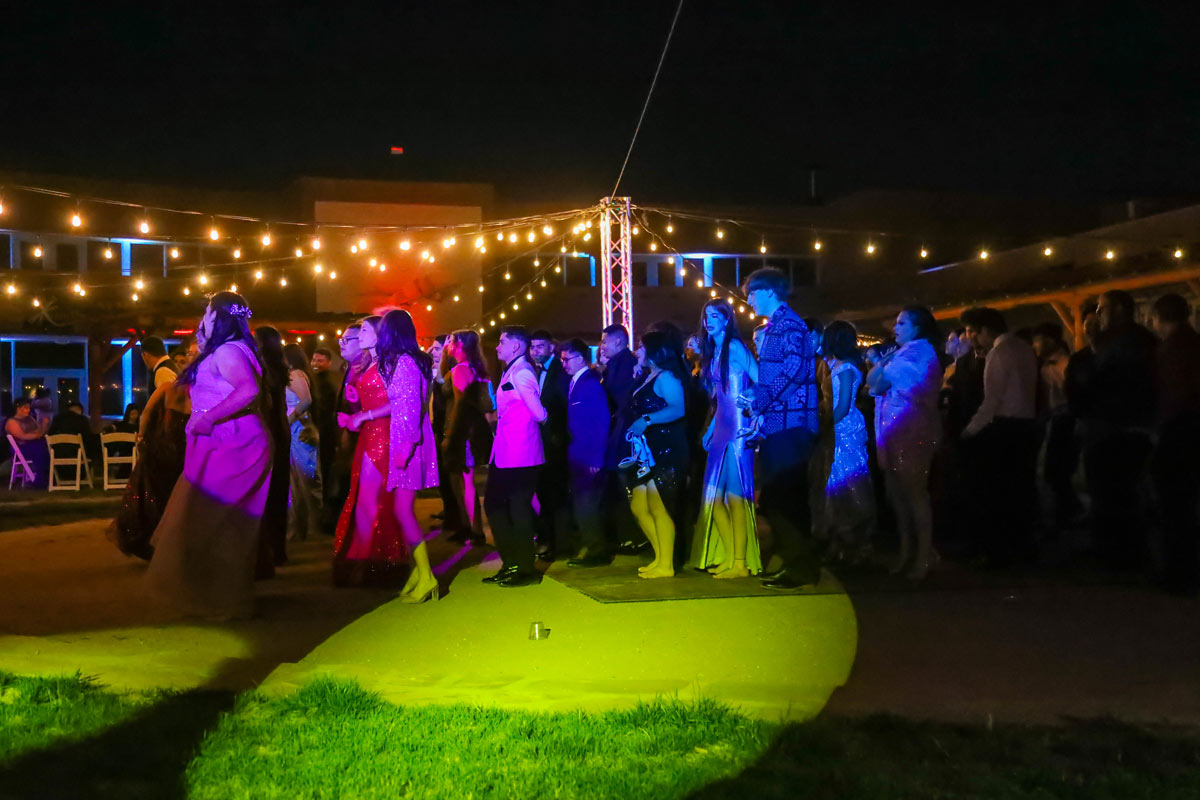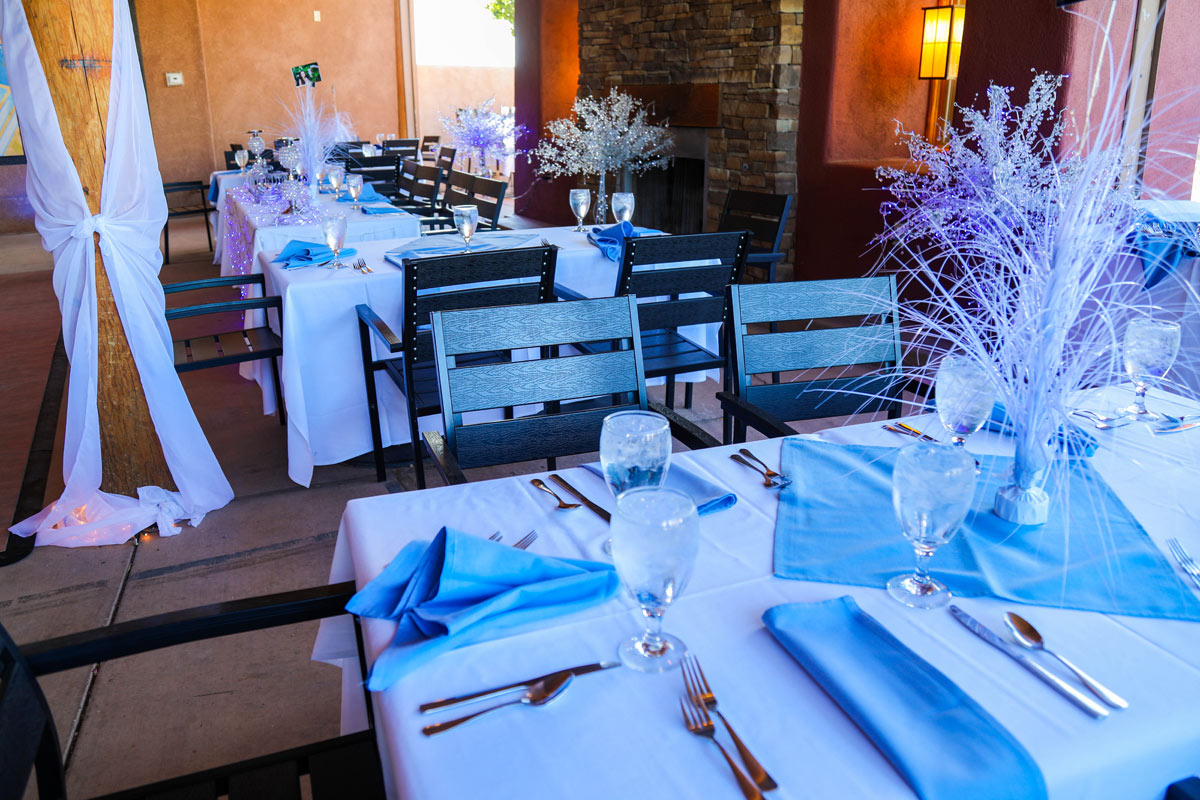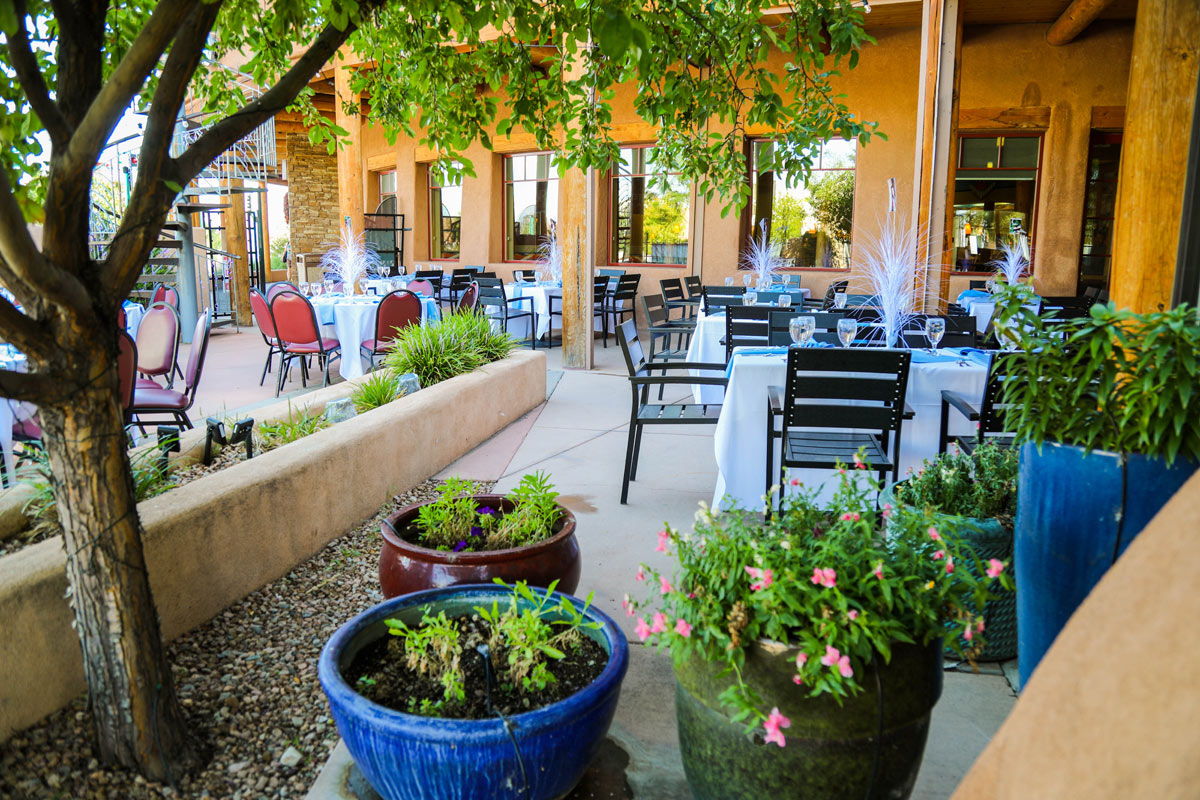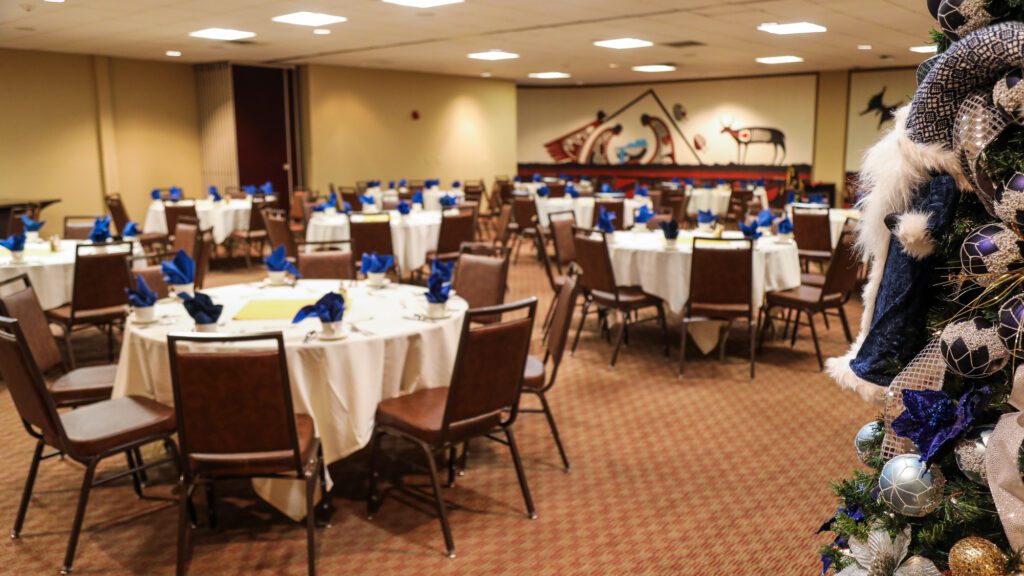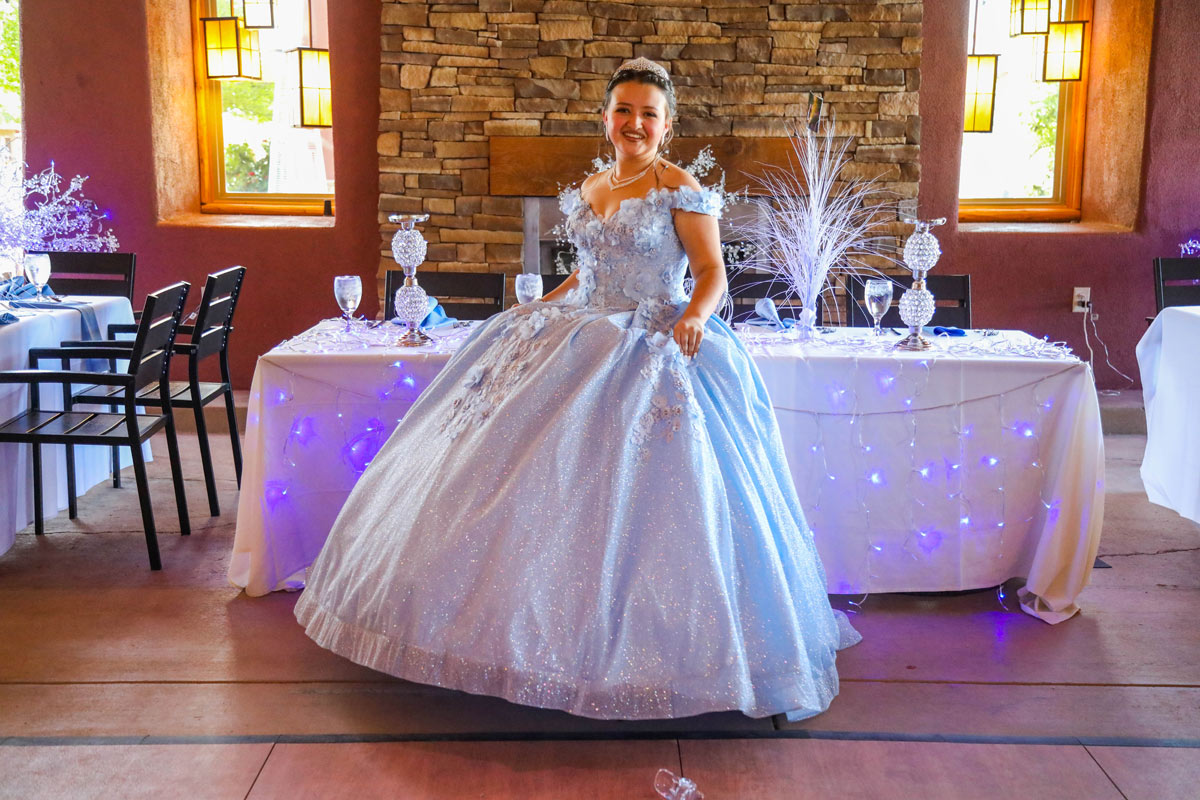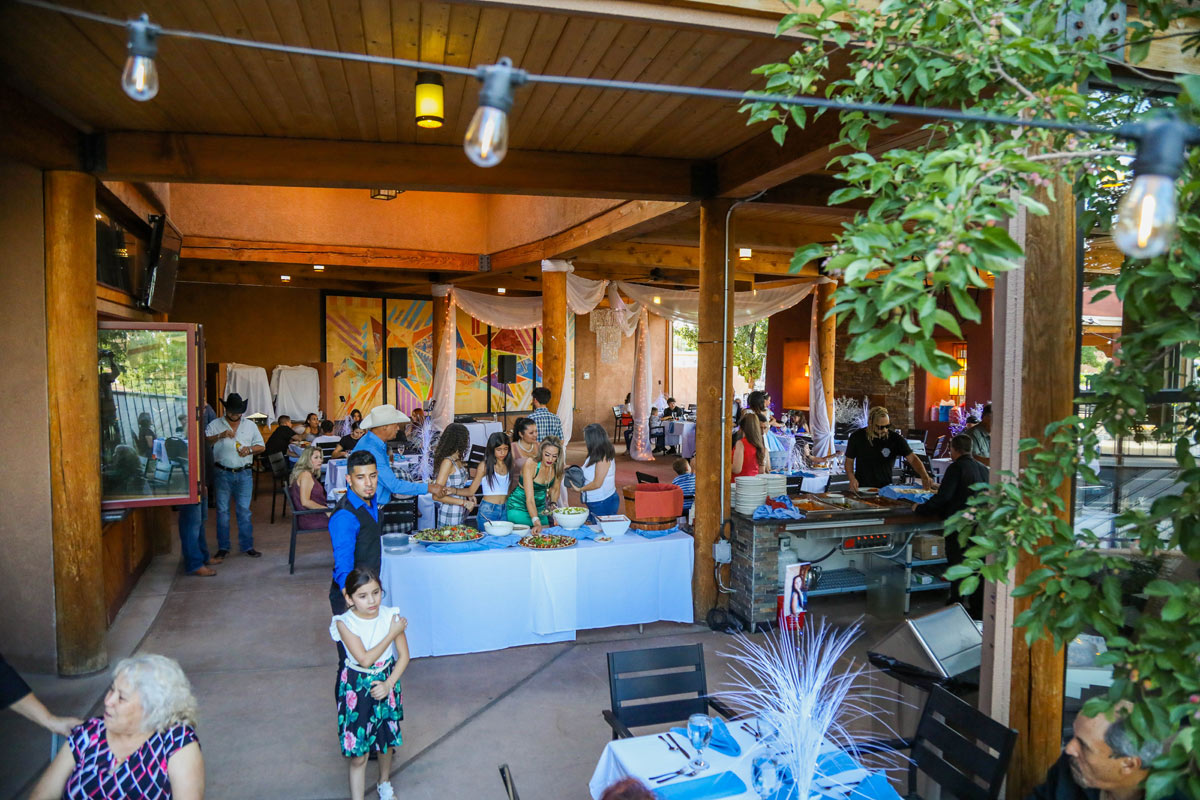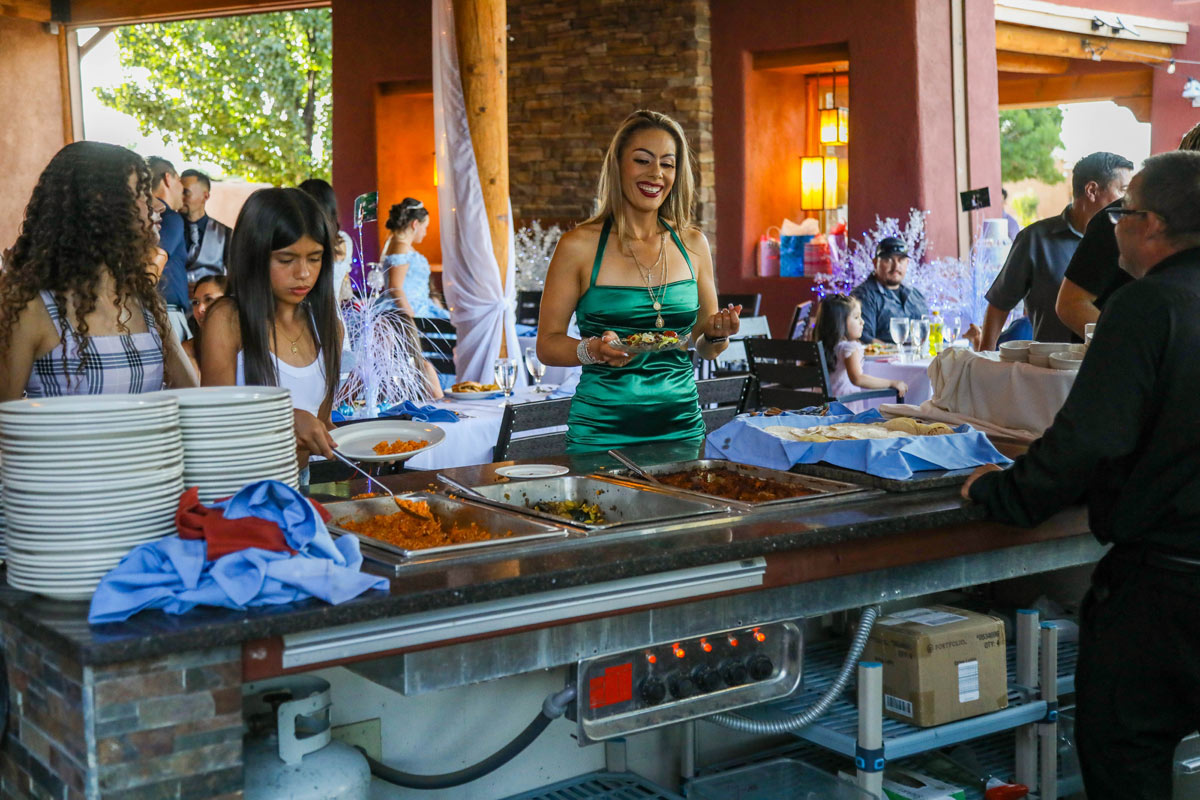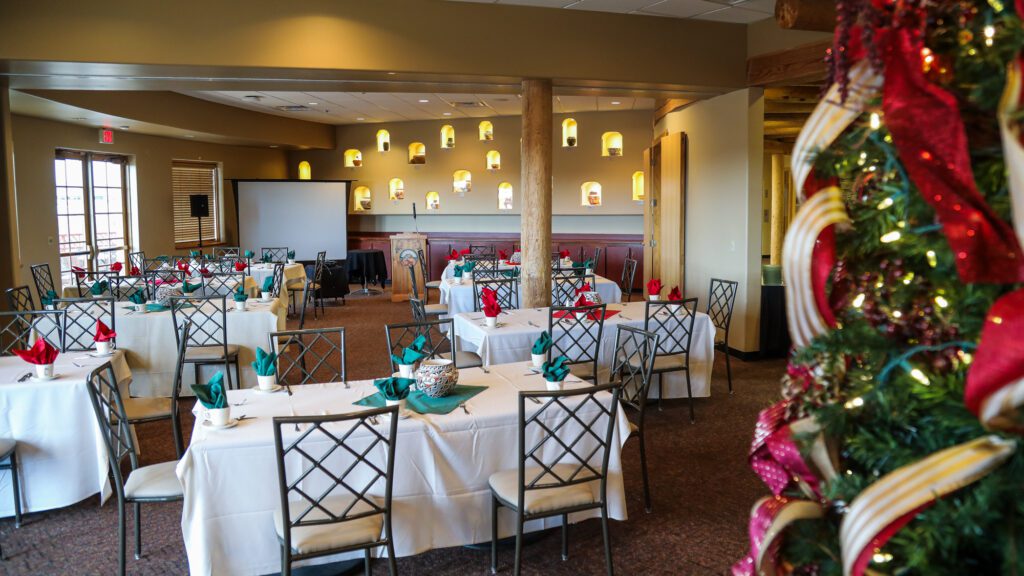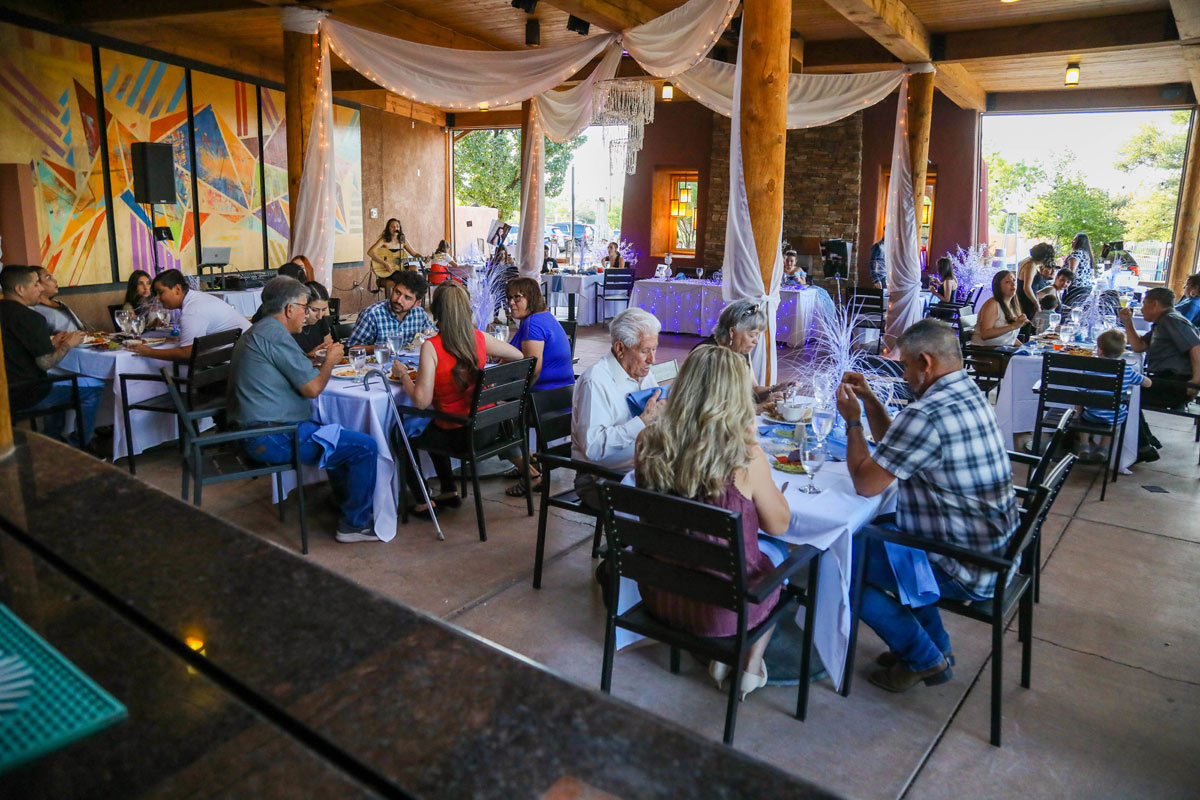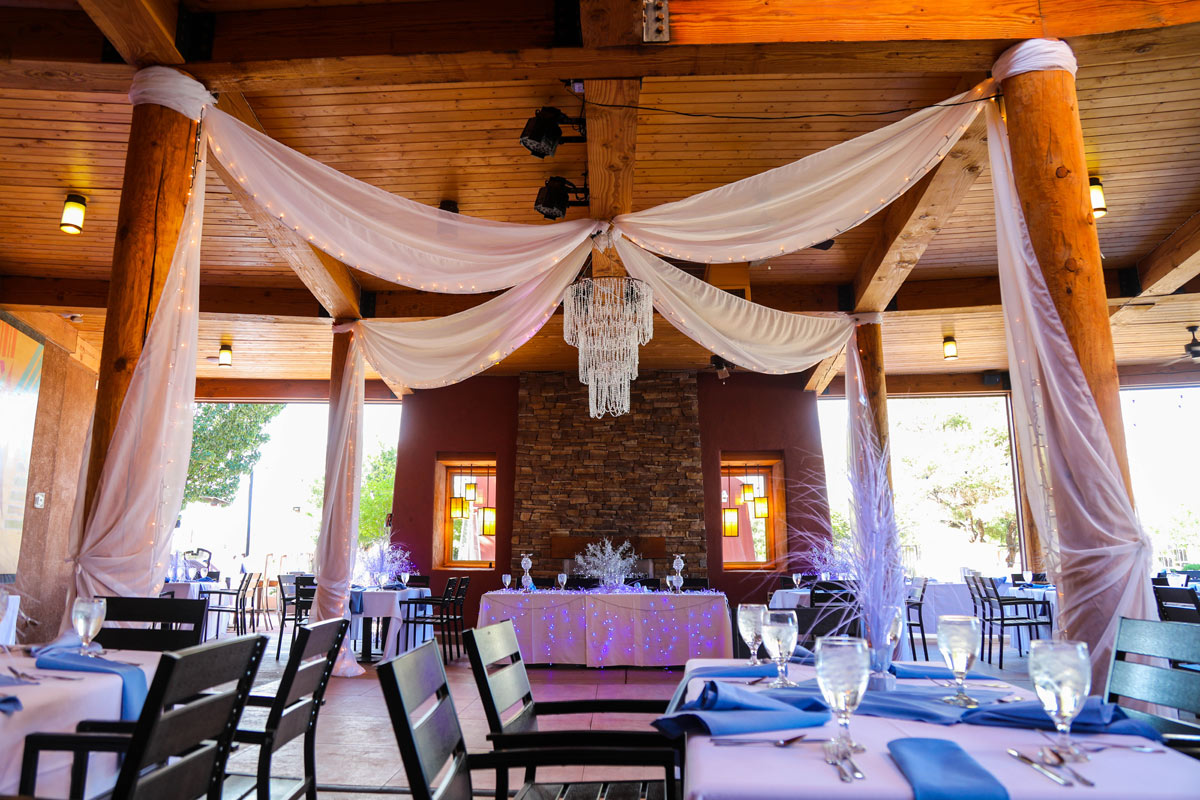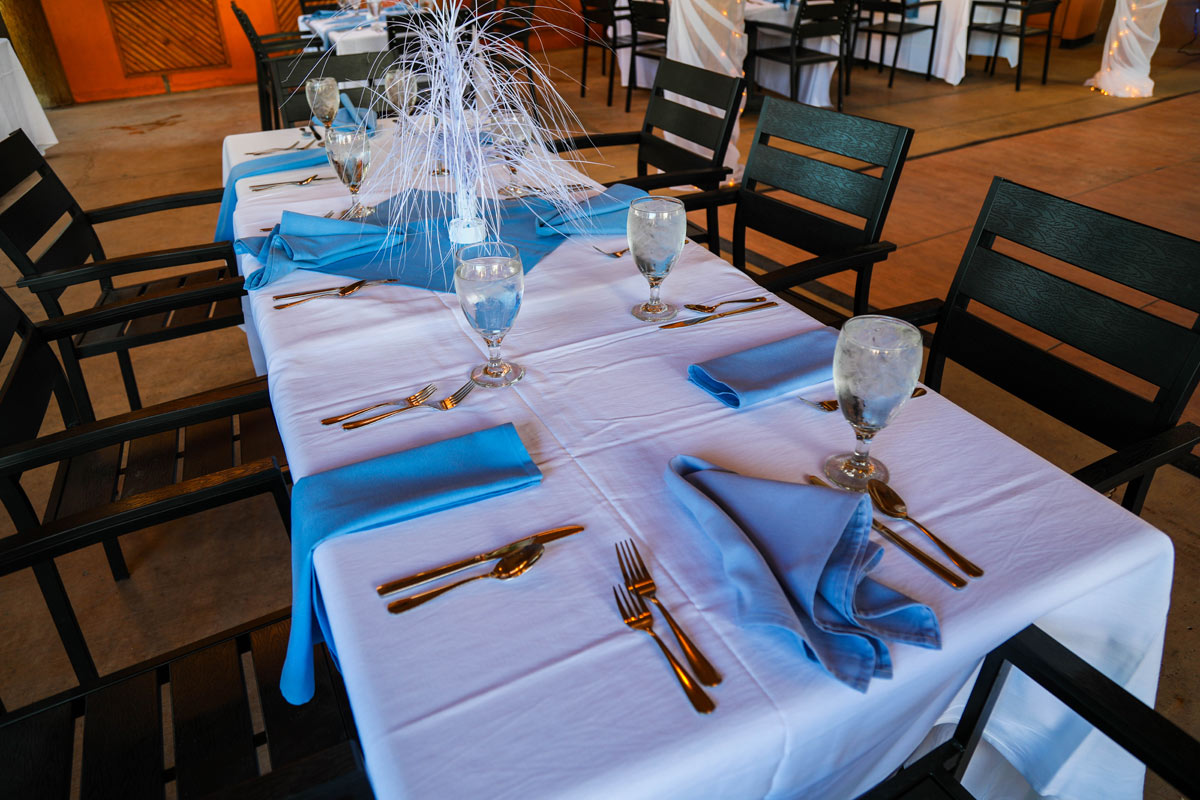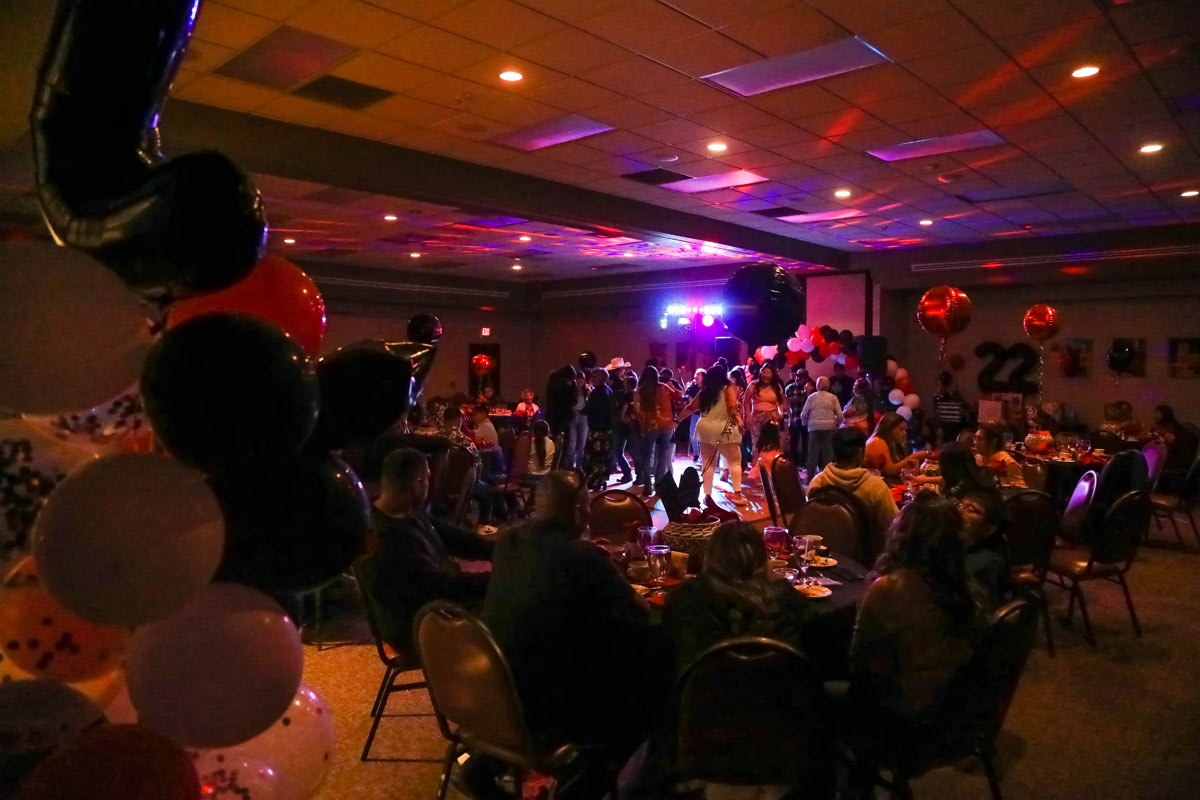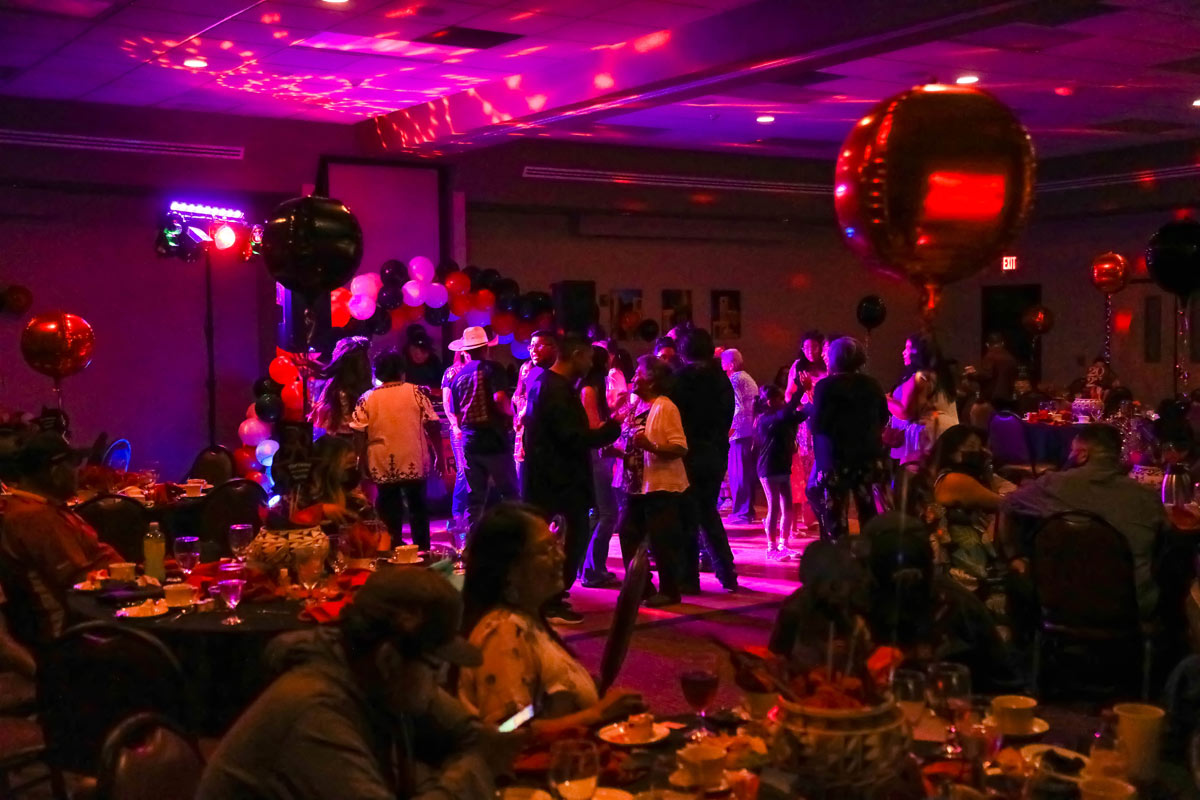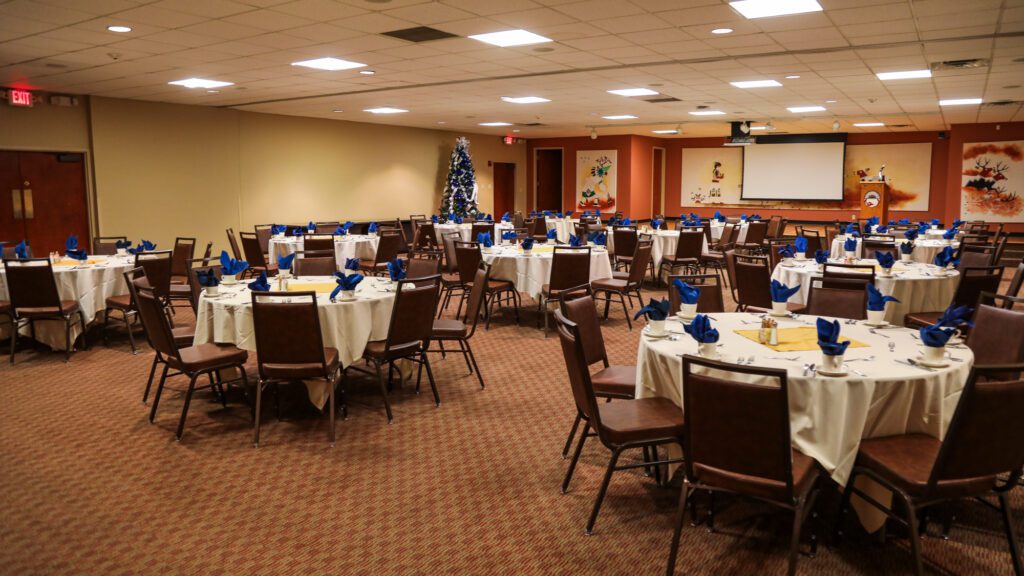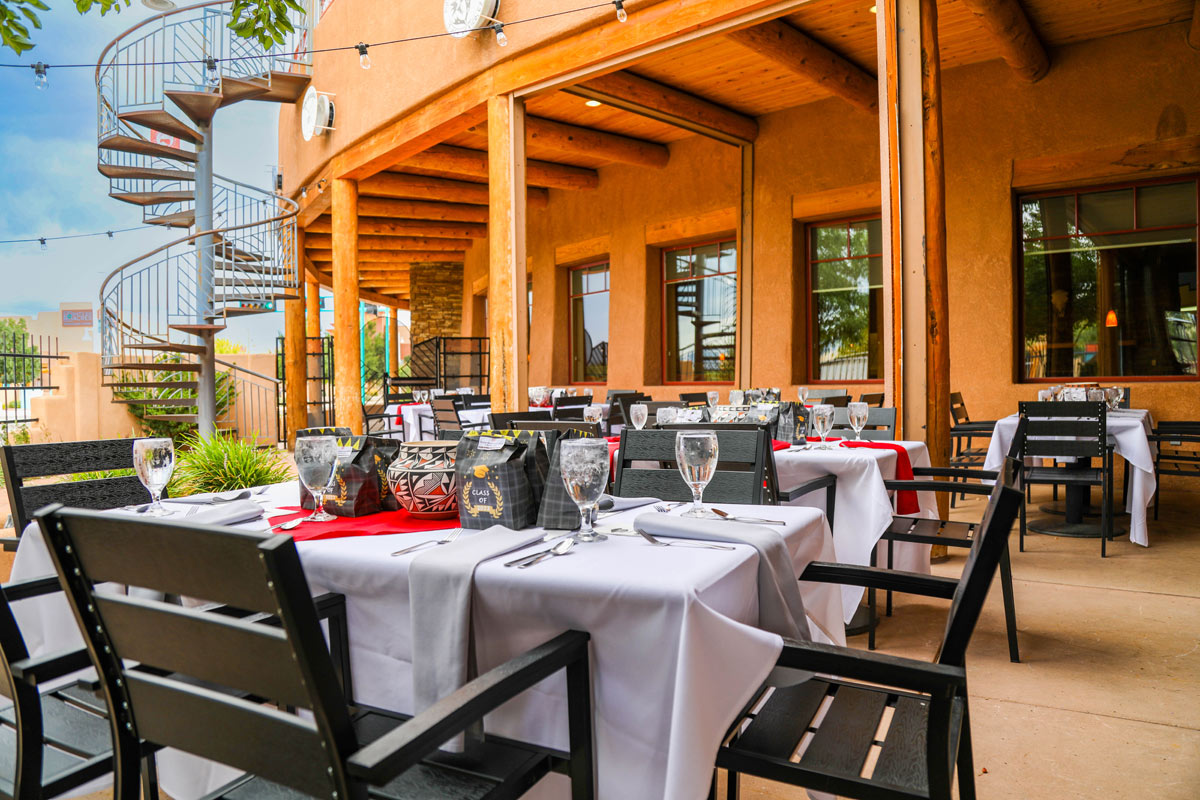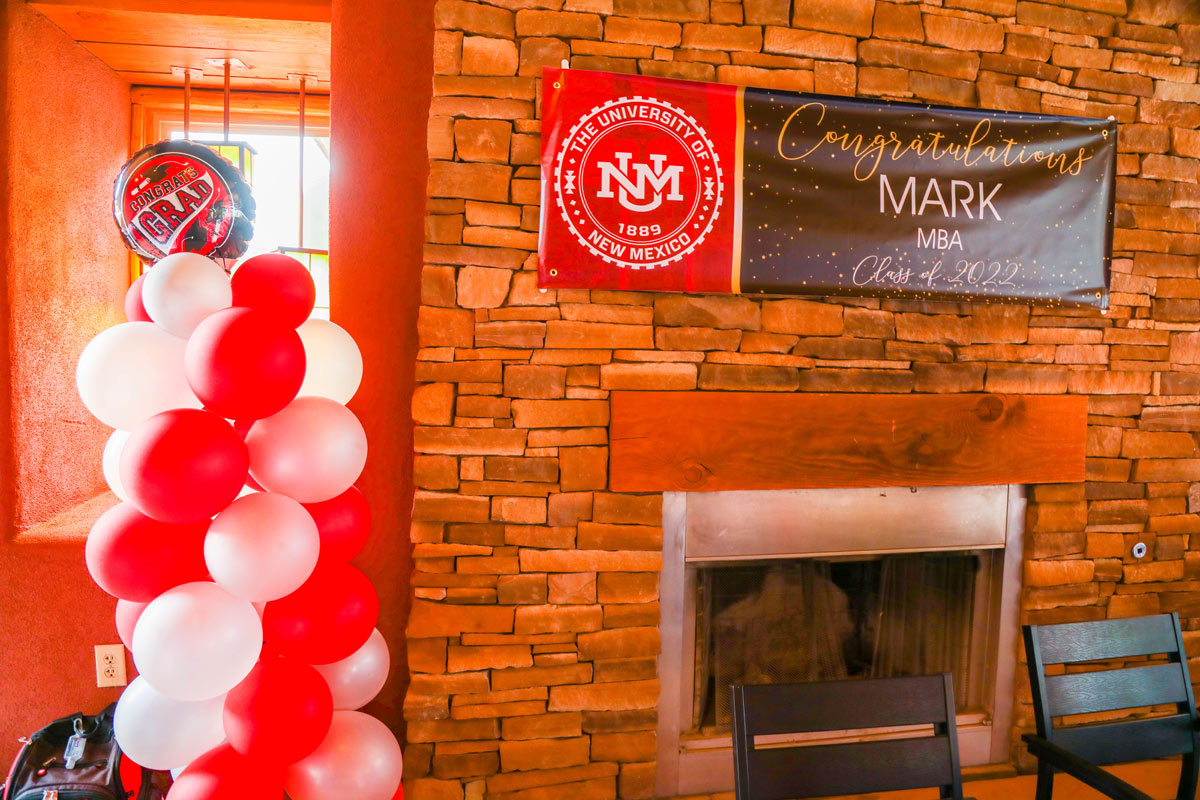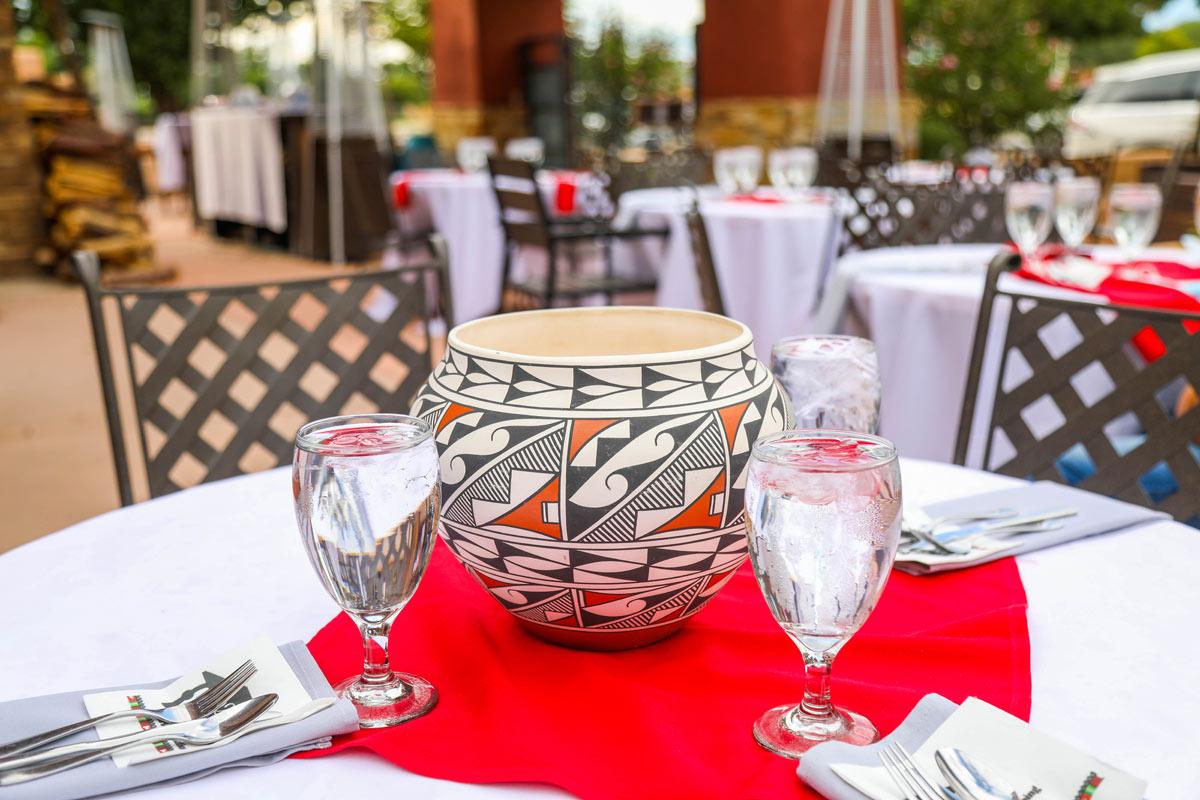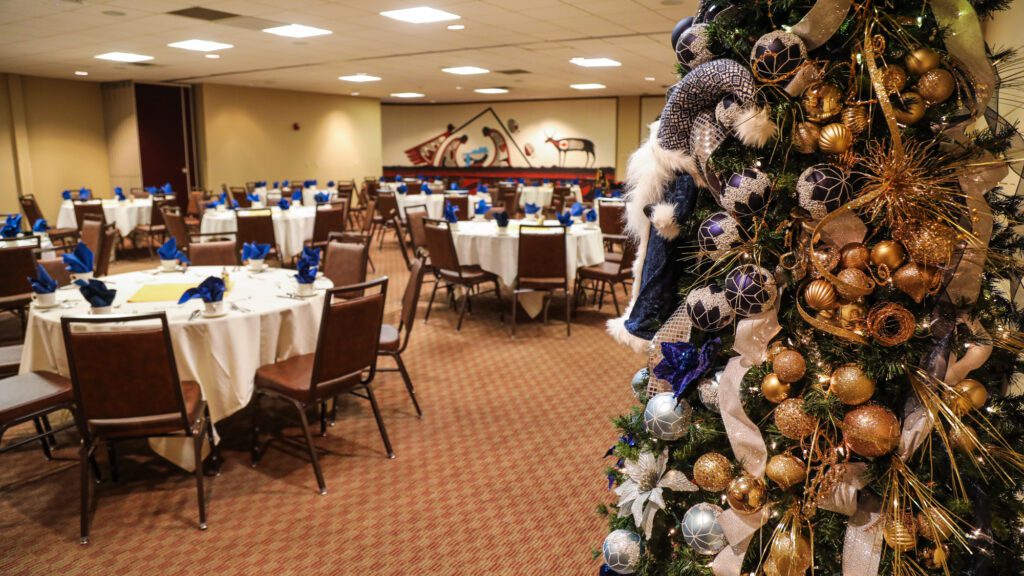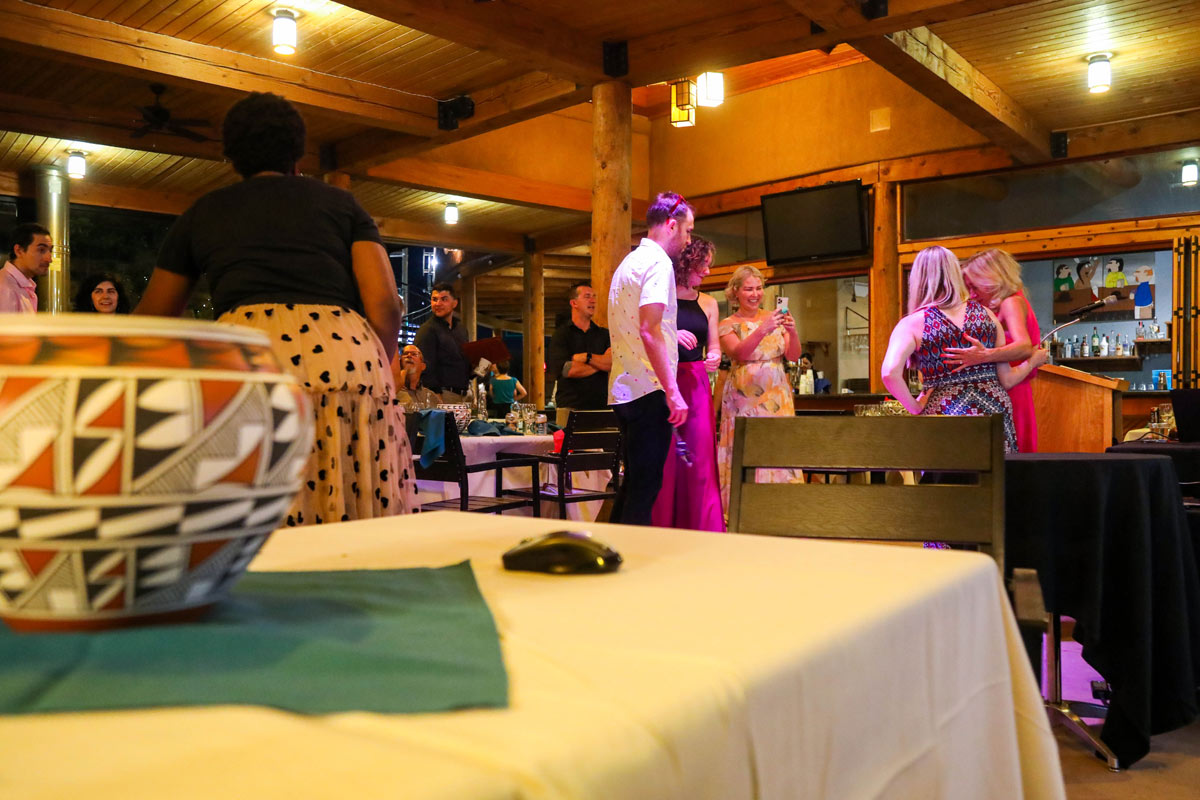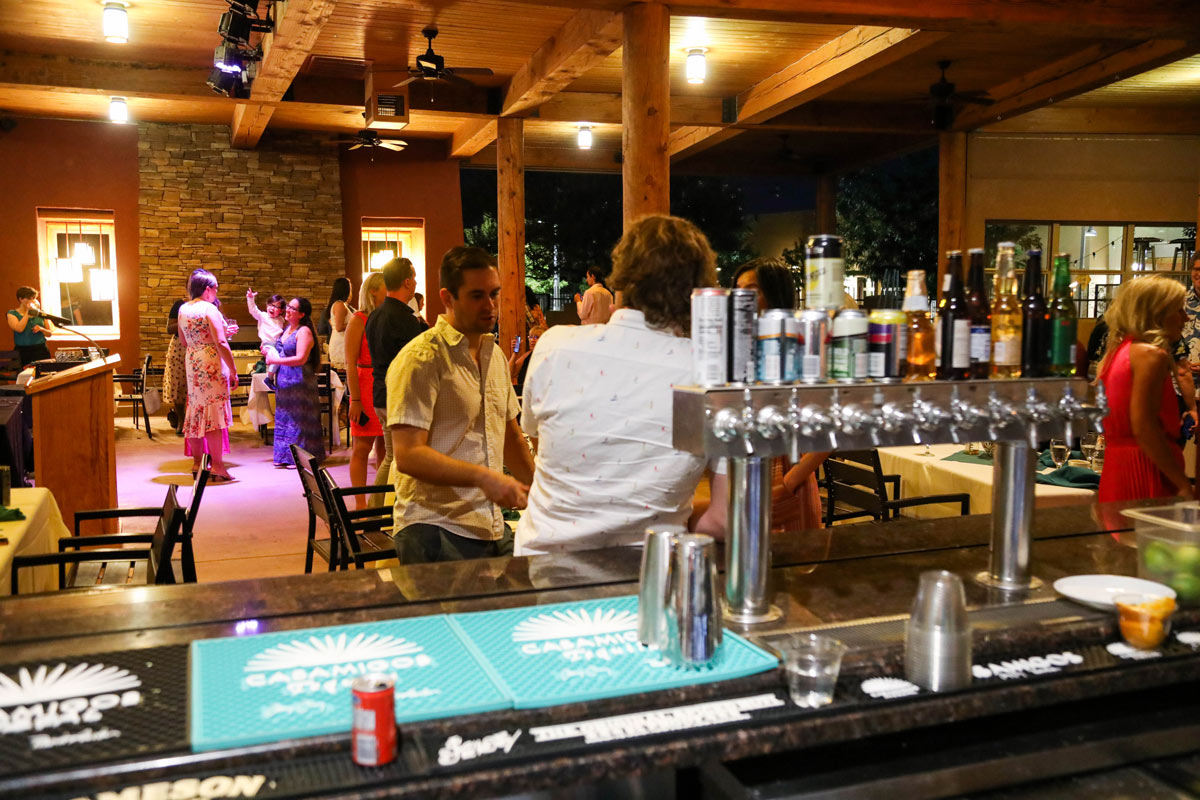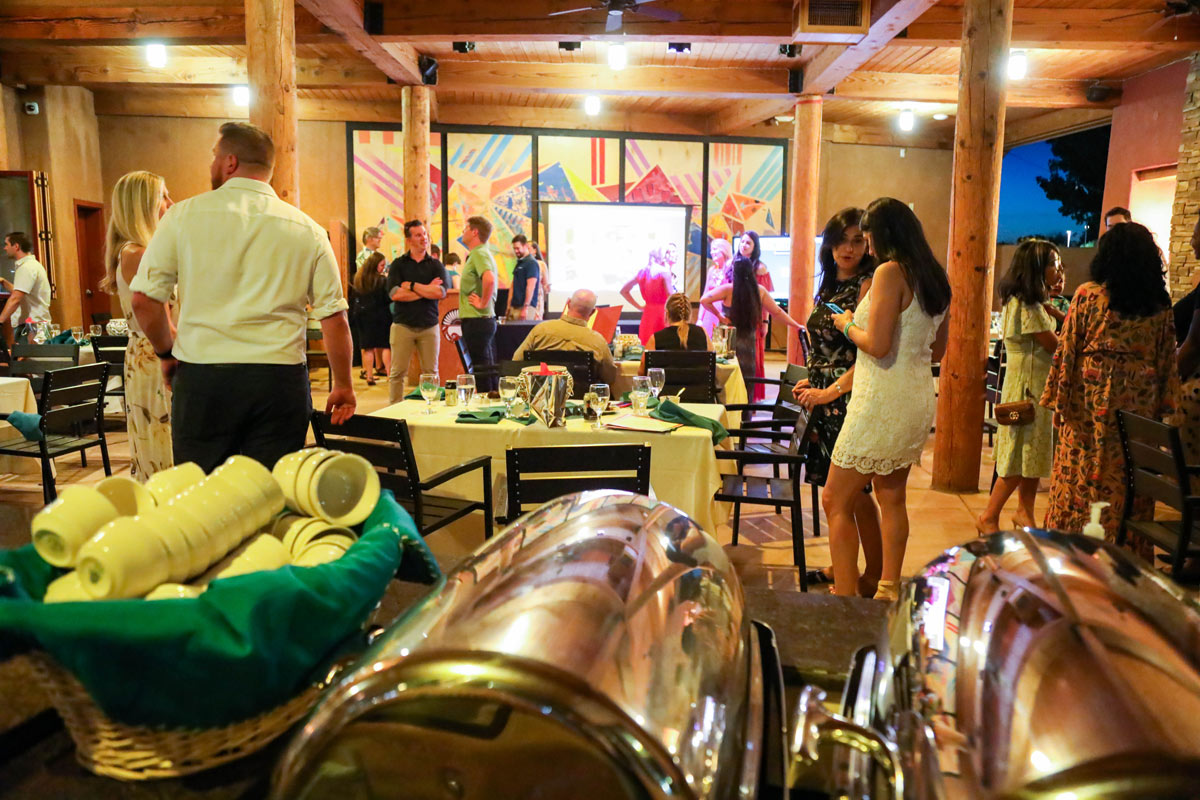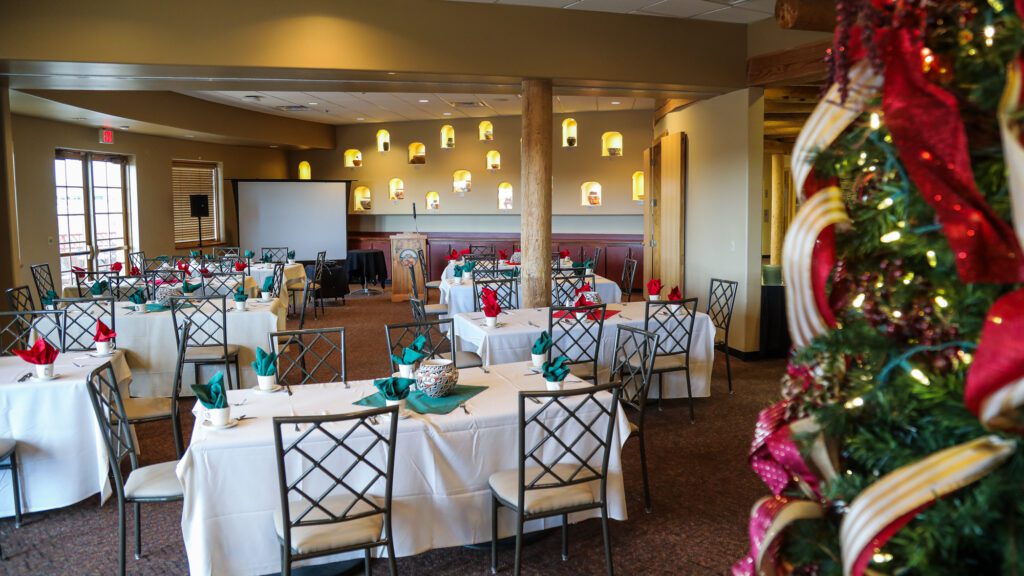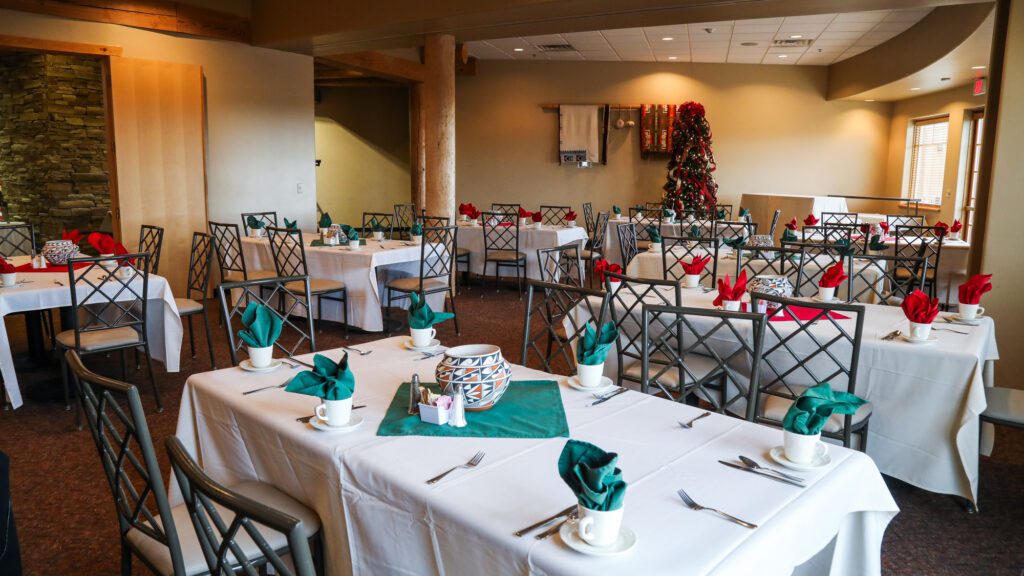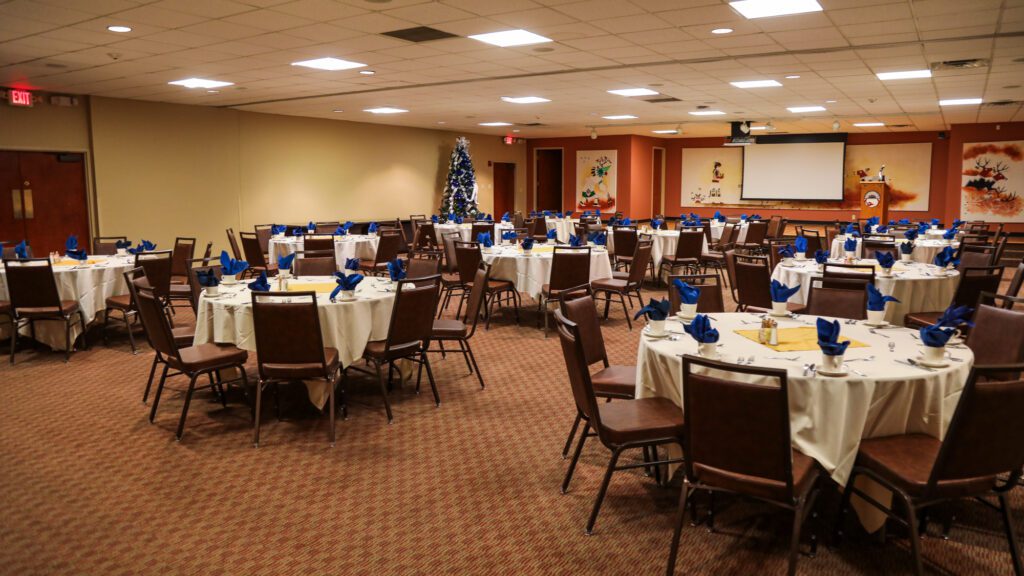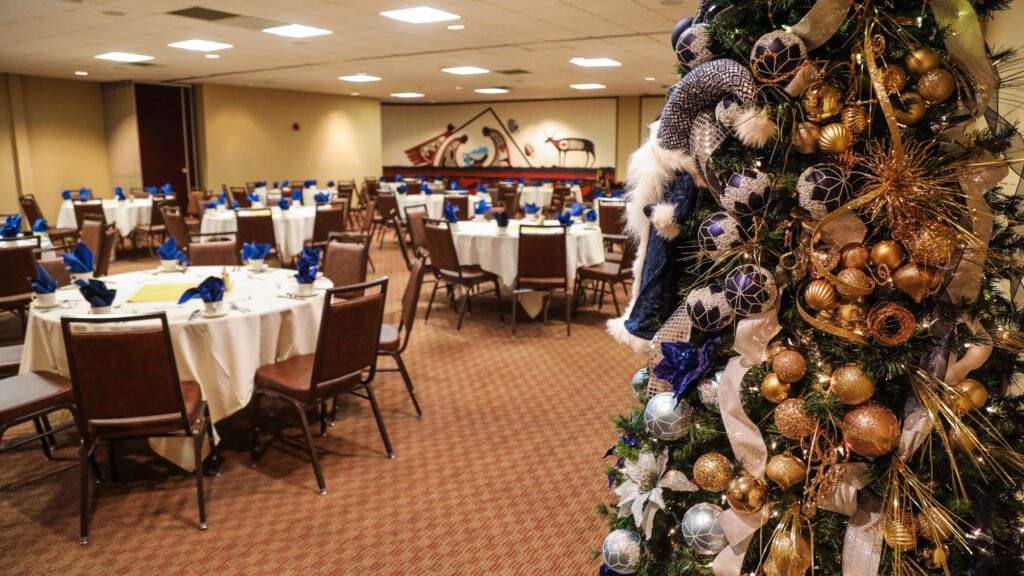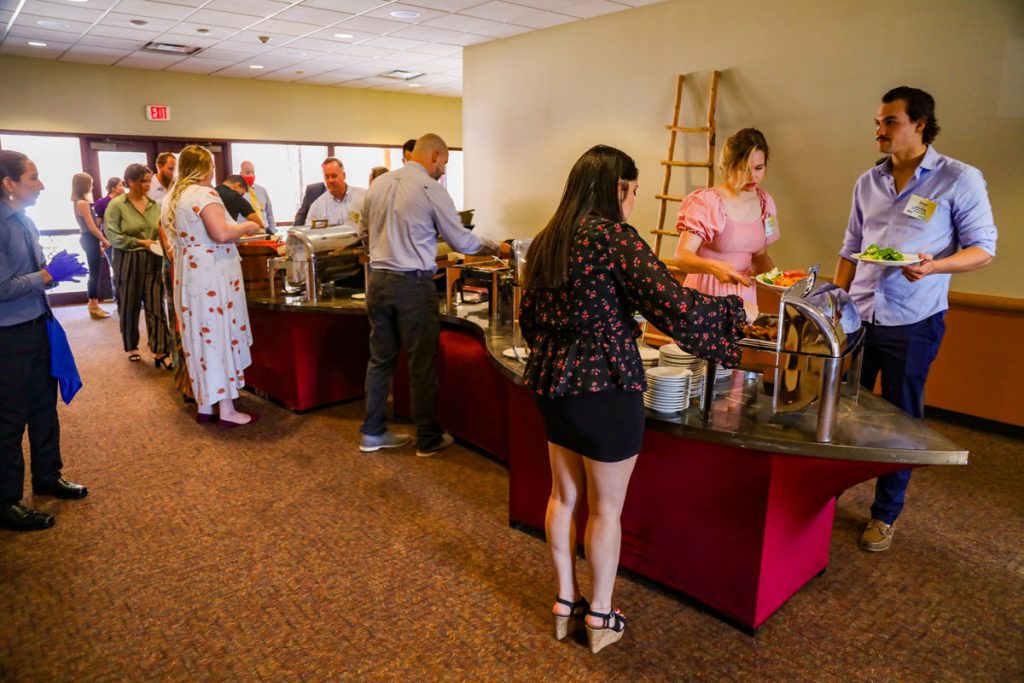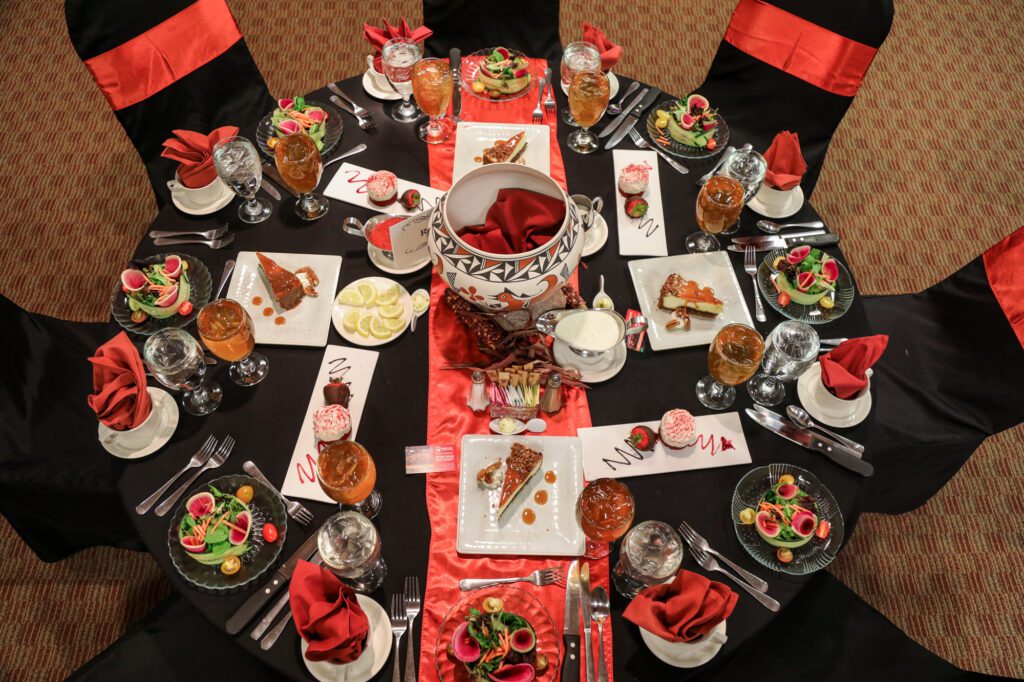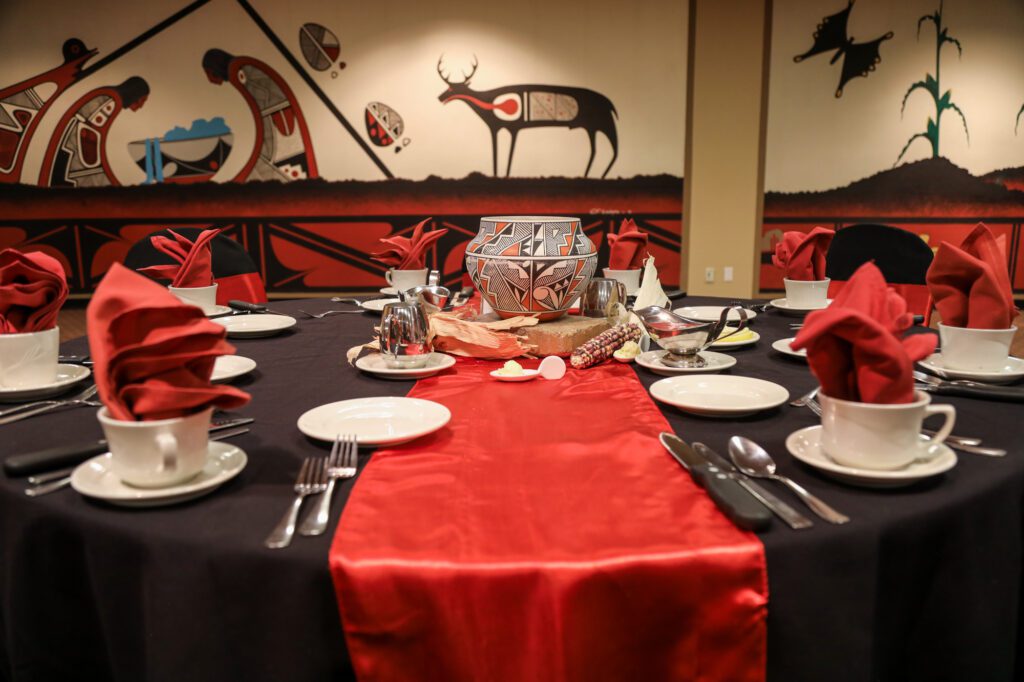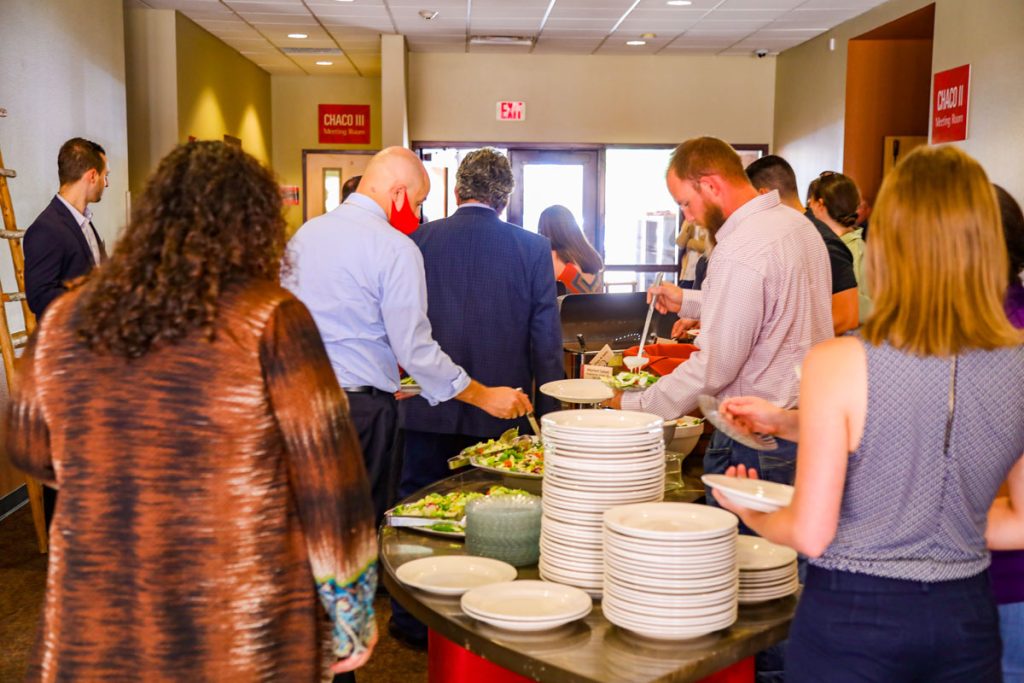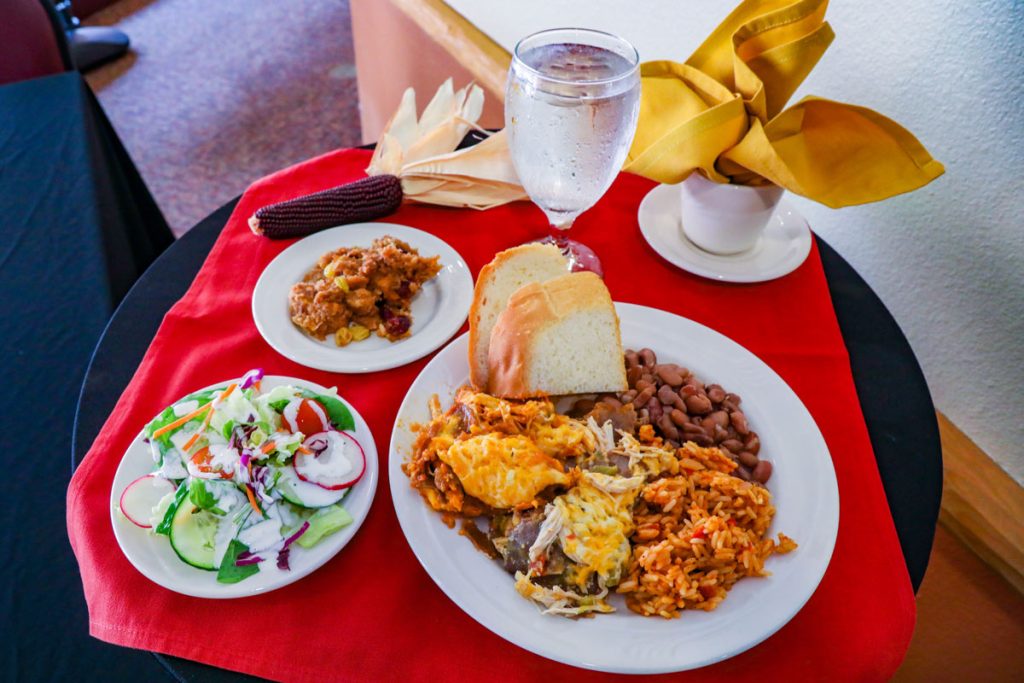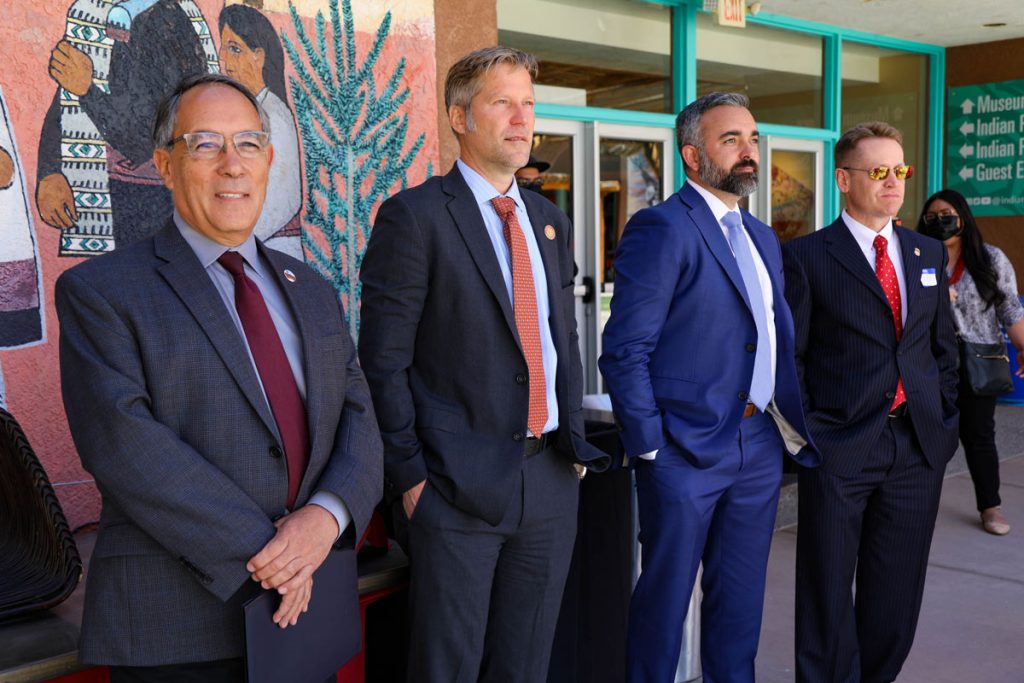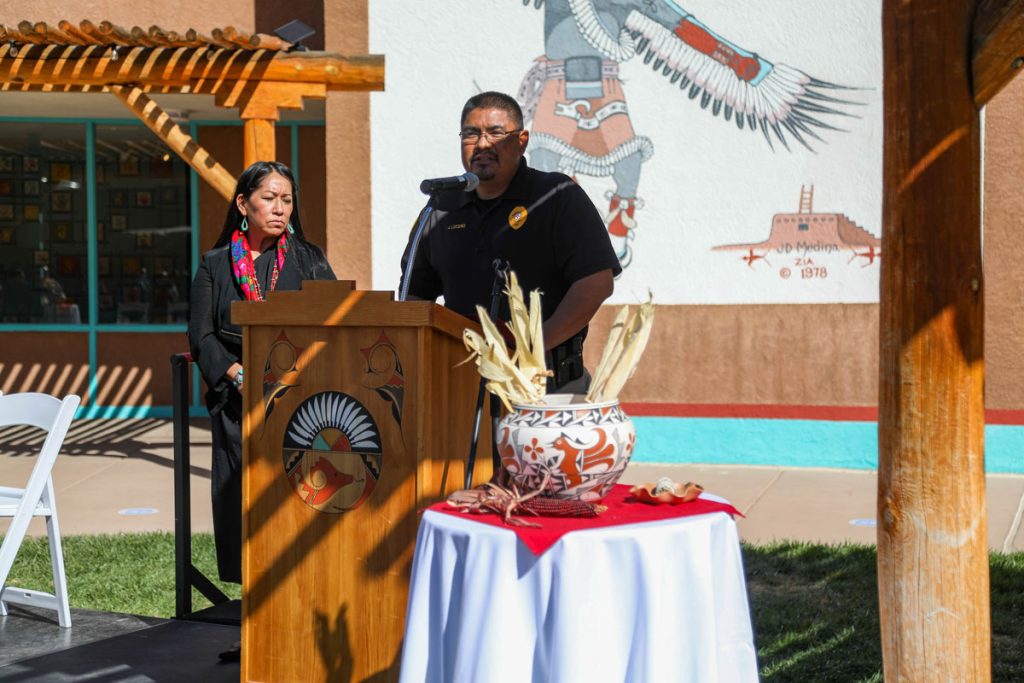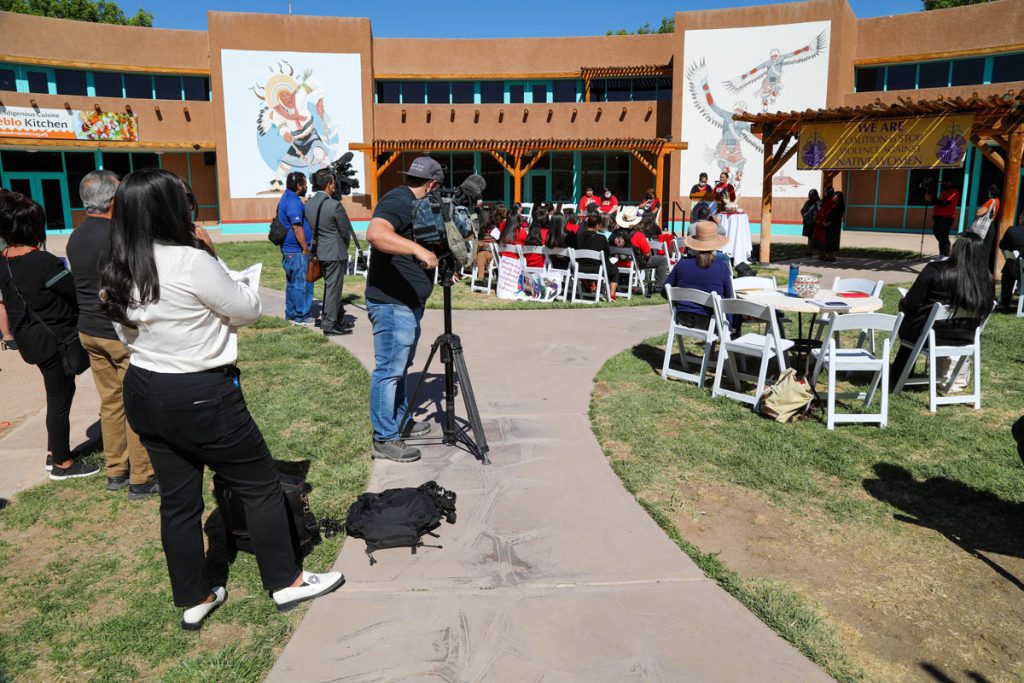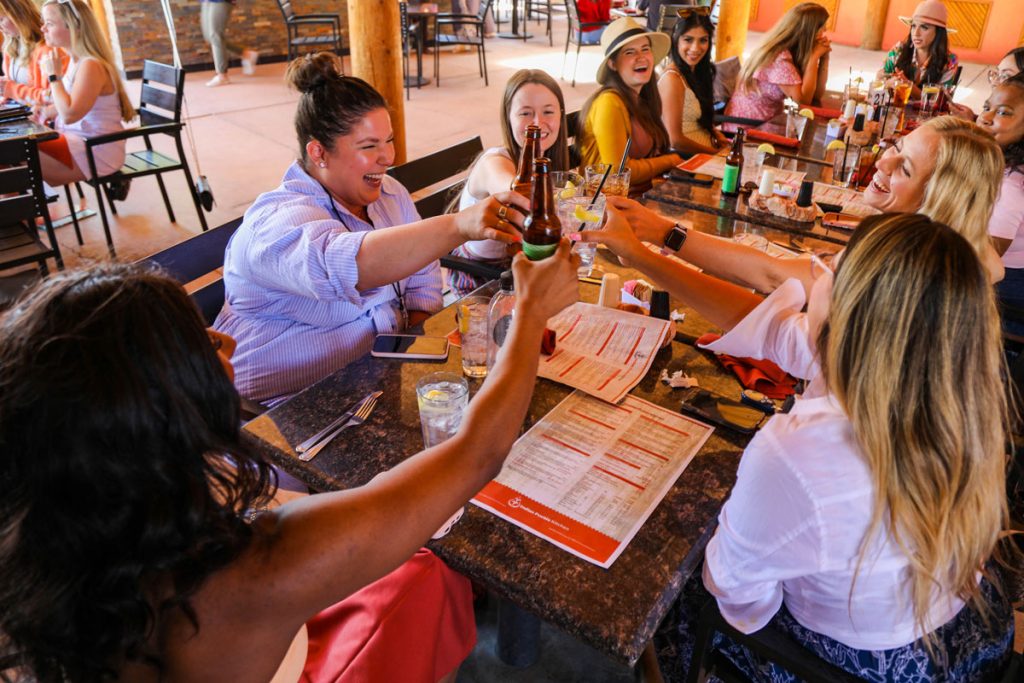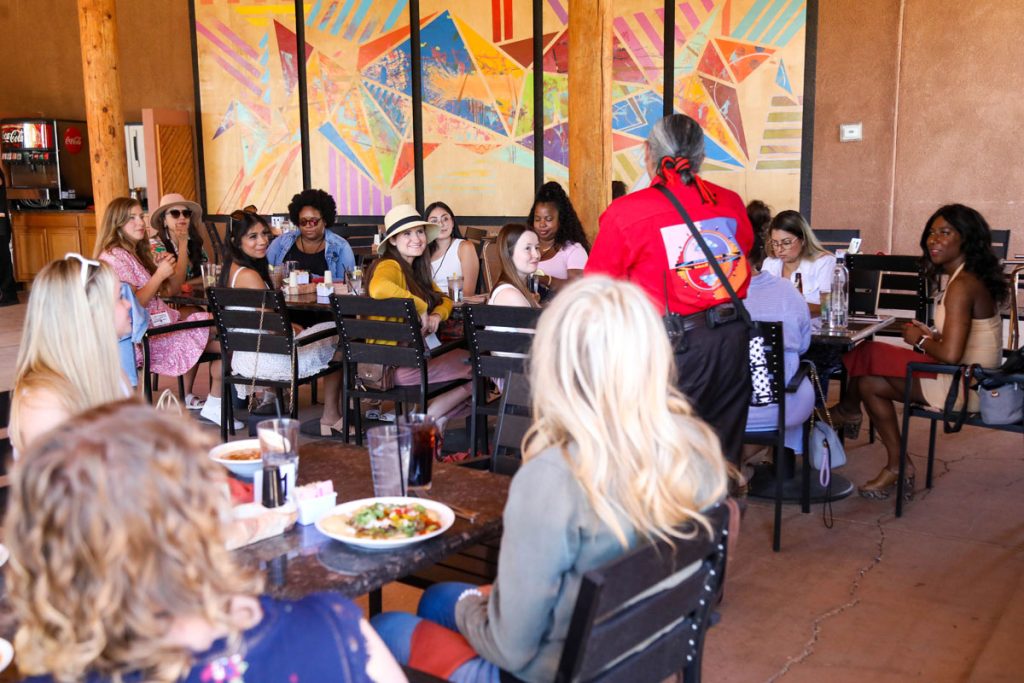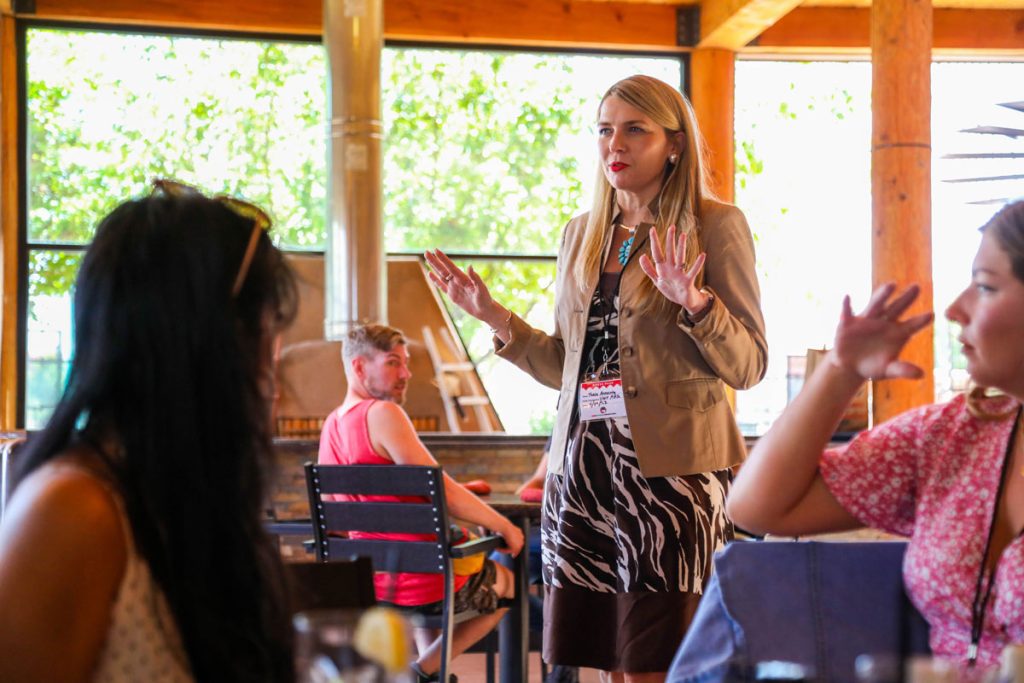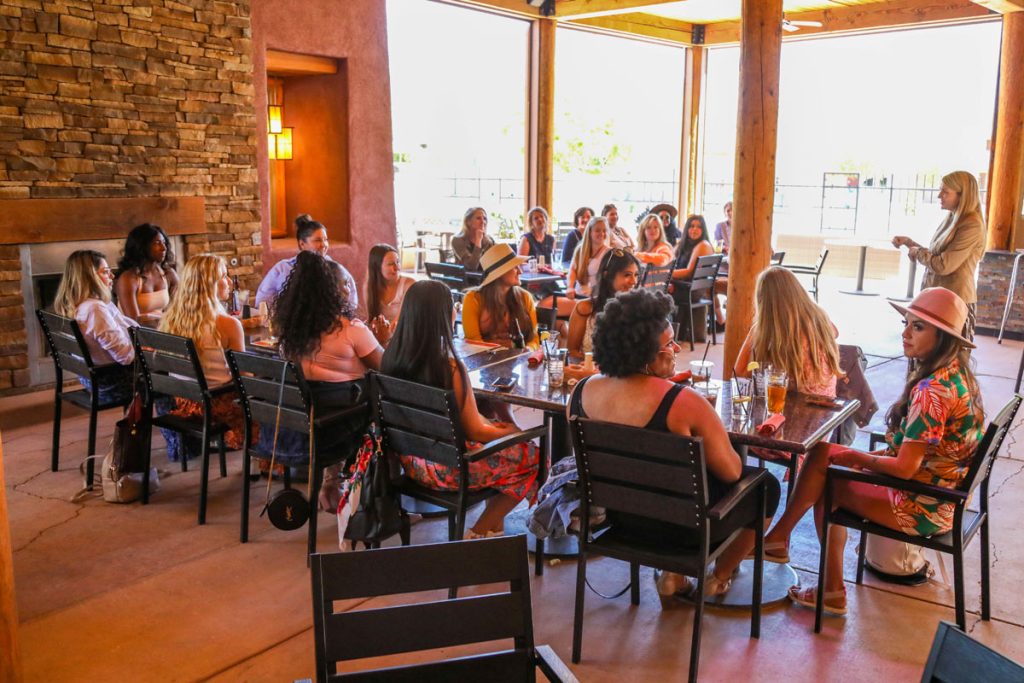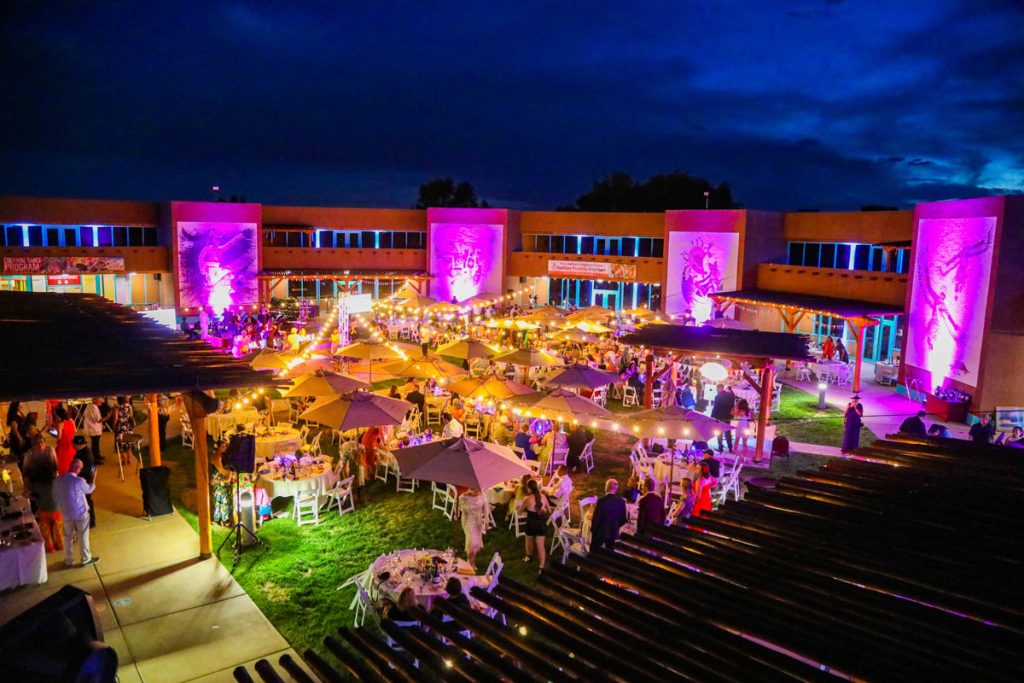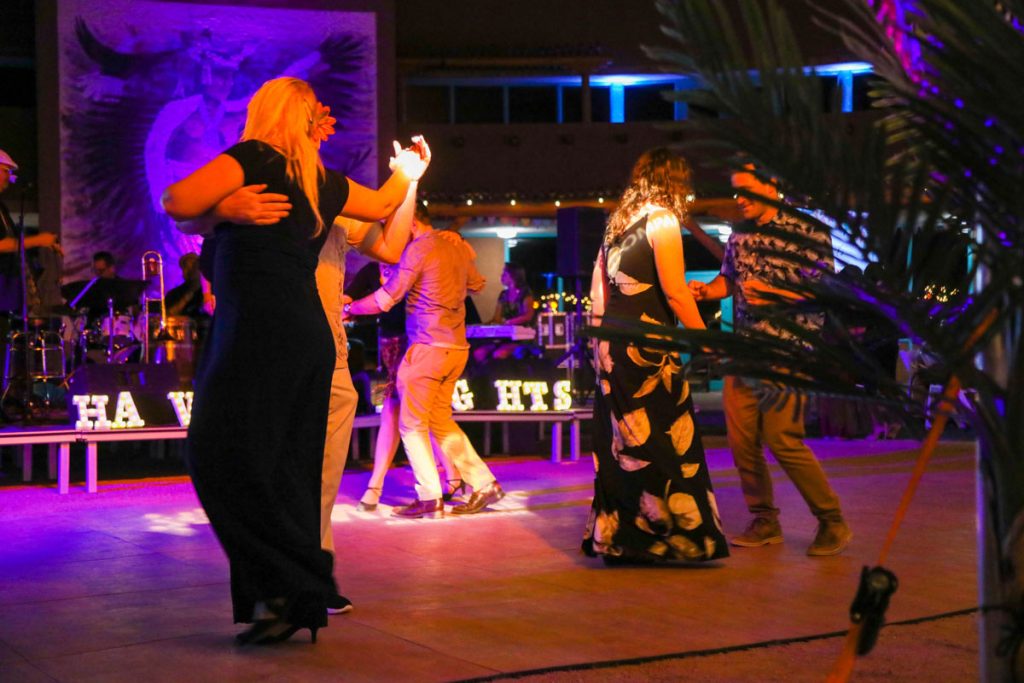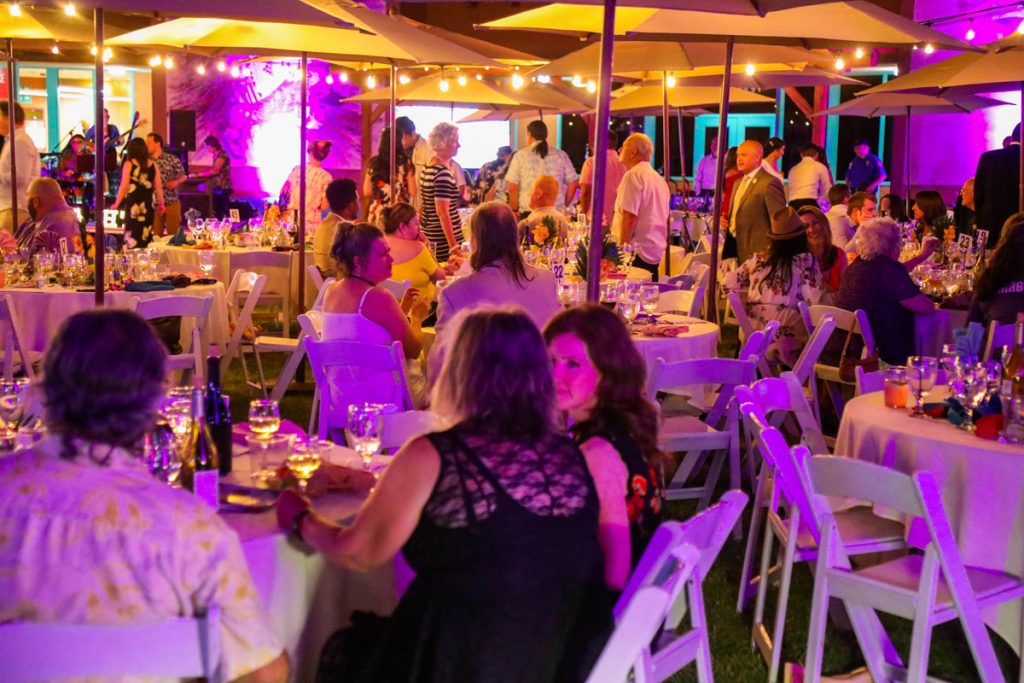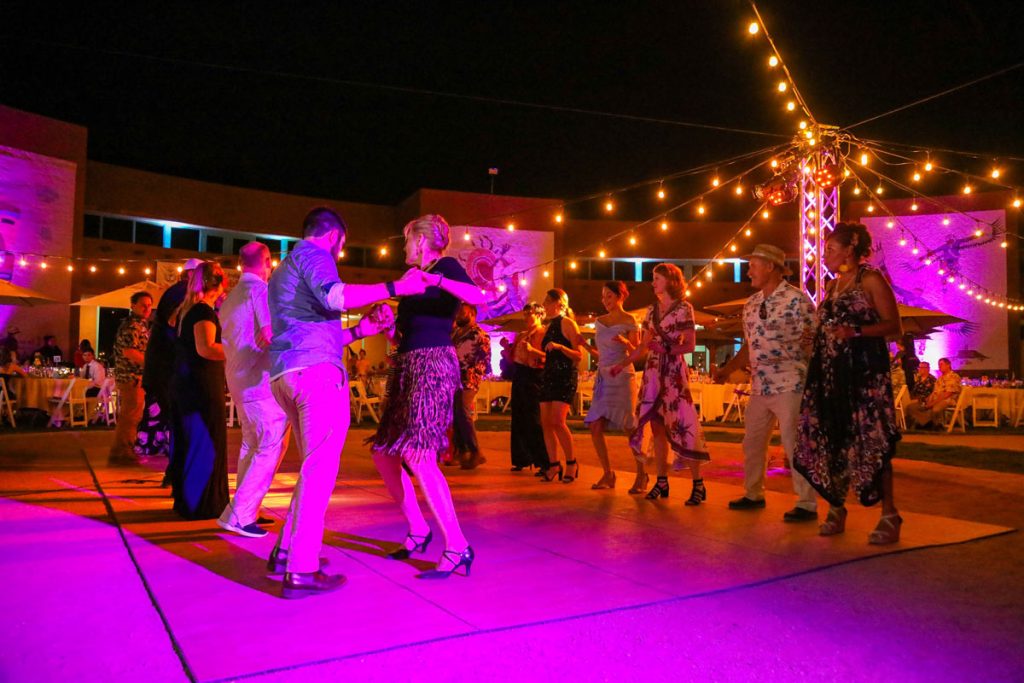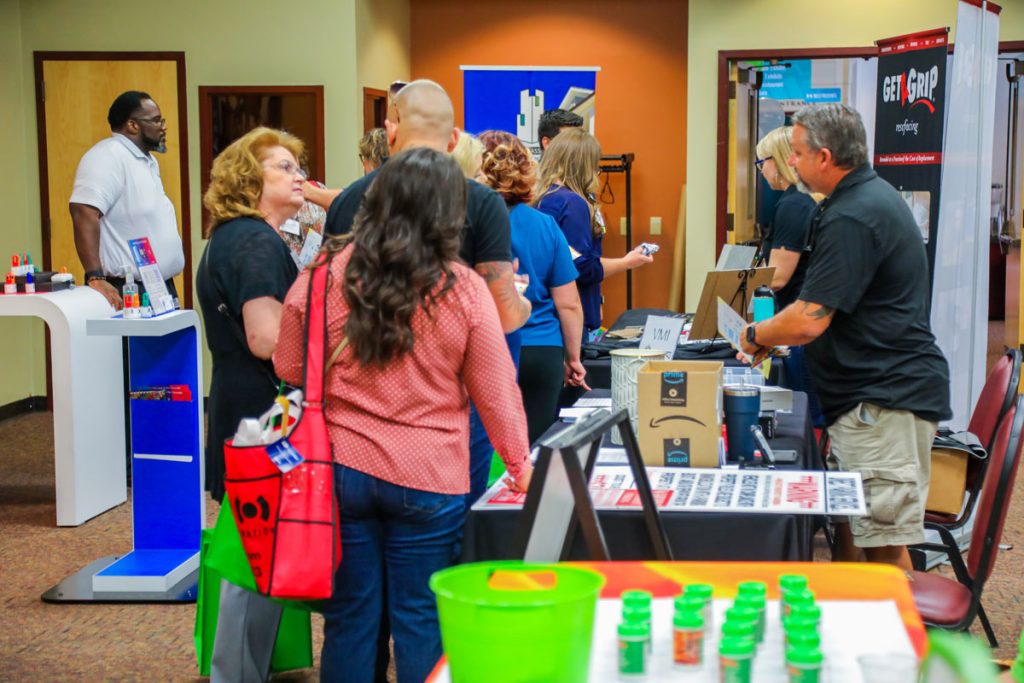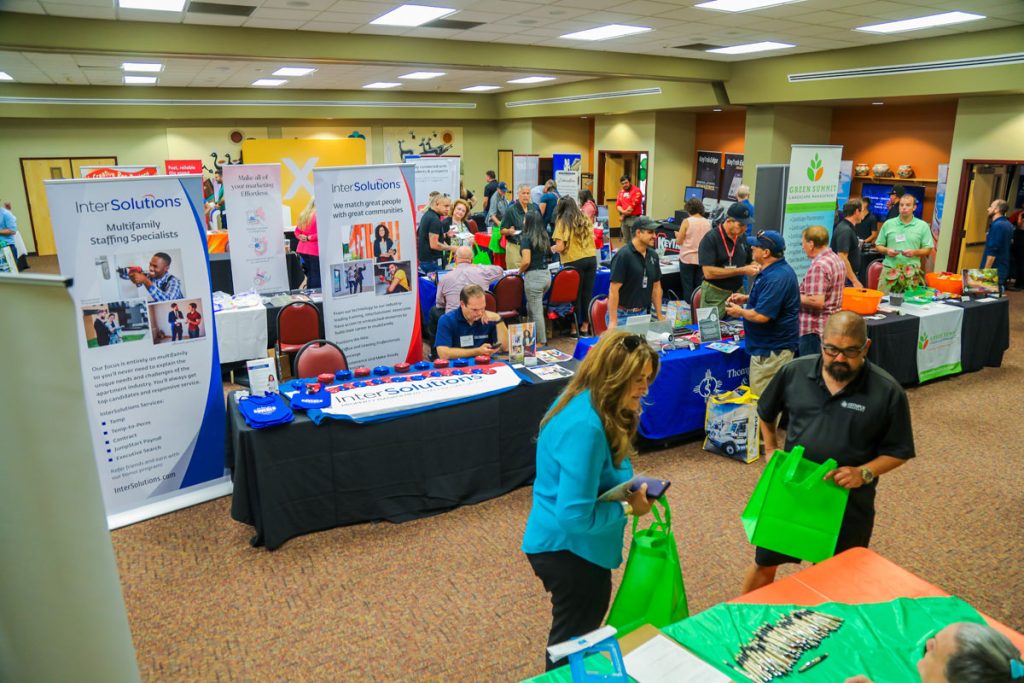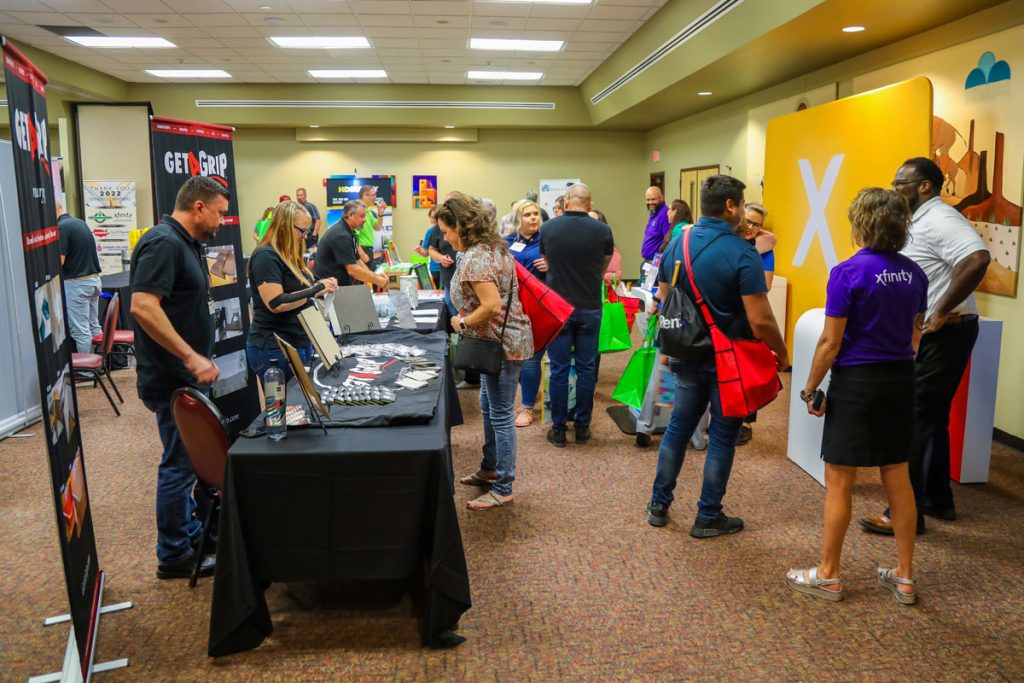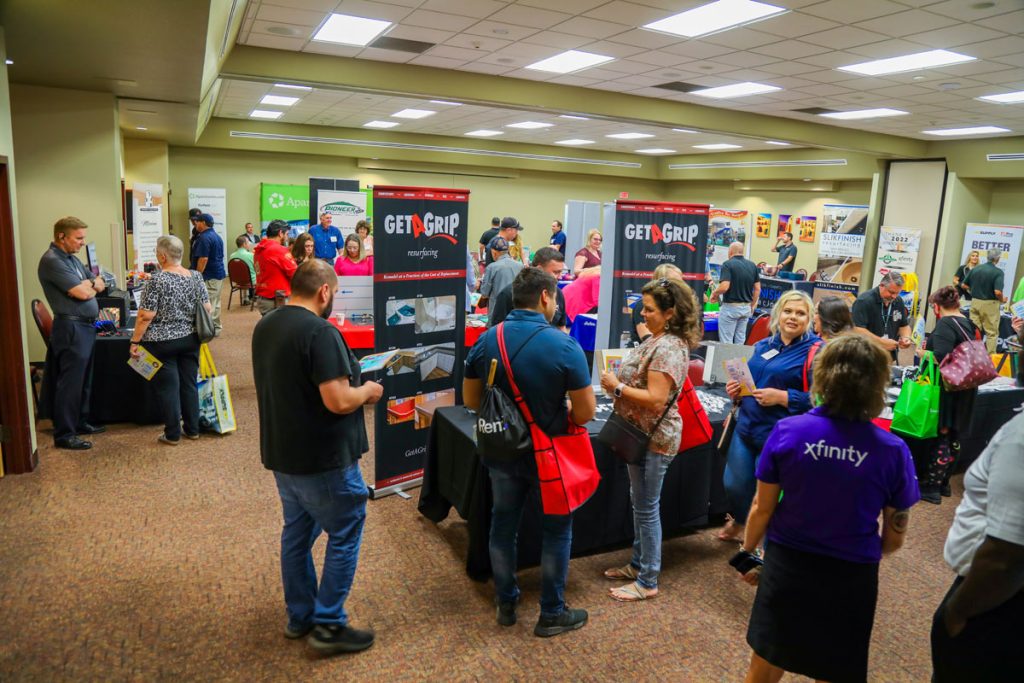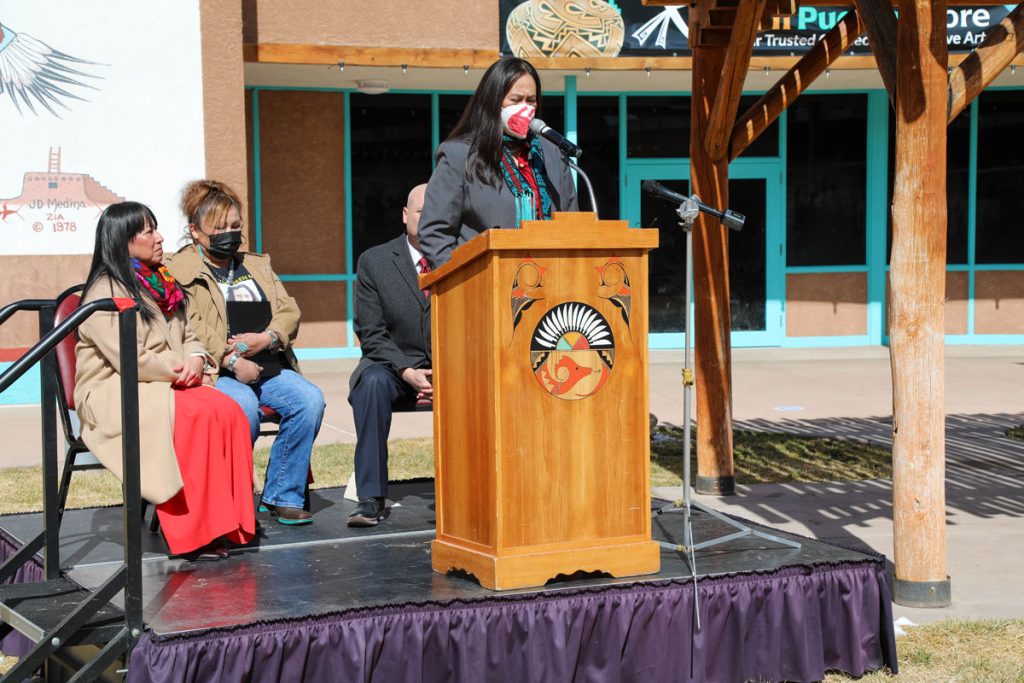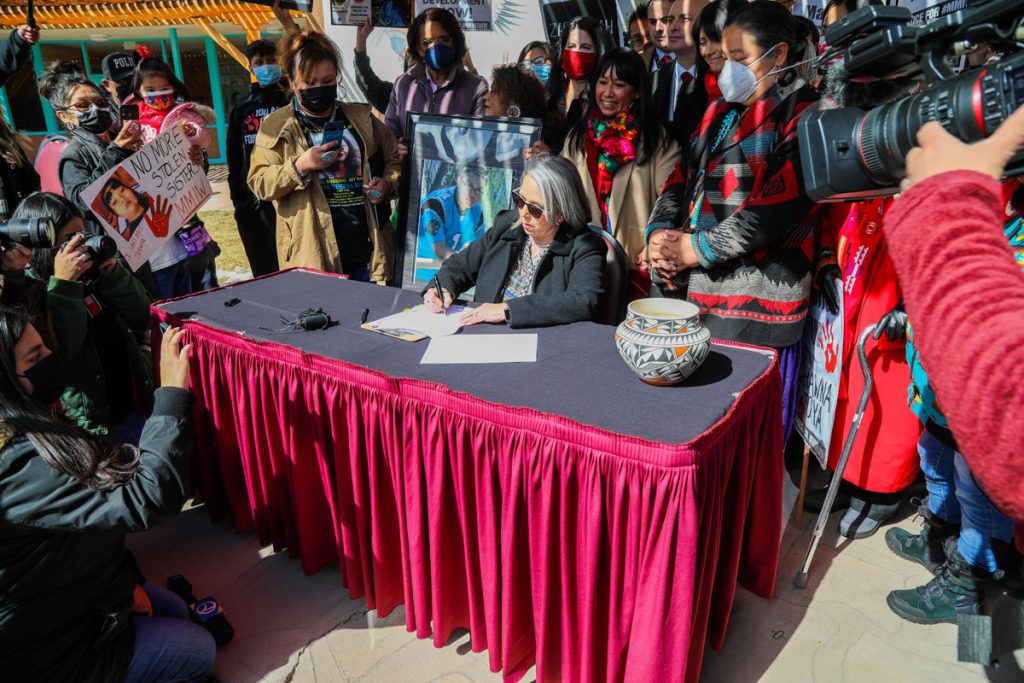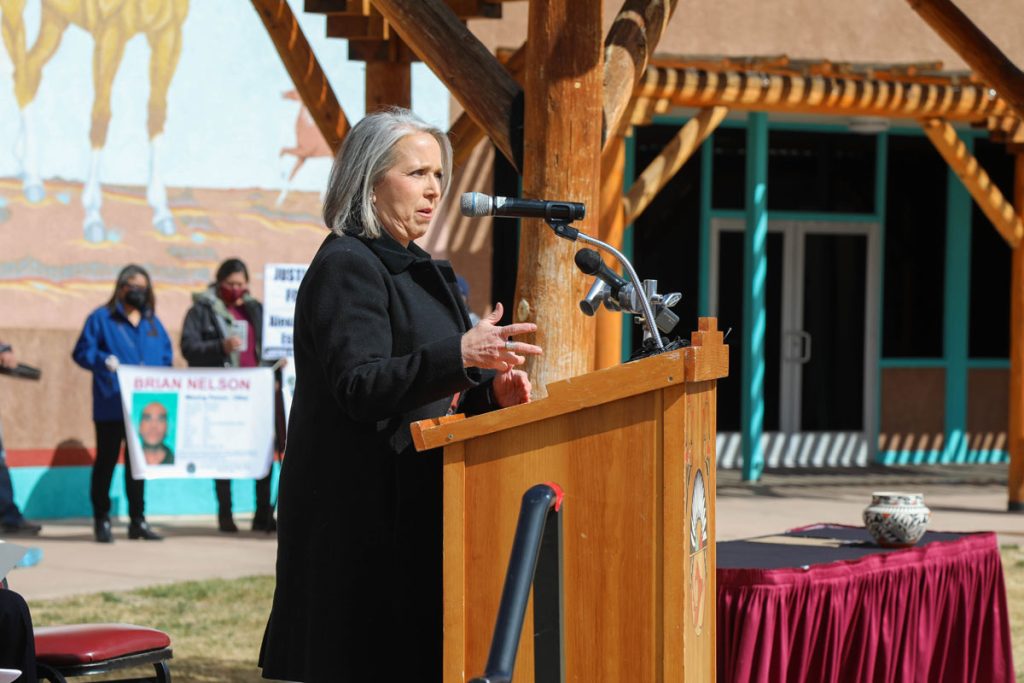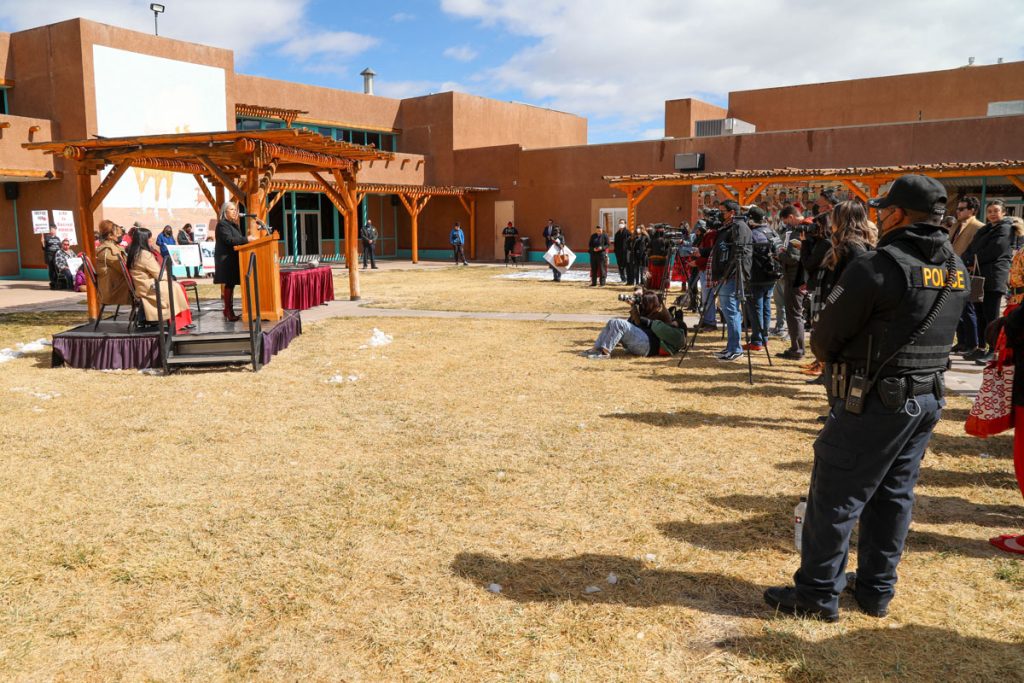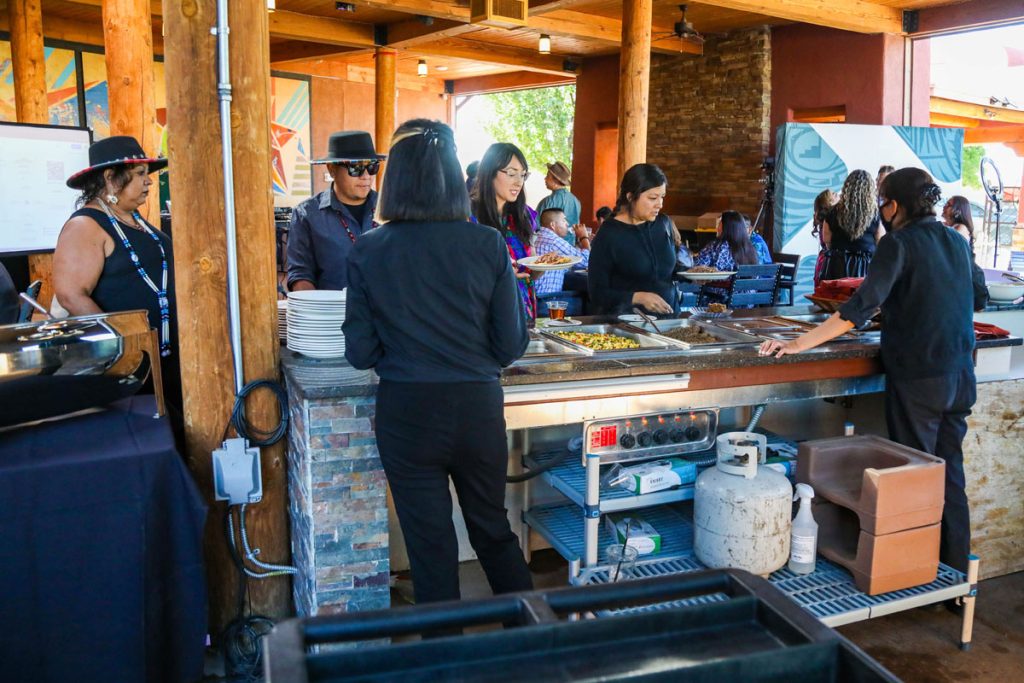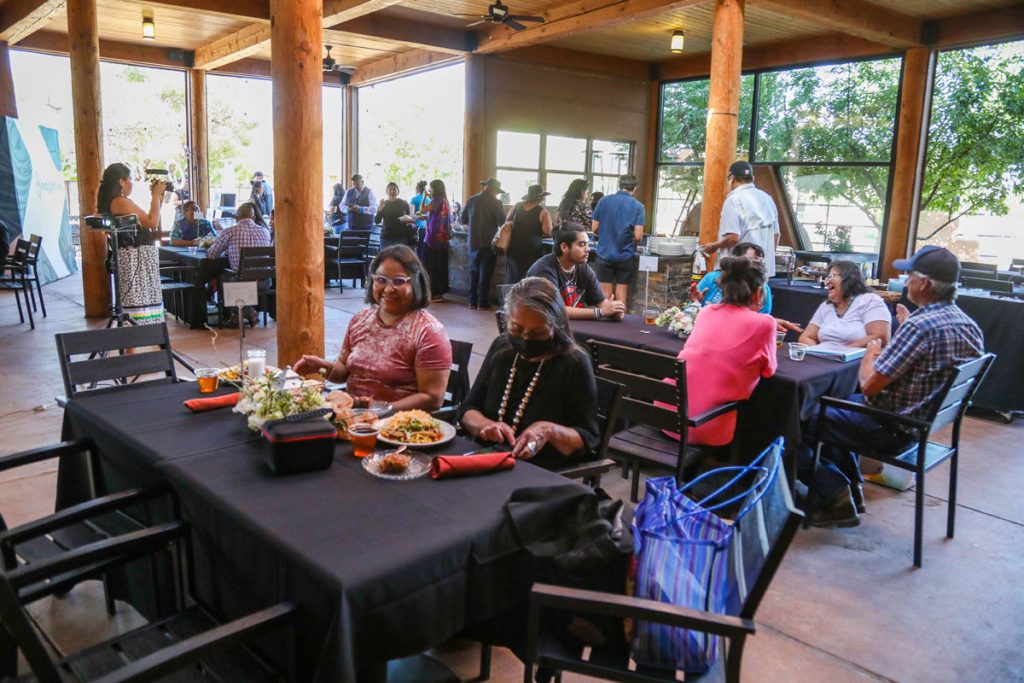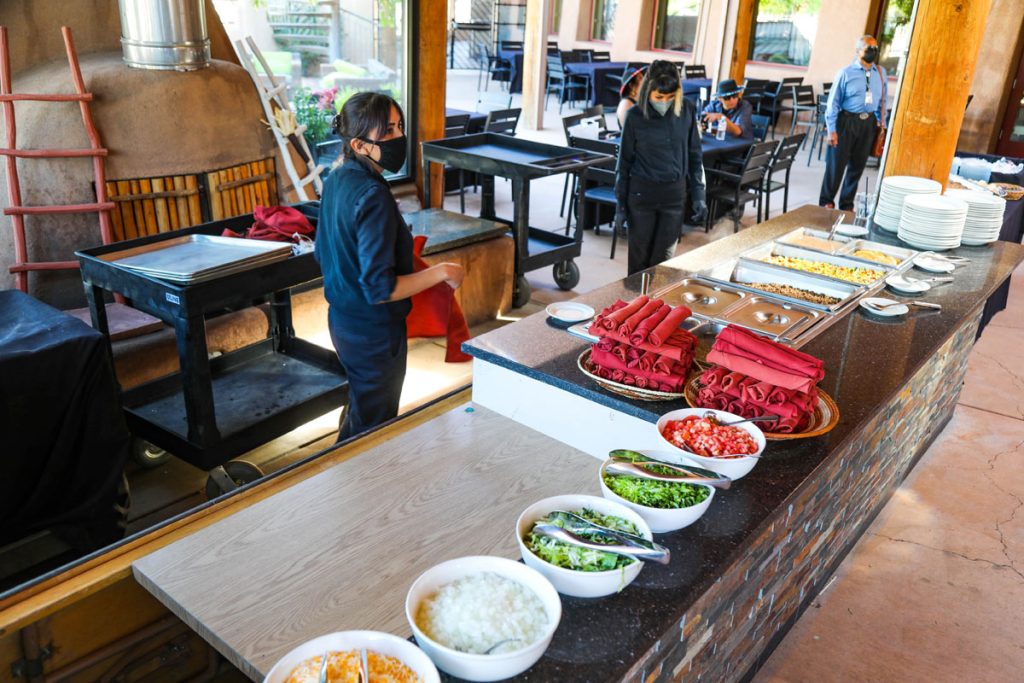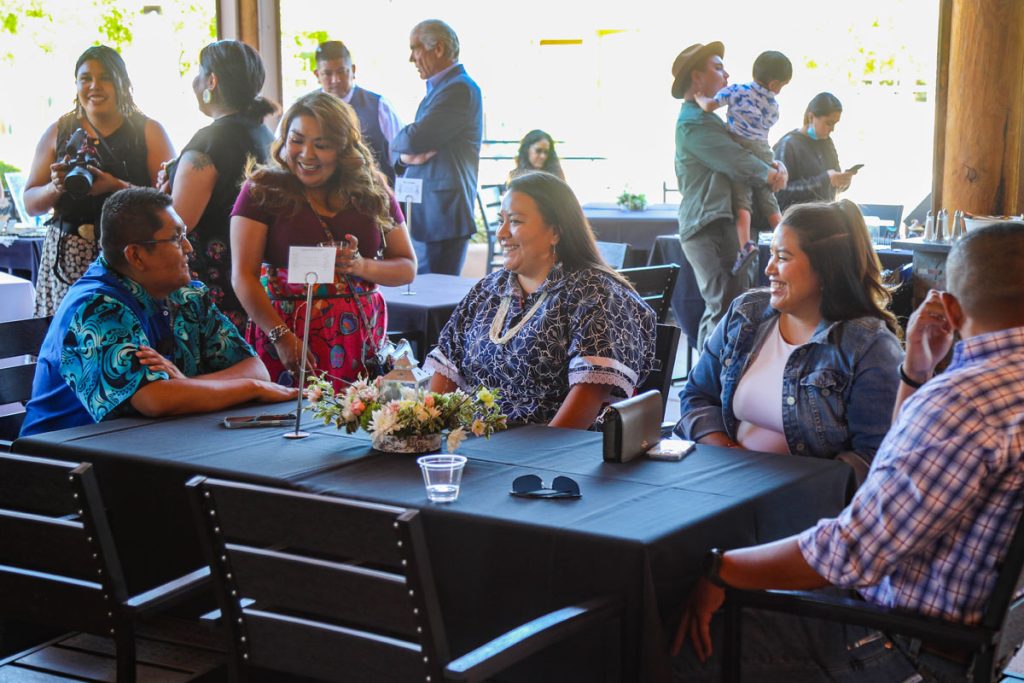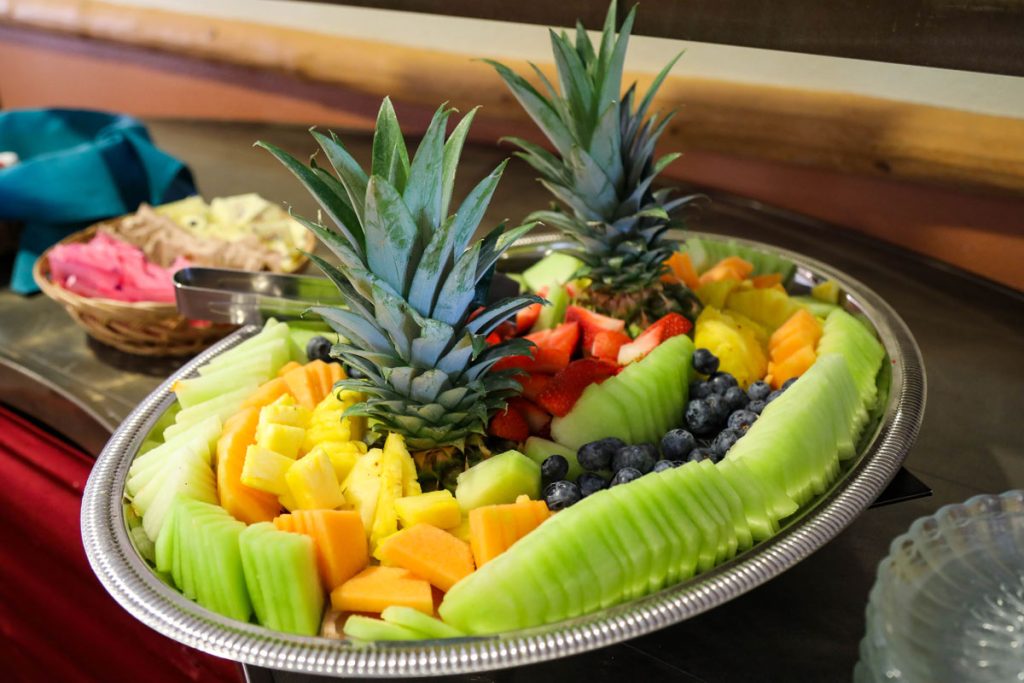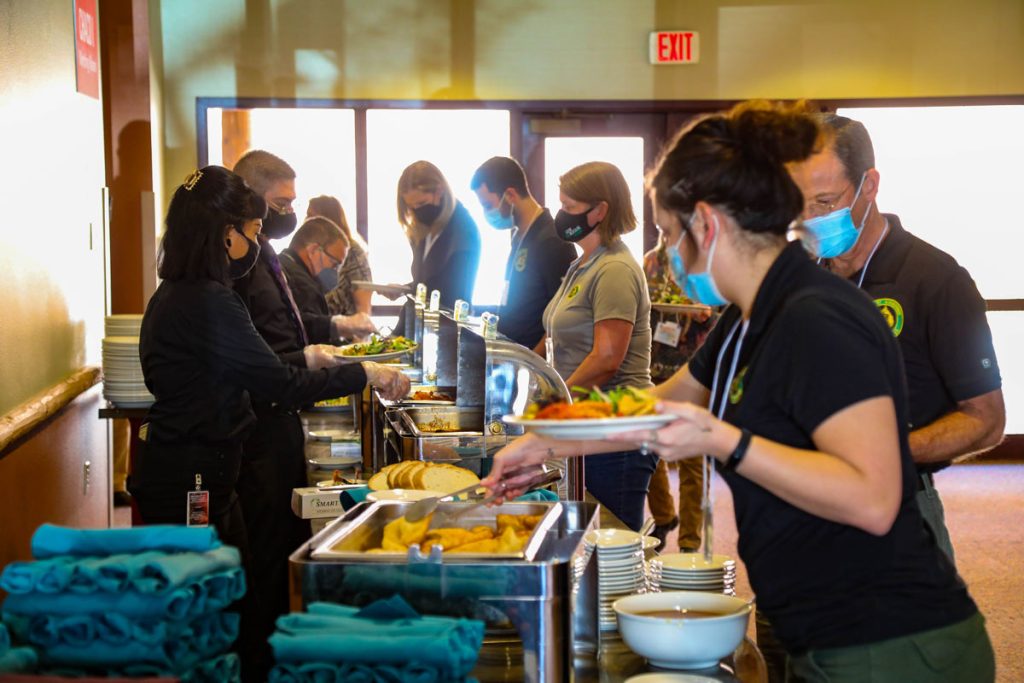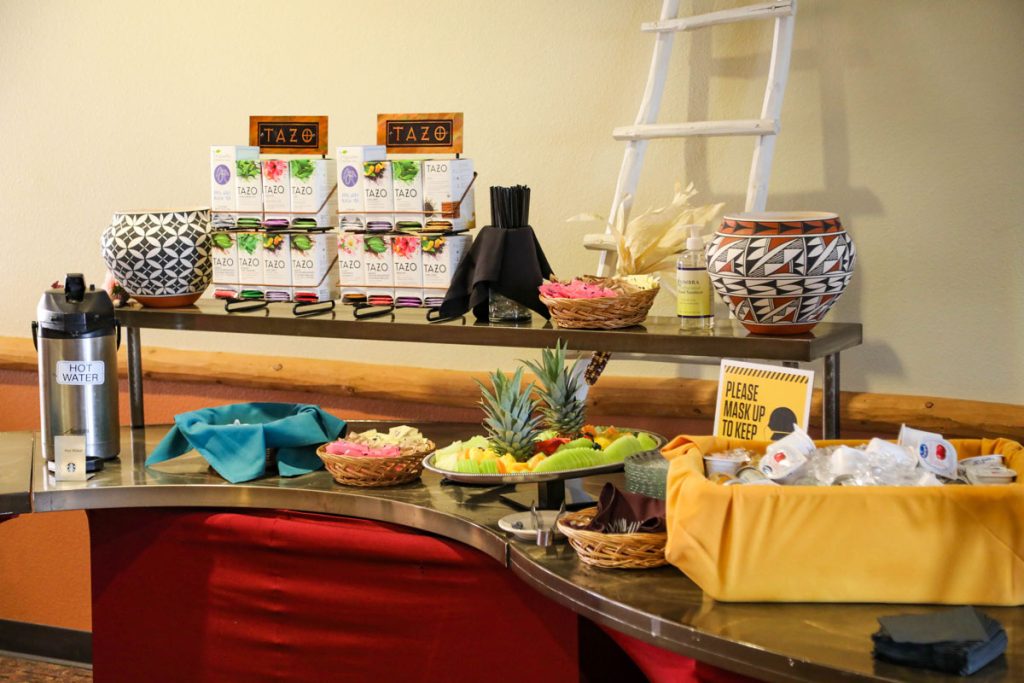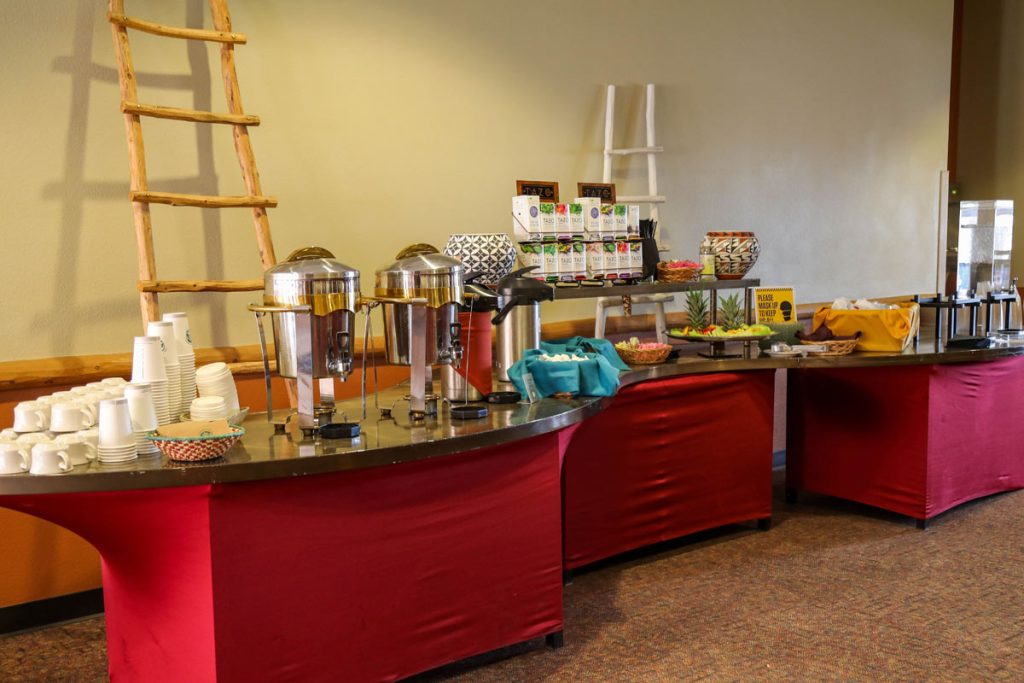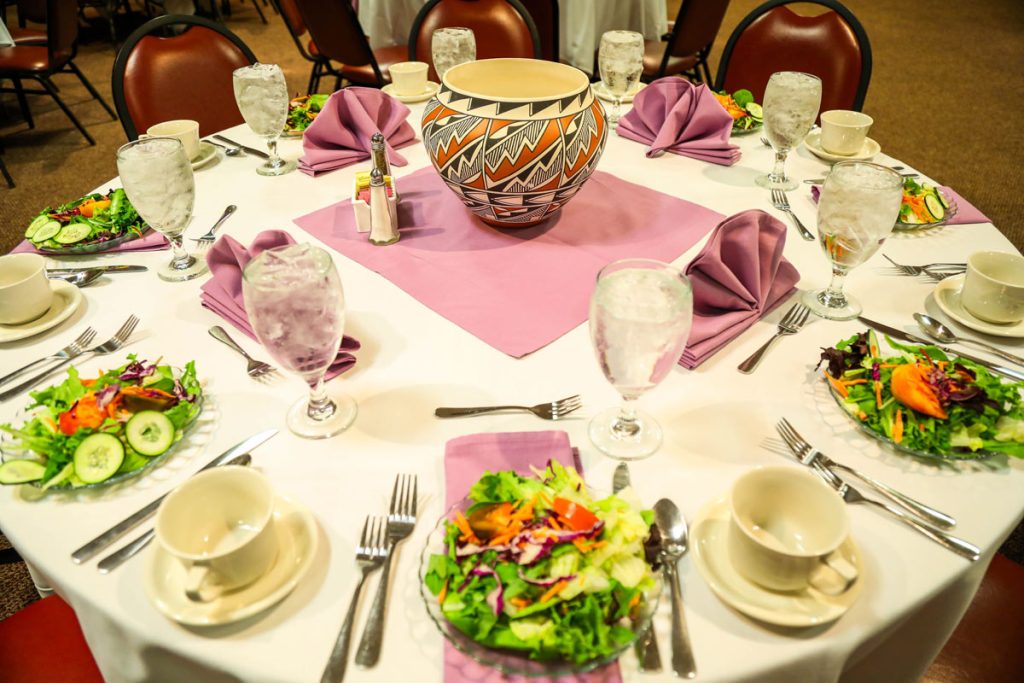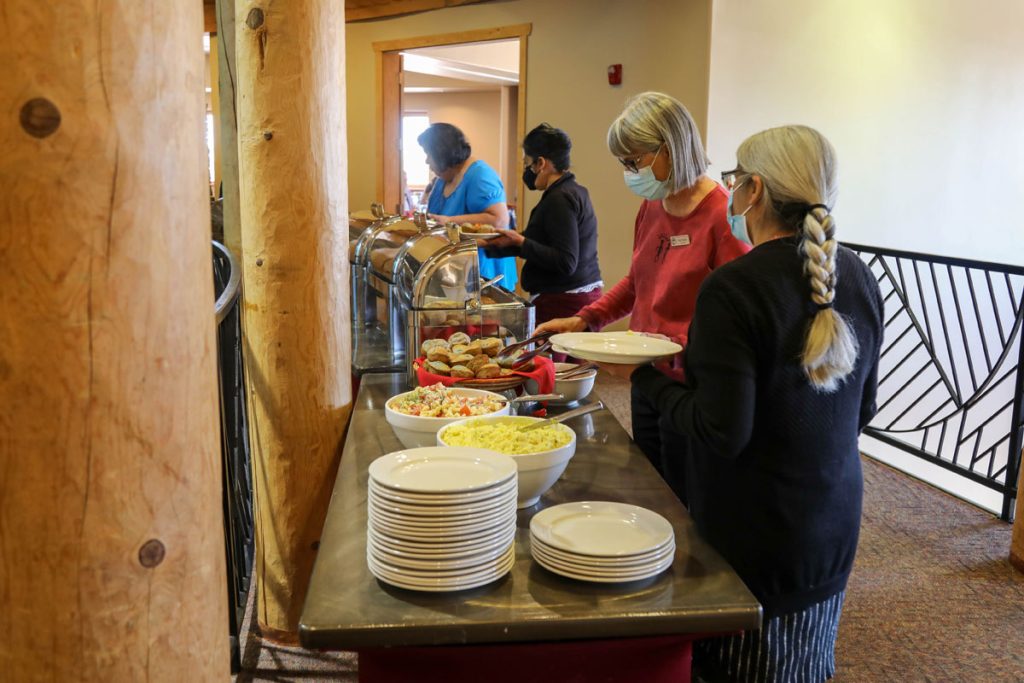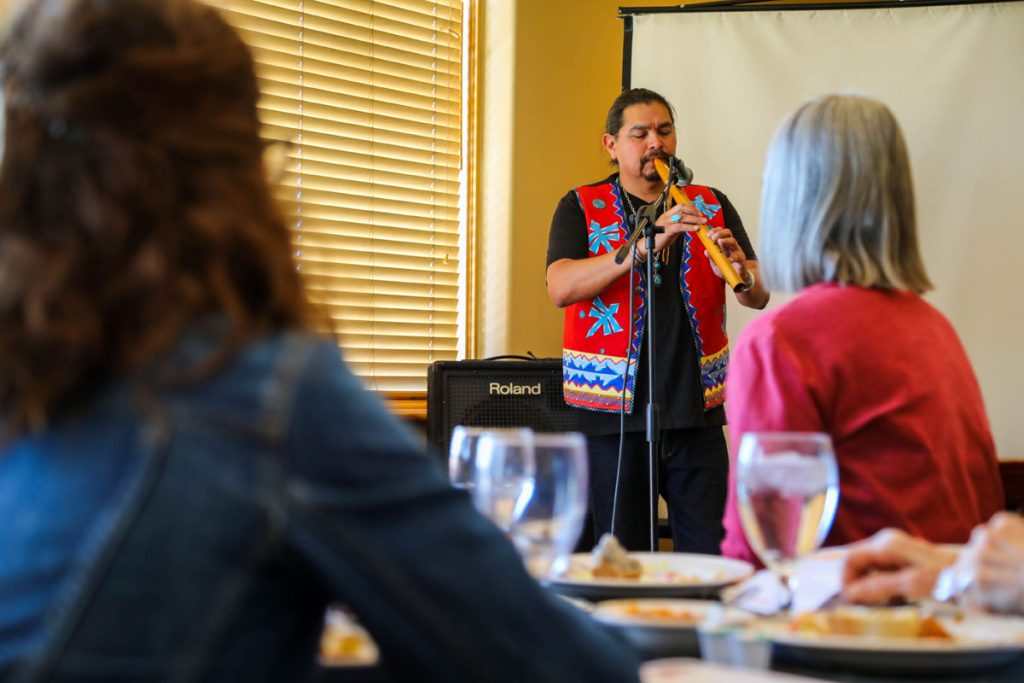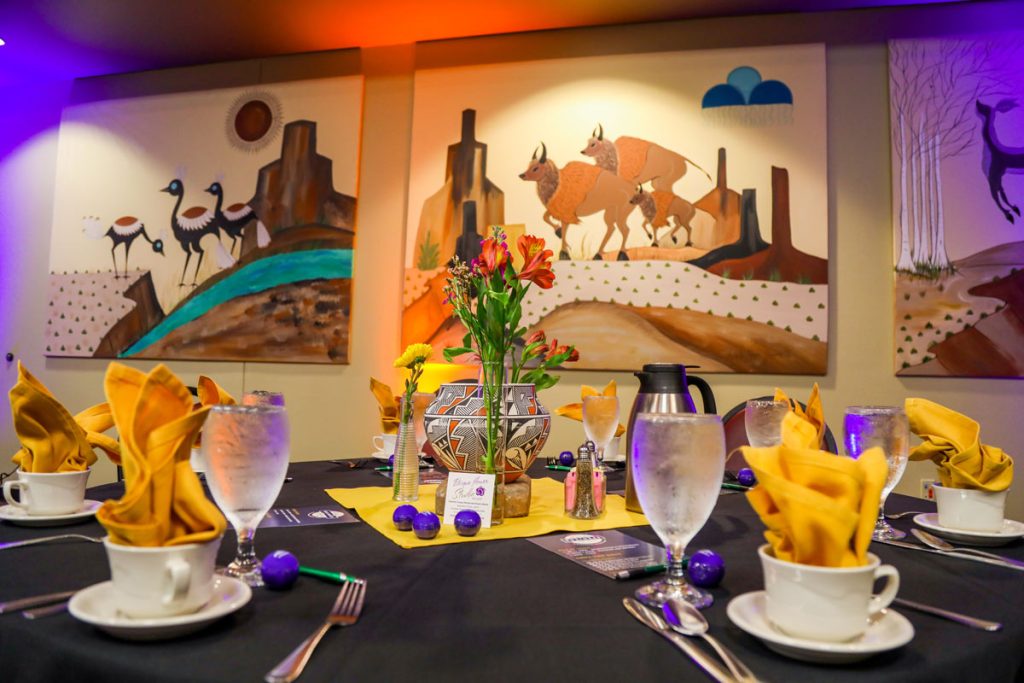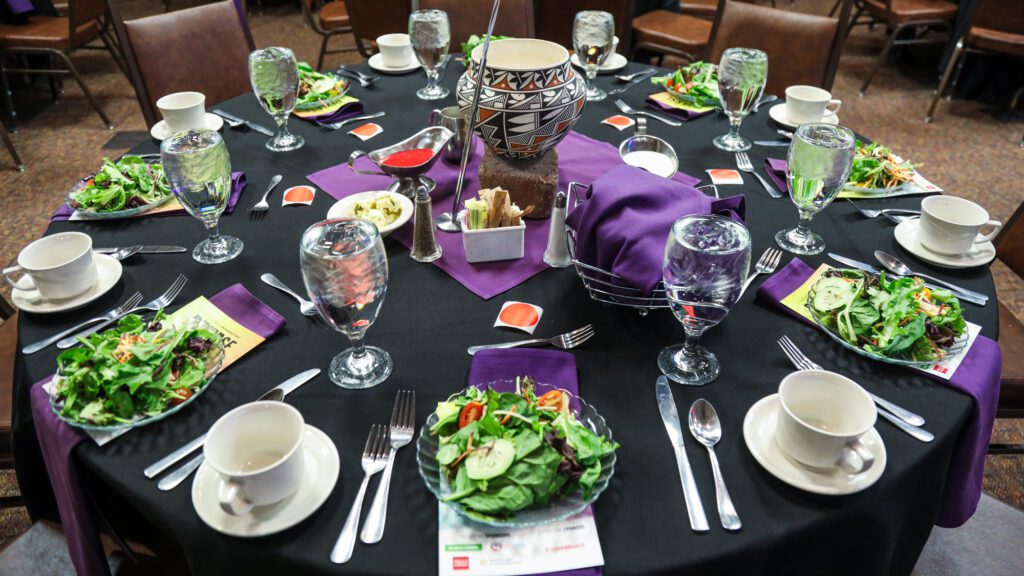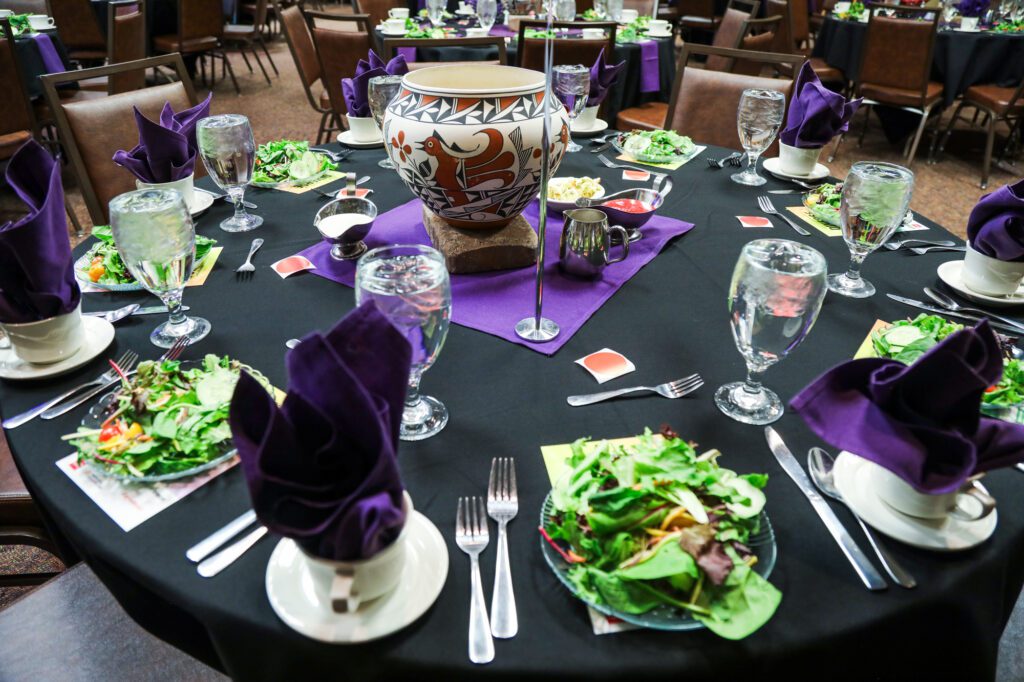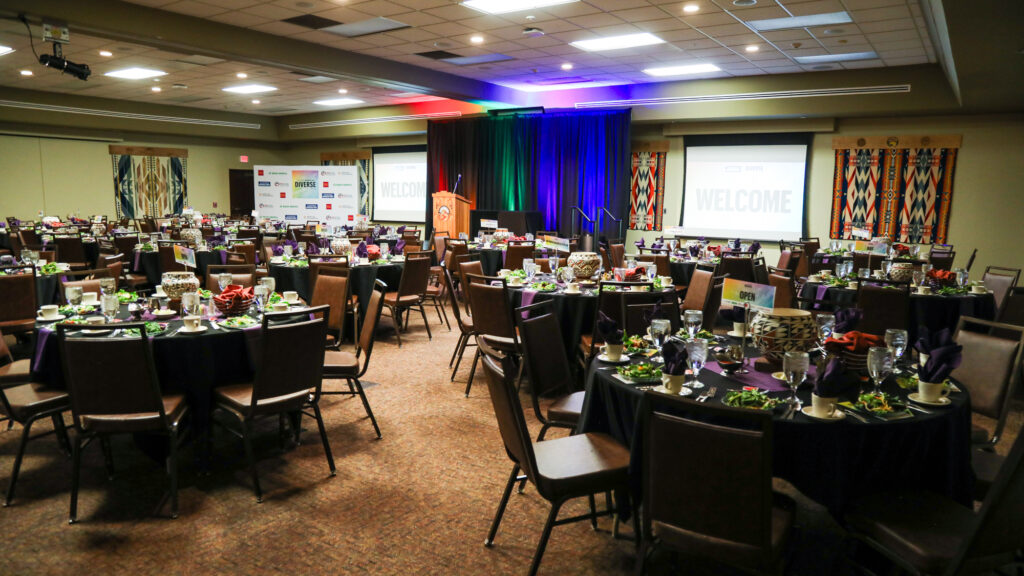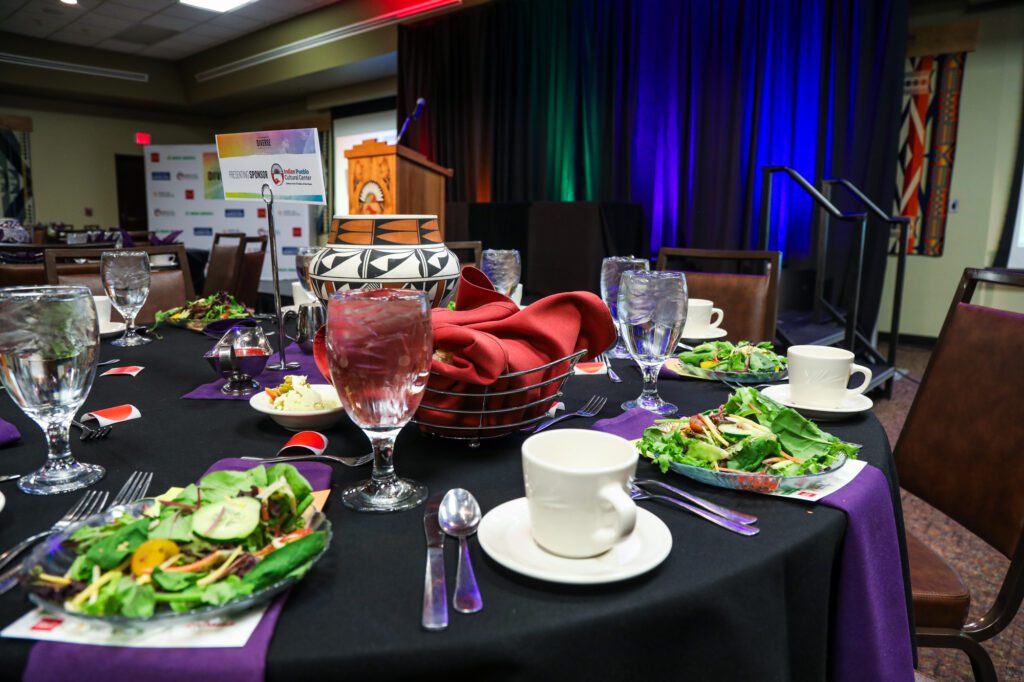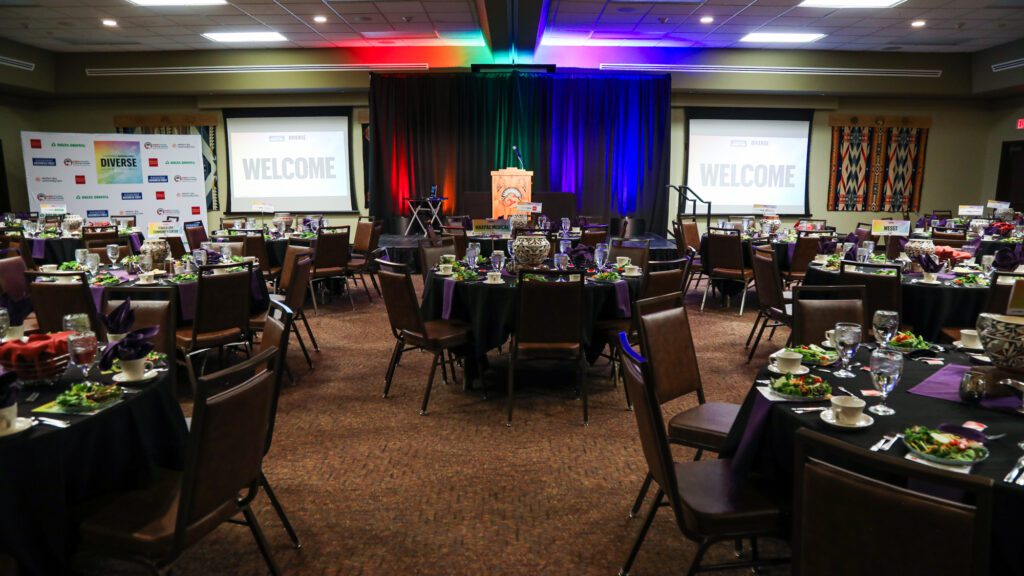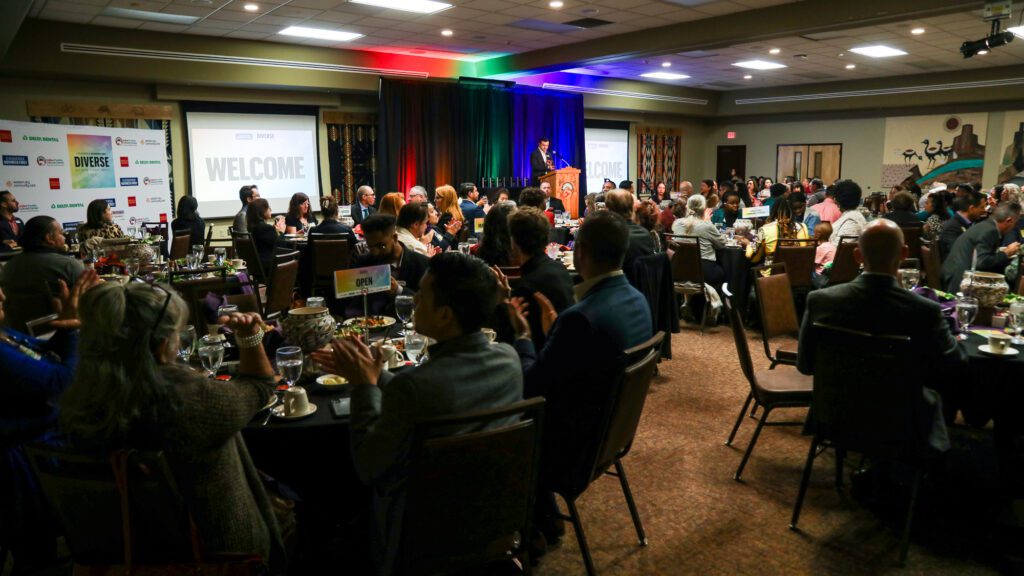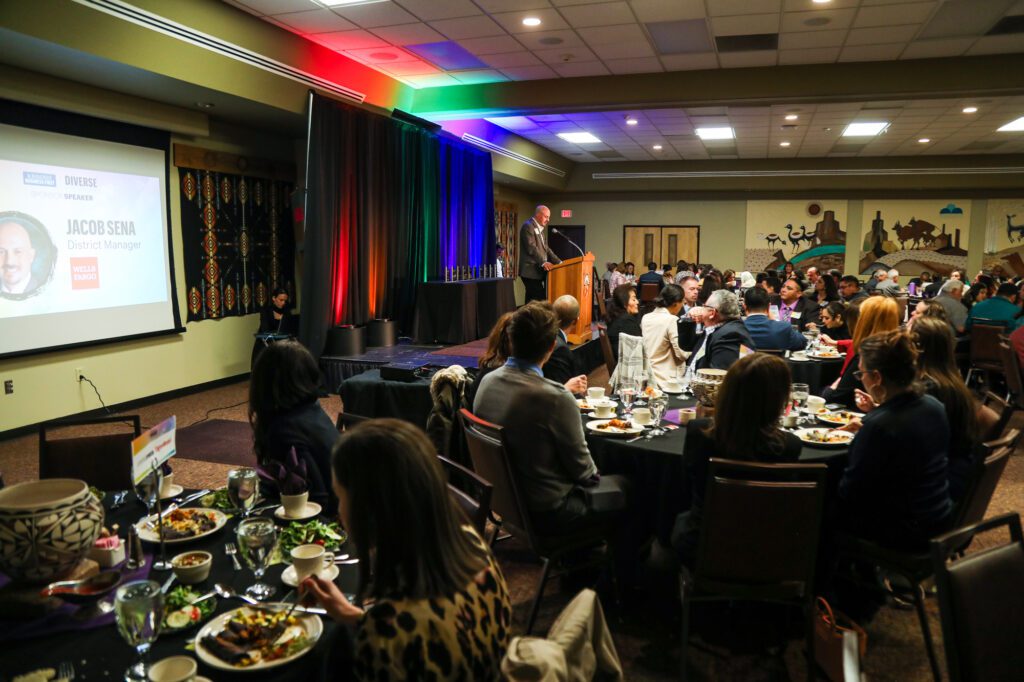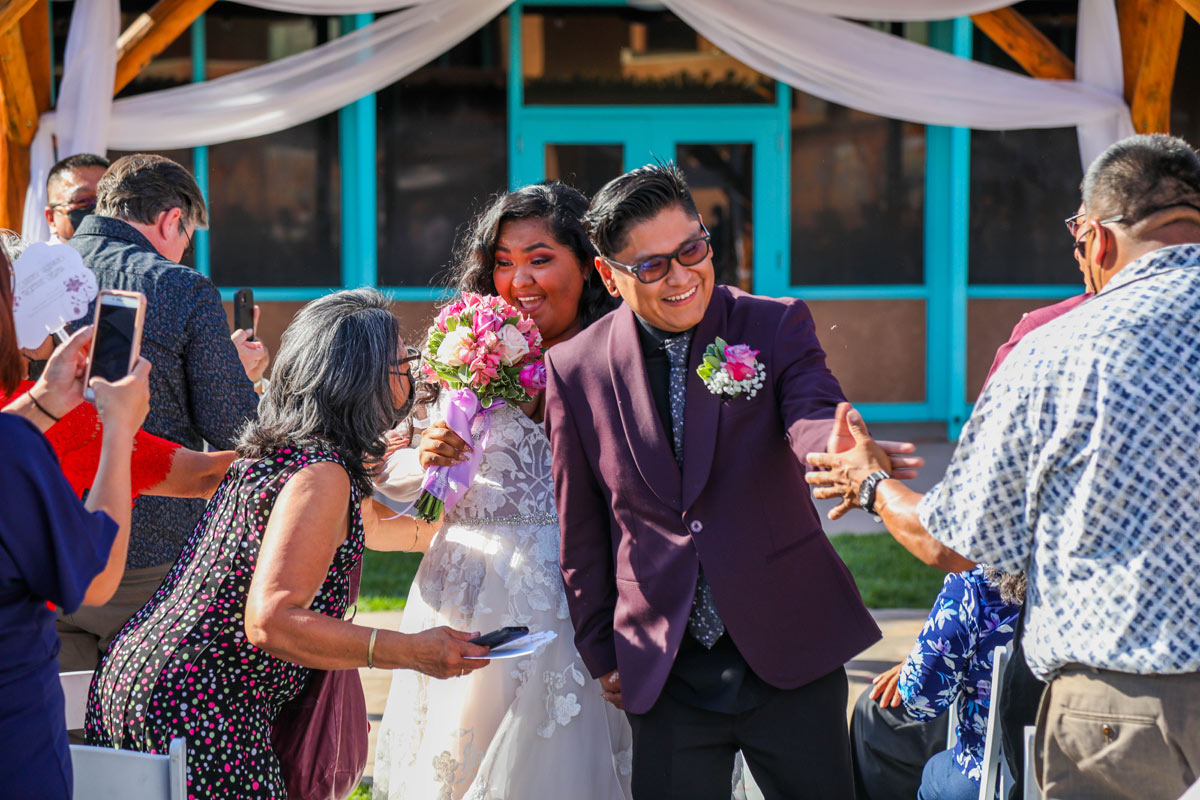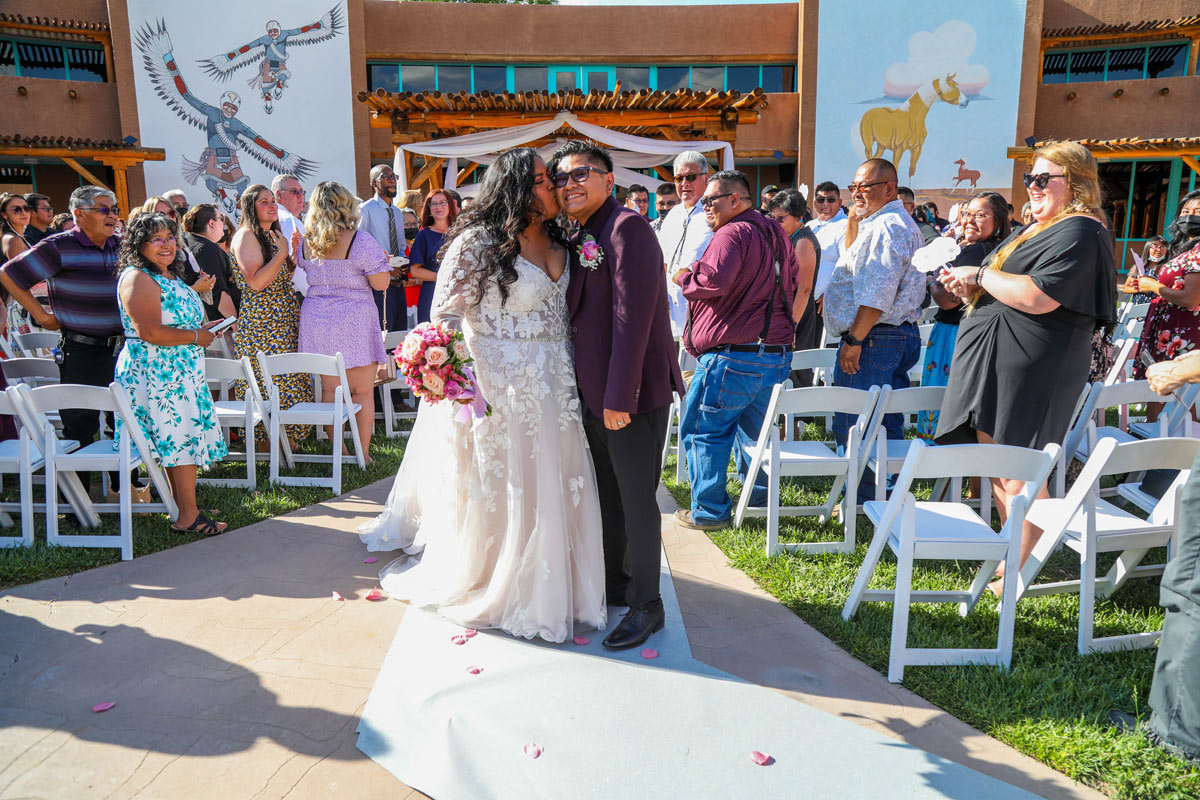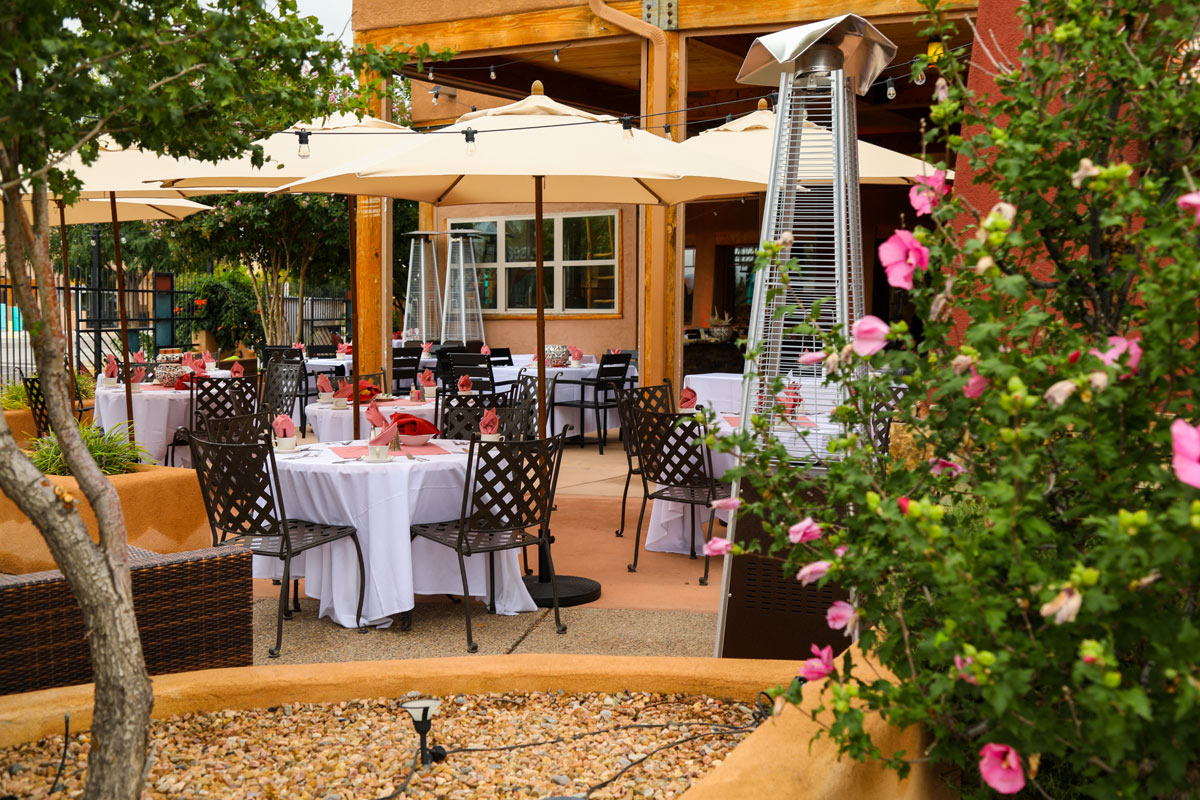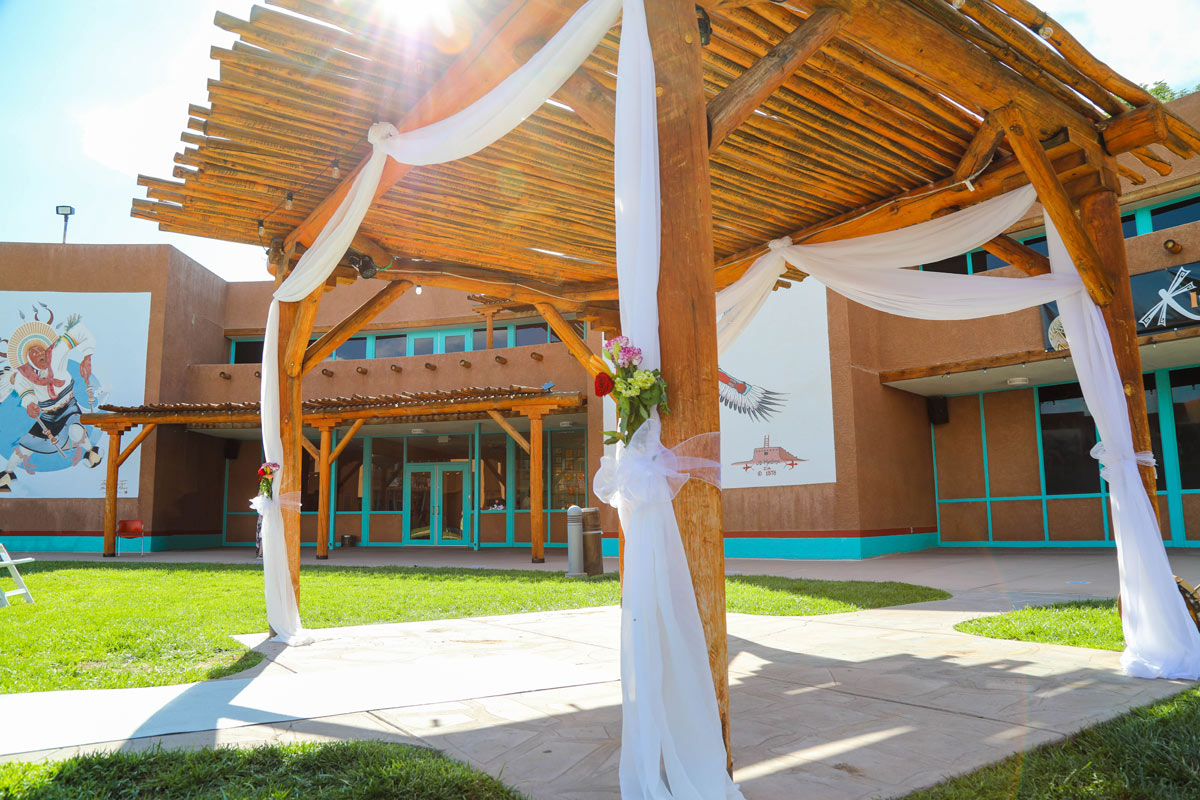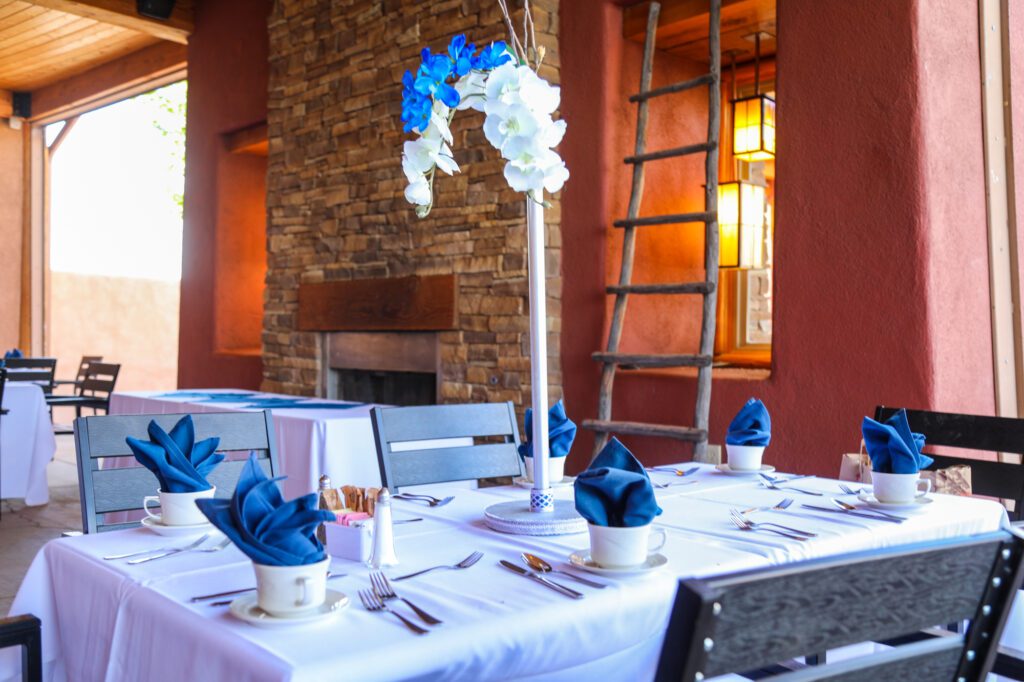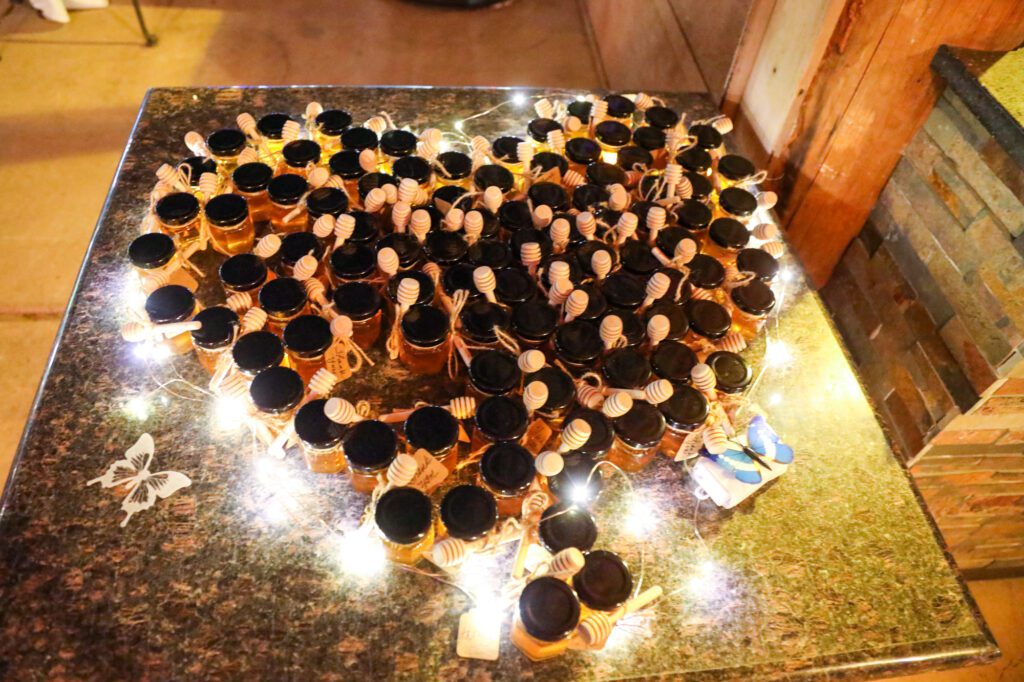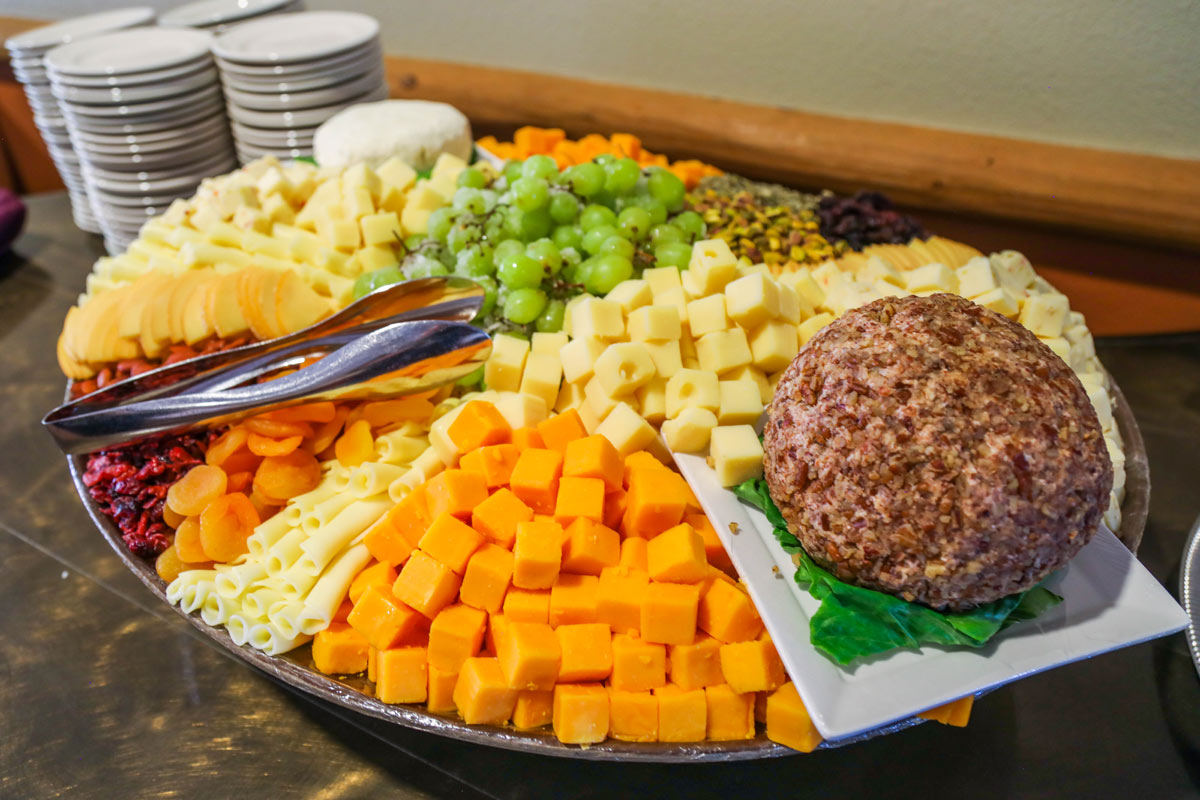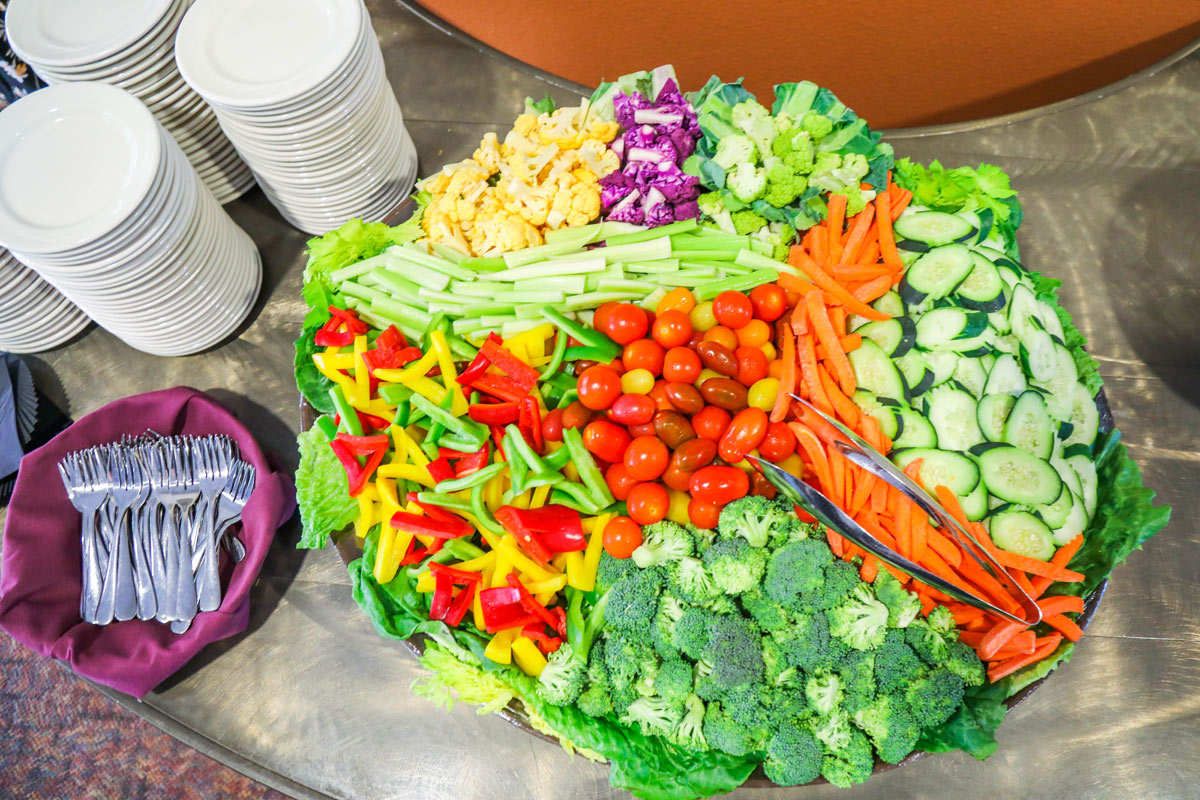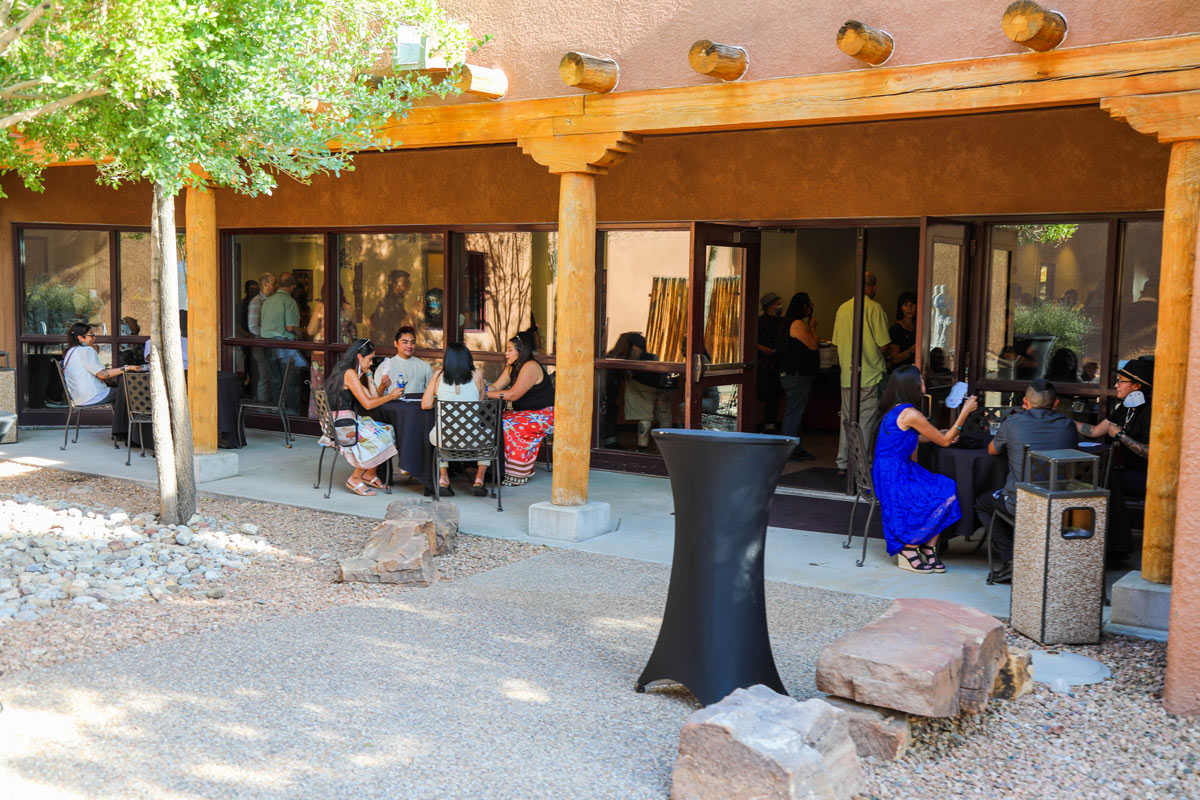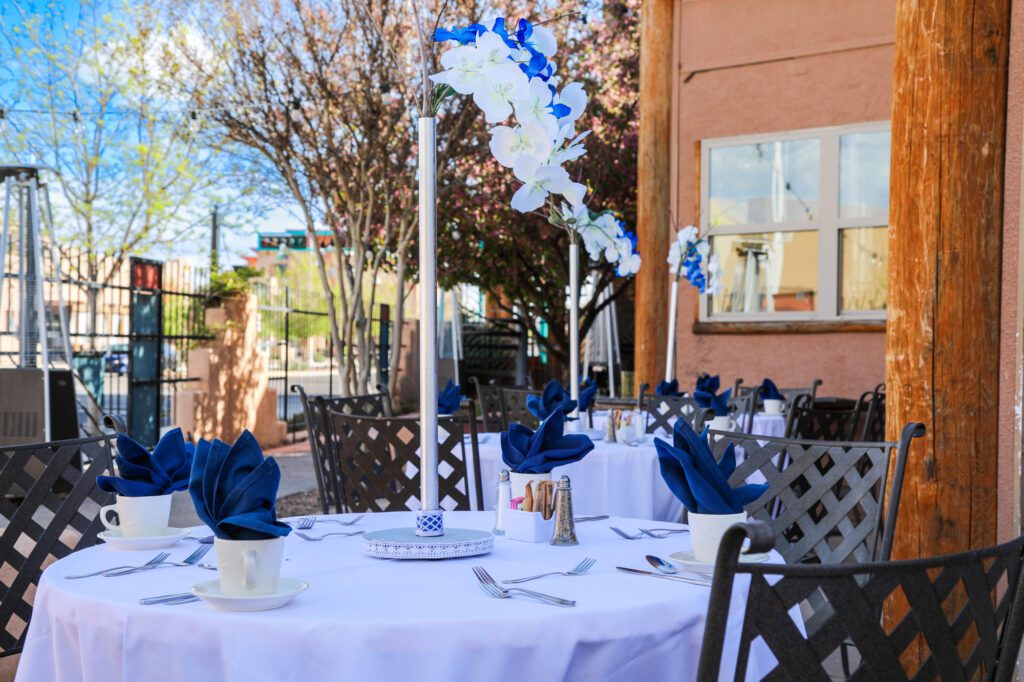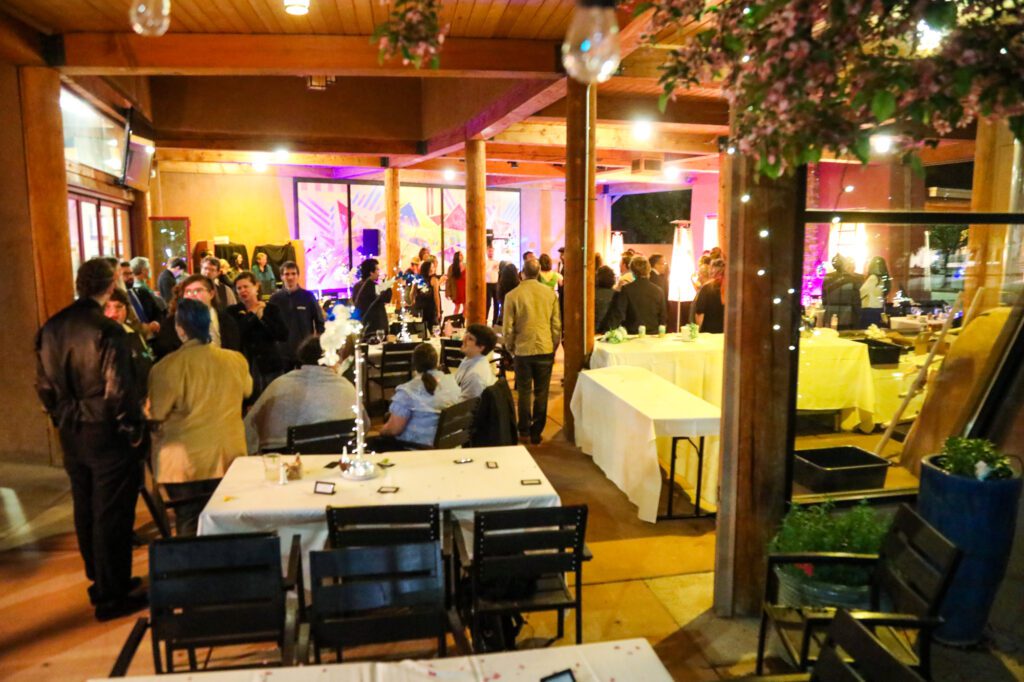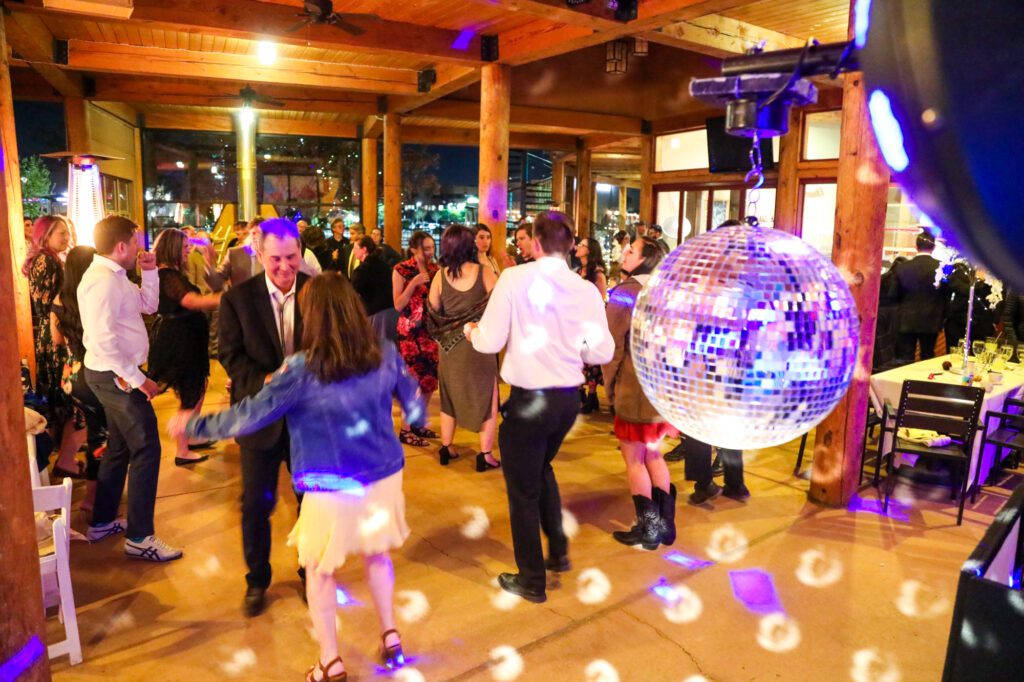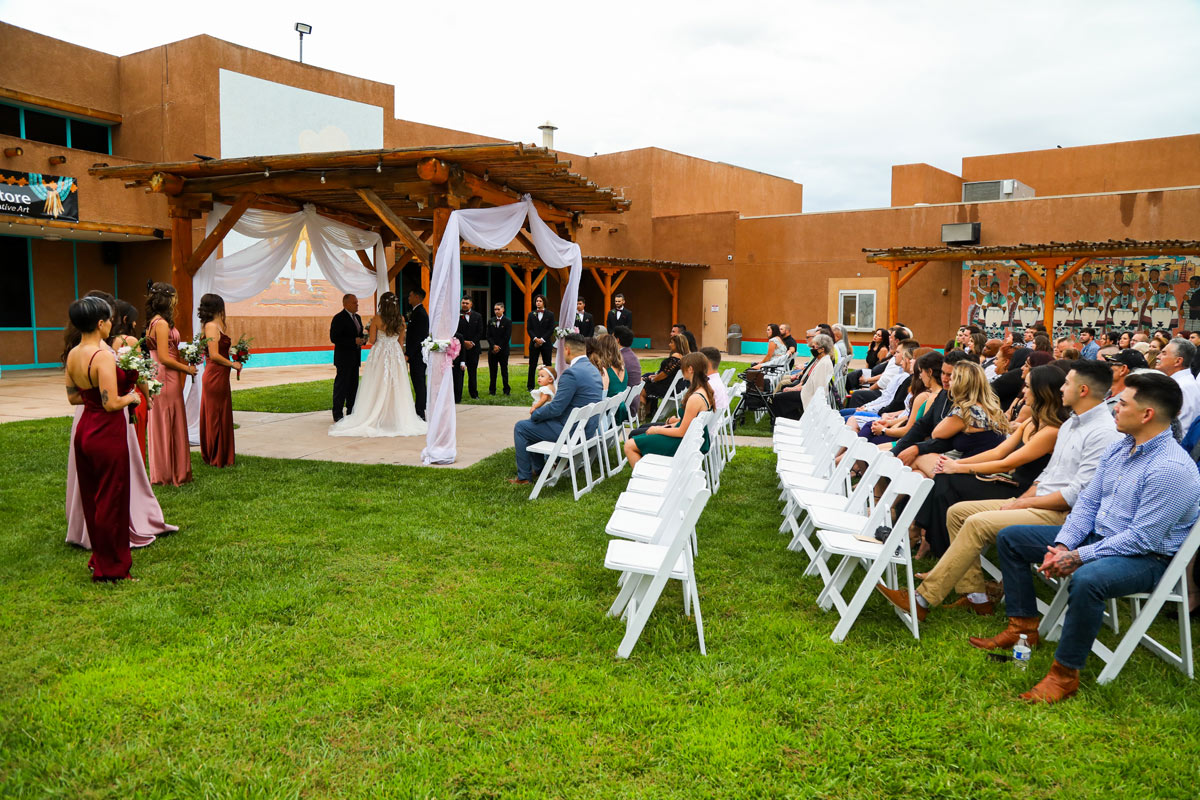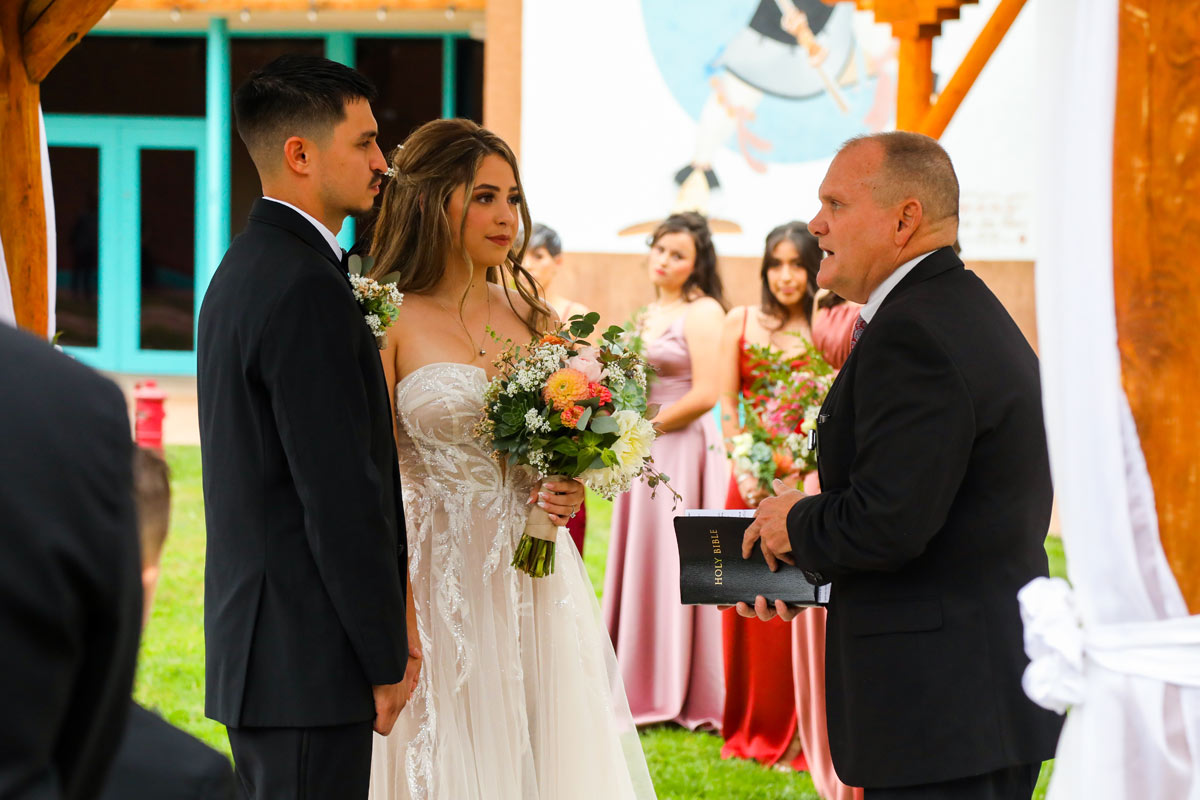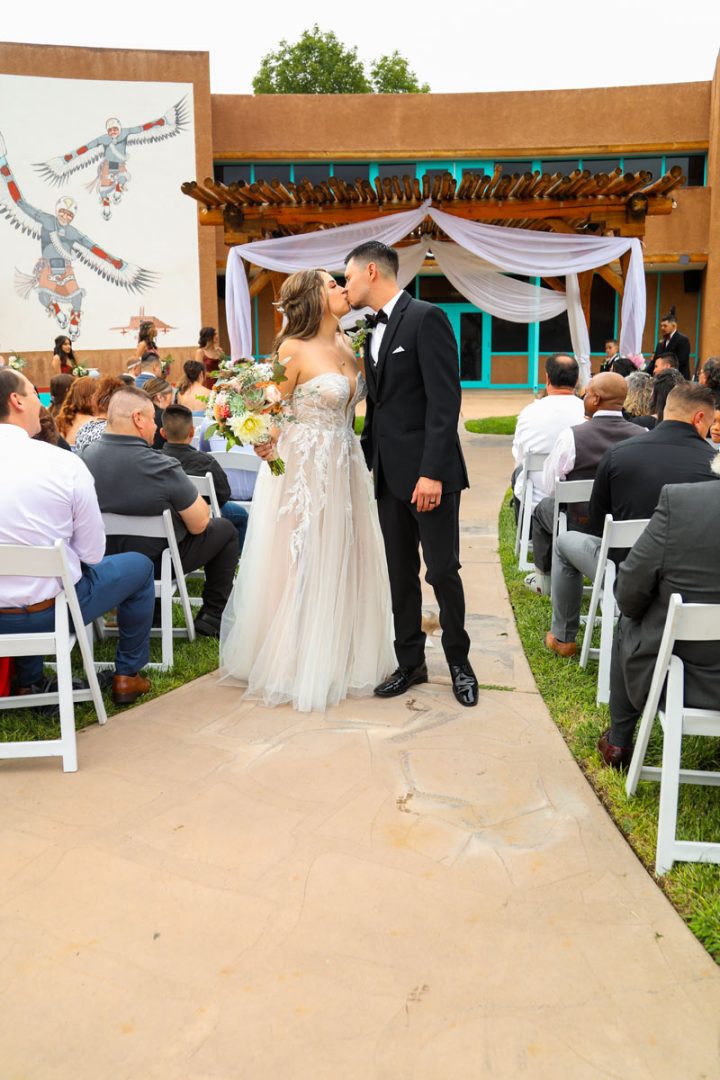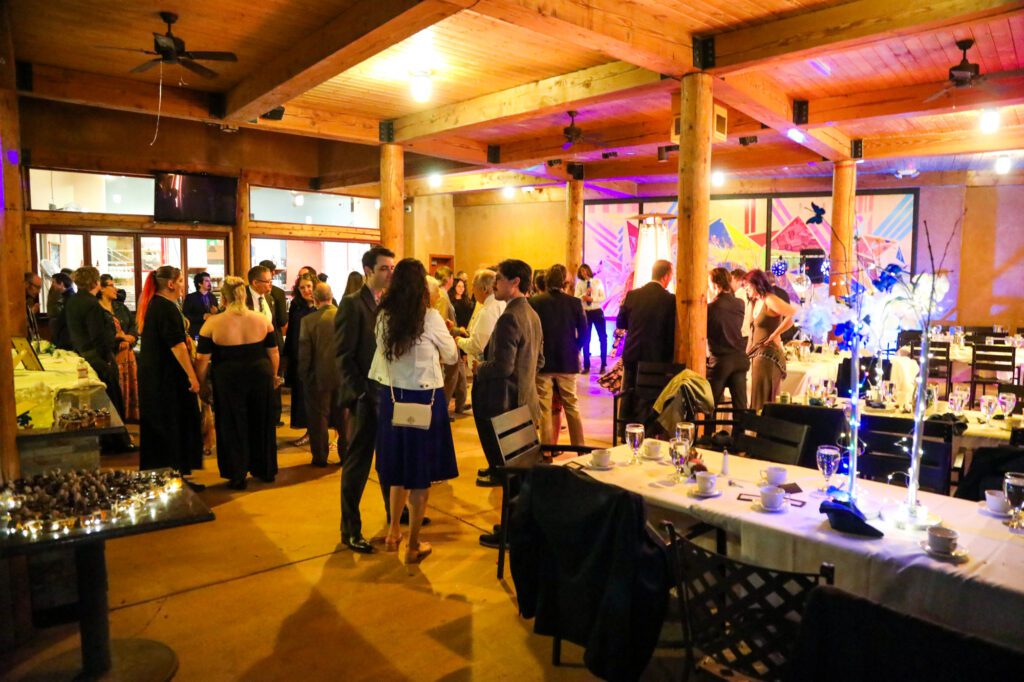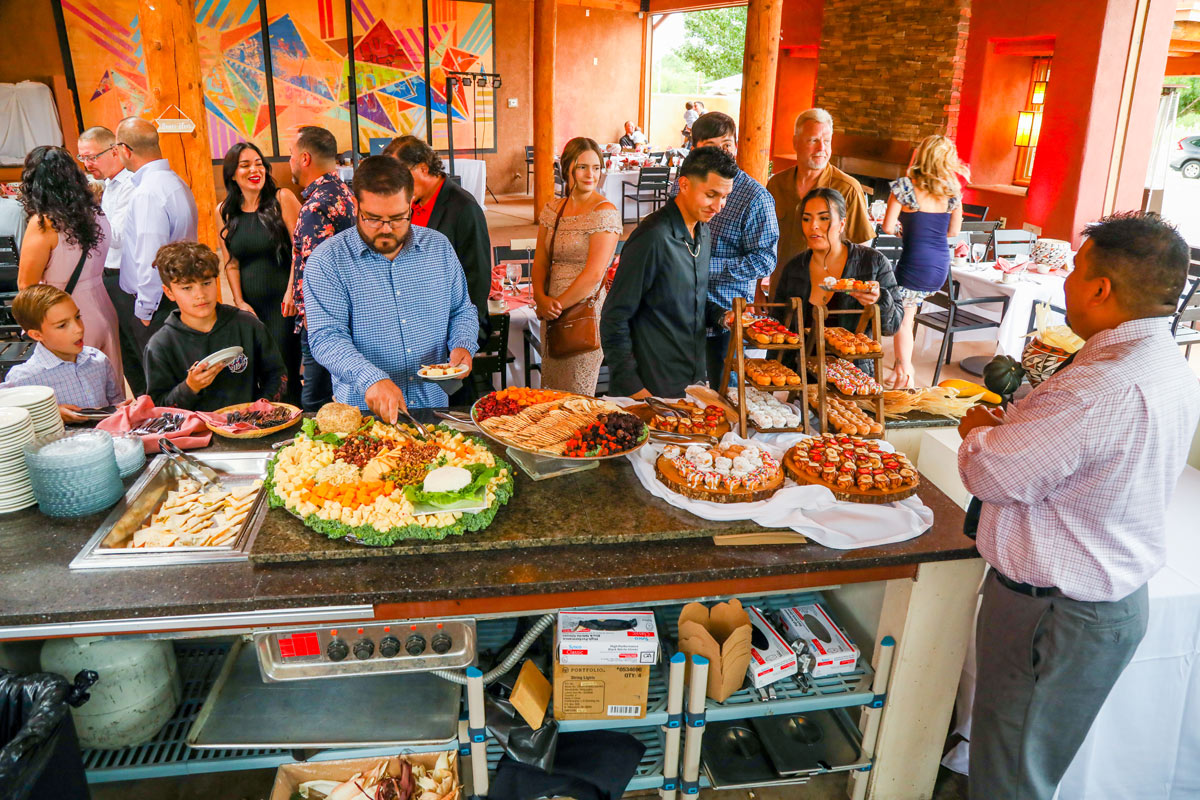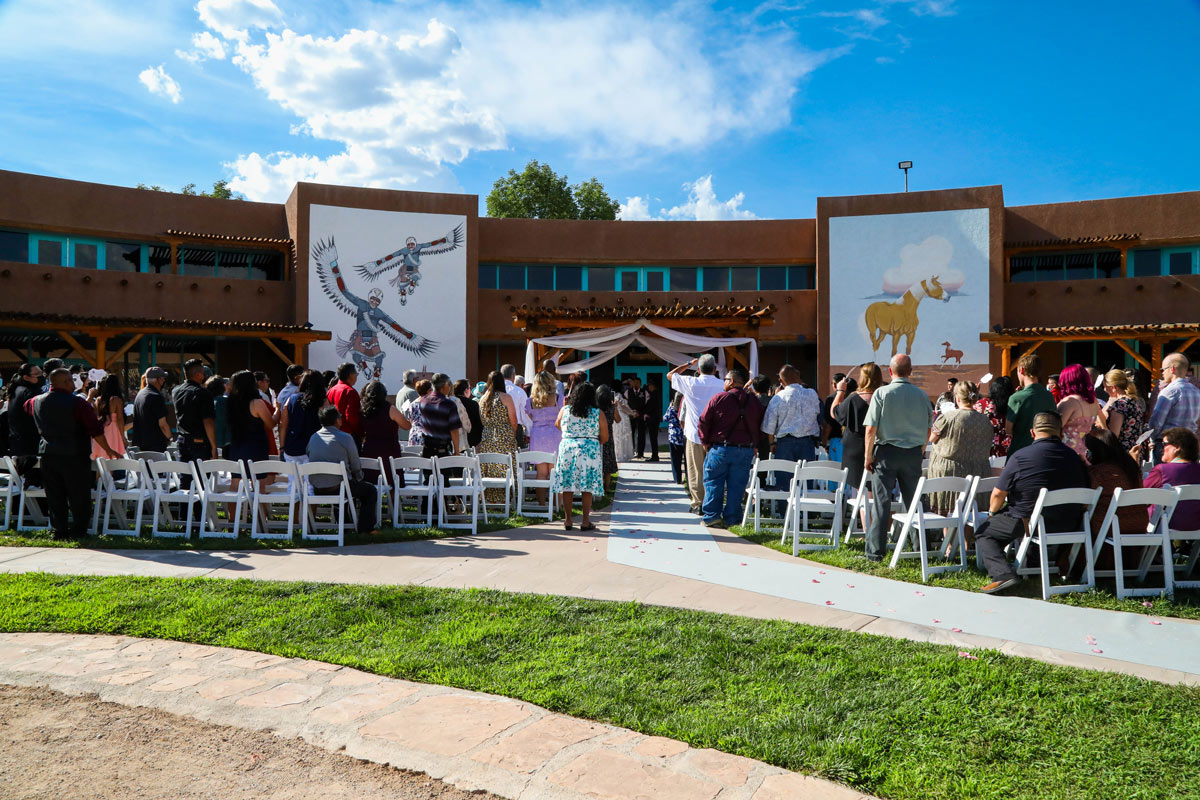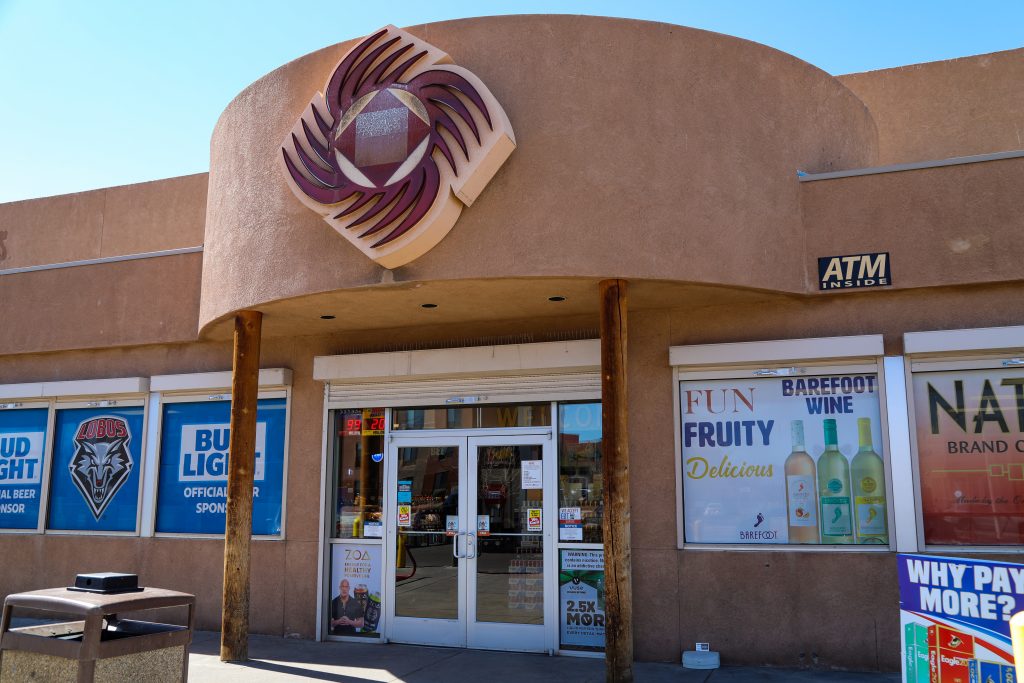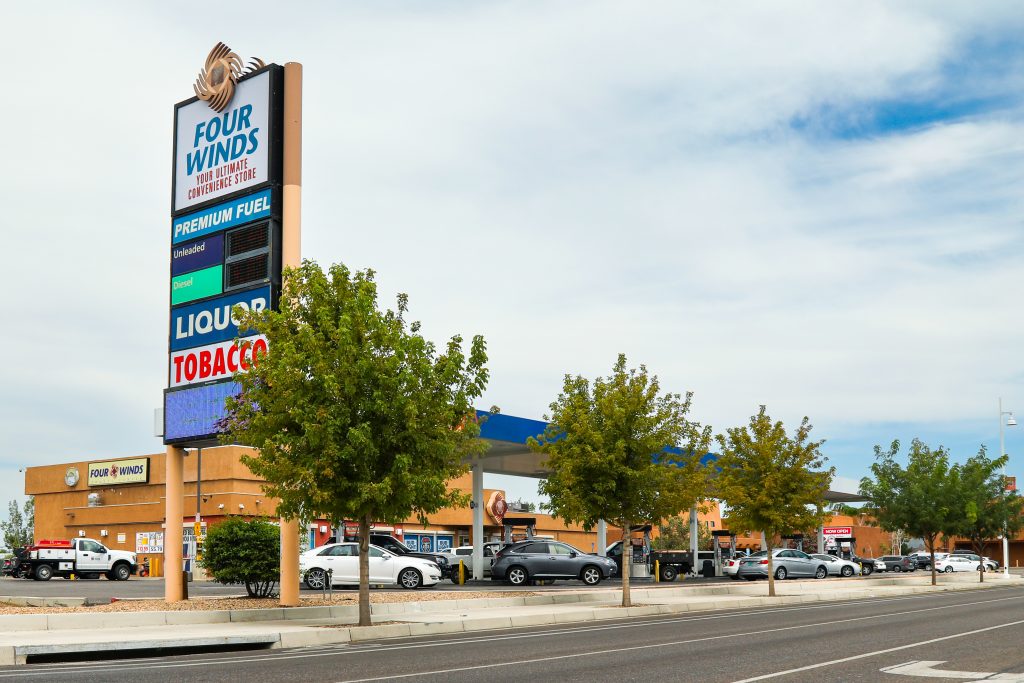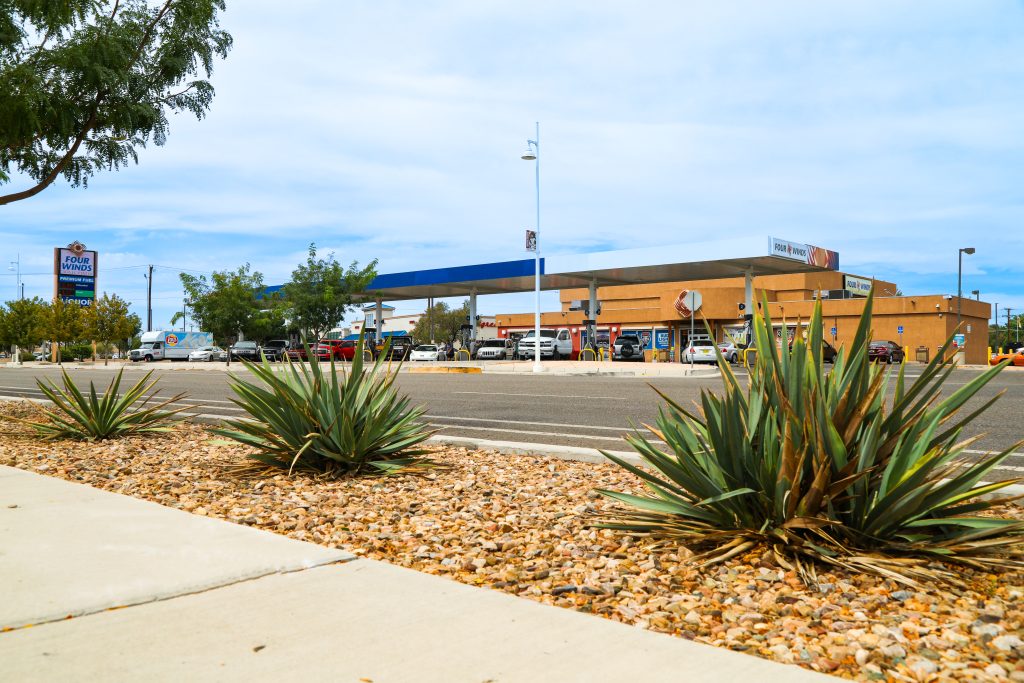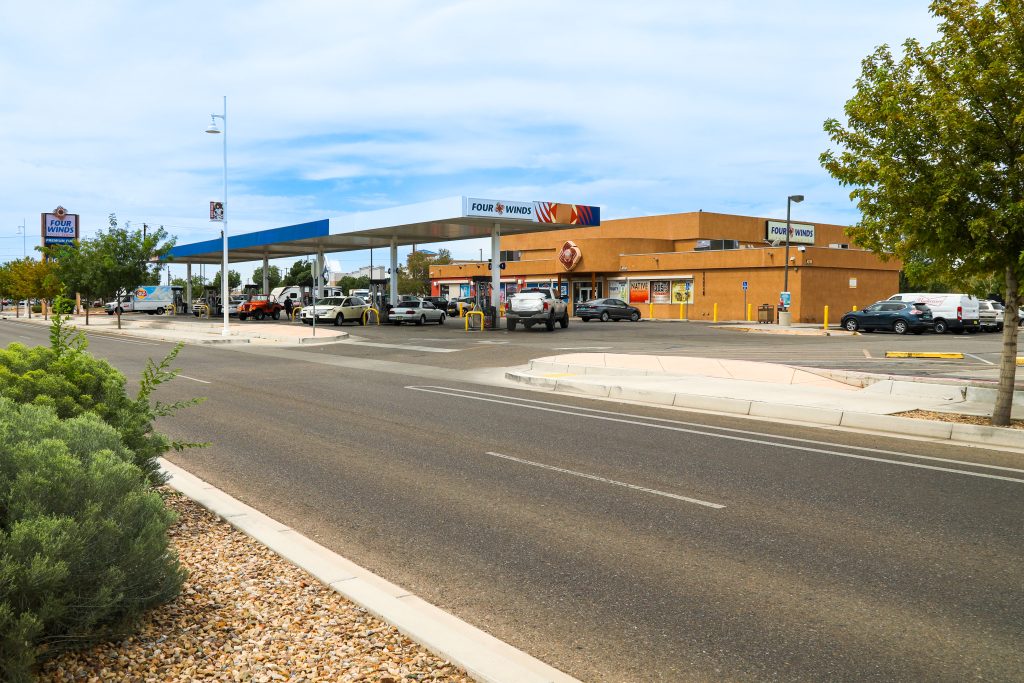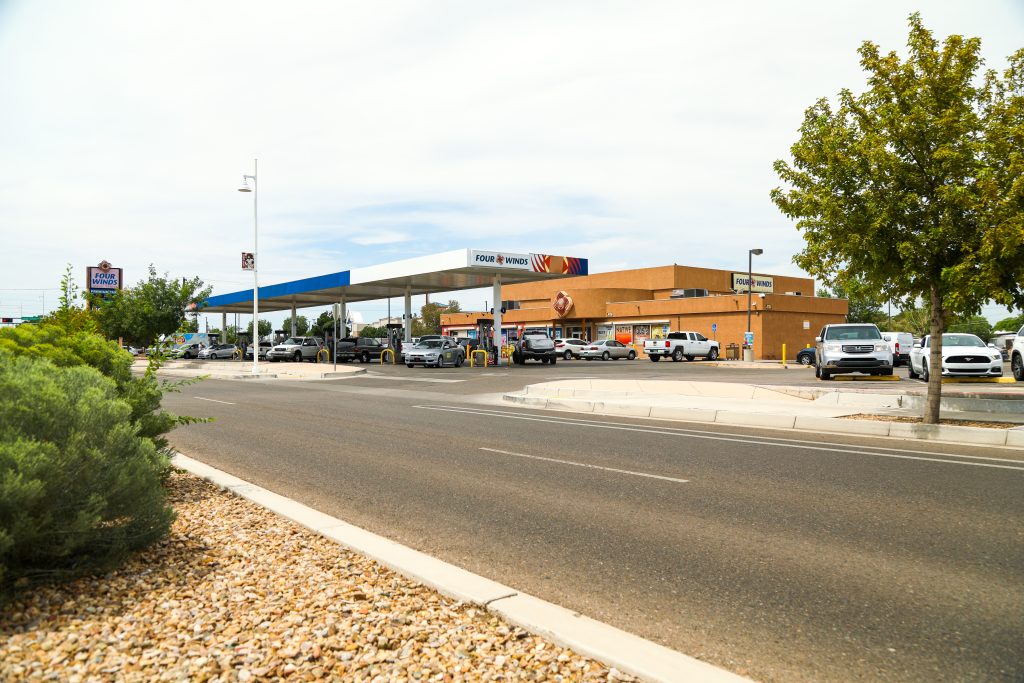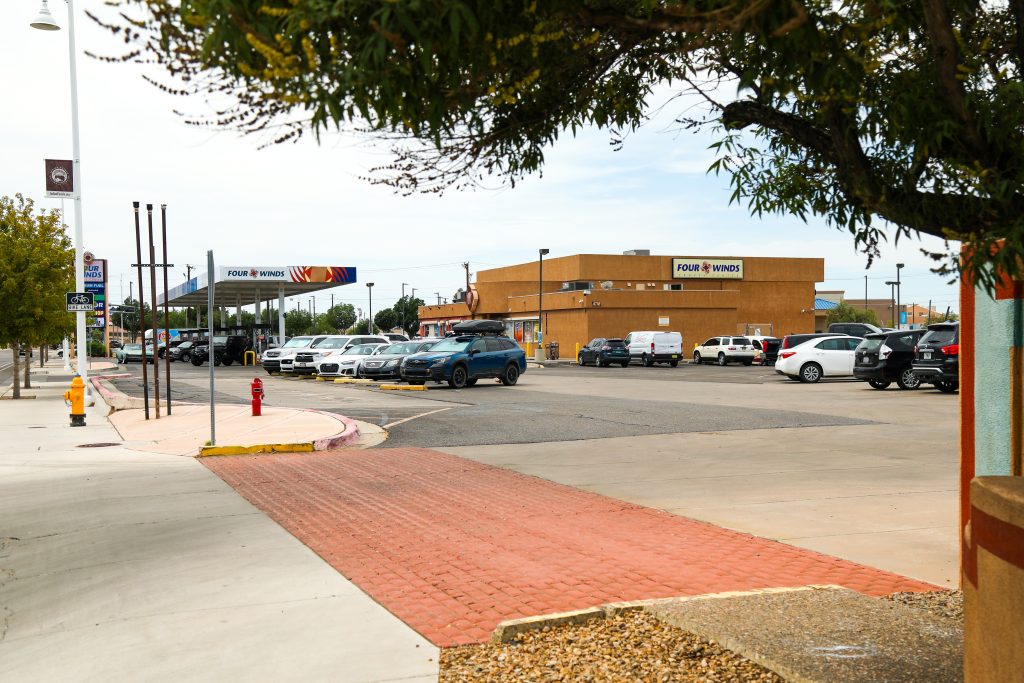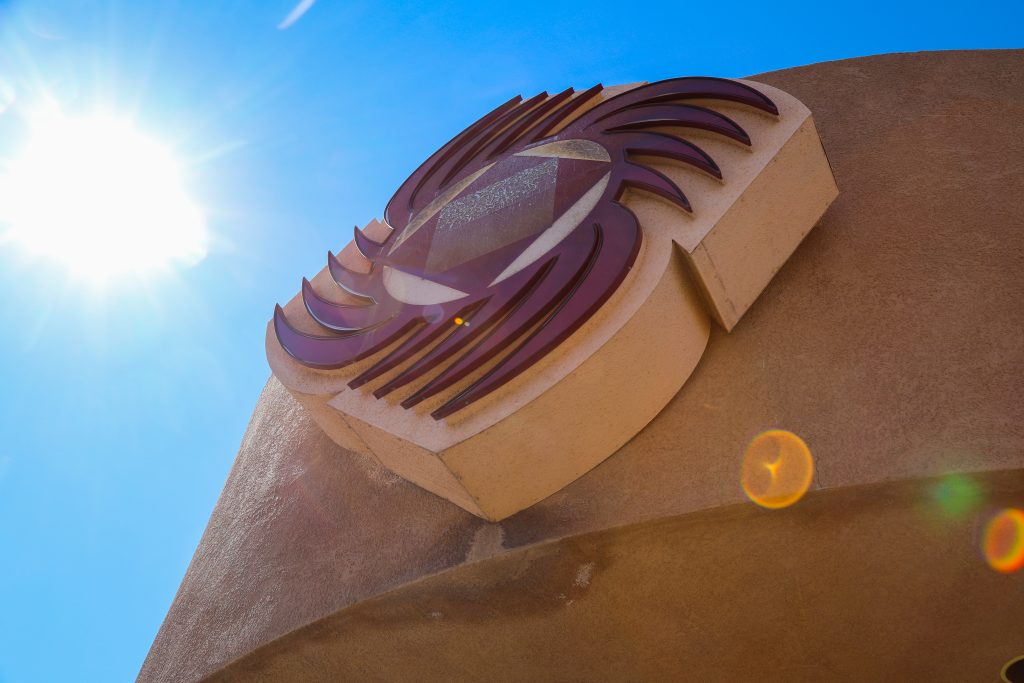INDIGENOUS CONNECTIONS AND COLLECTIONS LIBRARY BLOG – GENEALOGY
This blog aspires to connect readers to Indigenous* resources, information, and fun stuff at the Indian Pueblo Cultural Center (IPCC) and online. Each month, new content will be shared on various themes.
May 4, 2022
From the morals and values we are taught, to the support and encouragement that is shared, family is the foundation of who we are. The choices that one’s ancestors made – marriage, travel, occupation, and so on – resulted in the lives they led, which in turn shaped the lives of their descendants – children, grandchildren, and so on. Understanding his- and her-story helps us to understand who we are and where we come from.
Genealogy is the study and tracing of lines of ancestral descent. This is done by finding vital information about parents, grandparents, great-grandparents – as far back as possible. Using these facts to trace back family members, one will see how geographical and historical time periods shaped their family history.
So where and how do you start? Work from the known to the unknown. First, start collecting names and as much vital information as you can about immediate (parents and grandparents) and distant (aunts, uncles, and cousins) family members: full and maiden names, birth dates and places, marriage dates and places, divorce dates, and so on. Enter that information on a family chart:
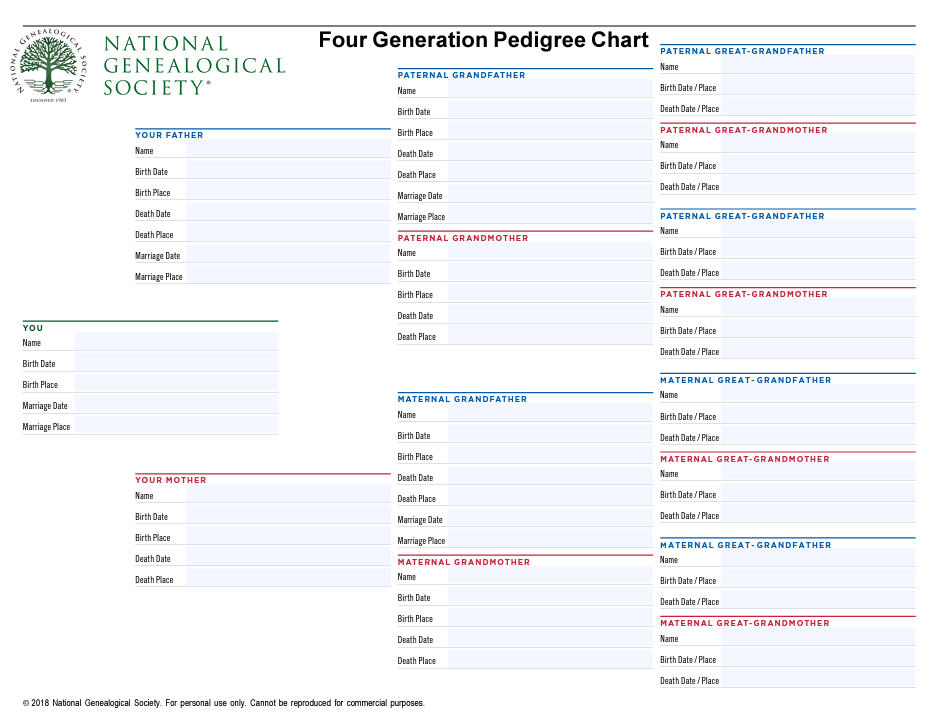
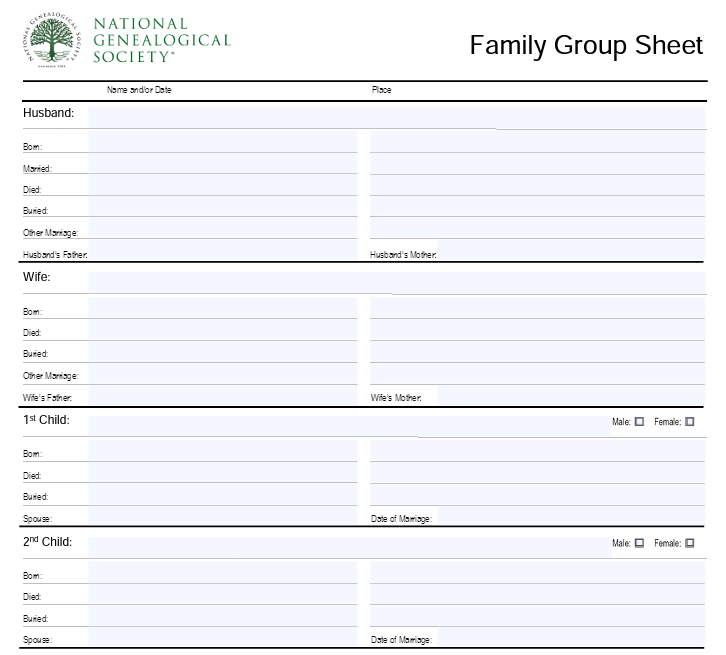
Don’t forget to talk to family members to learn what they know or what info they have such as wedding and anniversary announcements, newspaper clippings, or Bible records. But remember, family stories are not always accurate.
Don’t have family information? Read on to learn where to find it.
Genealogy Websites
Popular websites to find genealogy information are Ancestry, MyHeritage, and Fold3. However, these sites require a paid subscription to view in-depth records. Many public libraries have Library Editions of the above sites and provide free access to library card holders, as well as resource listings, guides, and classes. If you are new to genealogy, look for websites that offer guides to using the site to understand how to search and interpret what you find.
Seven Free Resources
- Internet Archive, home of the Wayback Machine – Find old versions of websites and digitized materials. Such as Yearbooks, City Directories, County and Family Histories, Government agency annual reports.
- State Archive, State Library, and State Historical Society – Find photograph collections, digital copies of original records, and military and vital records (birth, death, marriage, and divorce certificates).
- State & Local Genealogy Societies – Have local and regional expertise, research guides, and records.
- Digital Public Library of America – Comprised of 1000s of libraries, archives, and museums across the United States with links to more than 44 million digital items (photographs, maps, audio and video files).
- Linkpendium – Curated list of more than ten million genealogy links and historical websites across the United States and United Kingdom, and family and surname websites.
- WorldCat – Searches the catalogs of OCLC member libraries; search by subject and location.
- FamilySearch Research Wiki – Links to websites and collections around the world.
Important tips:
- Do not use the same websites to search records. Expand your search. Different records will give you different types of information.
- Search by subject and location (schools, churches, fraternal organizations, etc.).
- When you find family trees done by other researchers that show your ancestors, check that the facts are correct (name, spelling, birthdate, etc.) and that it is your ancestor.
From YouTube video: Free Genealogy Websites You’re Overlooking, Genealogy with Amy Johnson Crow
New Mexico State Library
The New Mexico State Library has digital, print, and microfilm resources which include the databases Ancestry (Library Edition), Fold3 (Library Edition), genealogical society periodicals, church, and census records, Daughters of the American Revolution (DAR) indexes, digital Sanborn Maps for New Mexico, books, extractions and select Nation Archives record sets on microfilm.
Also shown is a listing of Genealogy collections and services at libraries around New Mexico
Native American Genealogy Resources – Southwest Tribes
Books available at the New Mexico State Library and other libraries throughout the state including guides, and info on rolls, records, and Native American DNA.
Albuquerque Genealogical Society
The Mission Statement of the New Mexico Genealogical Society (NMGS) is to promote, develop, and encourage genealogical research, to preserve and perpetuate the records of ancestry and publish records, and to make genealogical and historical information available to all through publications, meetings, and workshops.
The NMGS website offers E-Research Resources of Family and Church Records, Marriage and Prenuptial Investigations, Wills and Land Grants, Burial and Death Records, and Maps, Online Collections and New Mexico History. Also, videos on various topics and institutions.
Albuquerque Genealogical Society
The Albuquerque Genealogical Society helps to educate on how to research family history. Twice a month, the society hosts free one-on-one help sessions for members and the general public. At least once a month, there are webinars on Genealogy, DNA and Family History. There are also groups dedicated to specific interests such as Military and Celtic research.
Resource links to Online Genealogy sites, for researchers with New Mexico family history, and to Genealogy Blogs.
Albuquerque Public Library
The Genealogy Center is on the second floor of the Main Library in downtown Albuquerque.

The Genealogy Center has:
- a non-circulating collection of over 20,000 titles and 36,000 volumes organized by country, state, and county
- a computer lab dedicated to genealogy research with free access to online databases
- a microfilm collection with microfilm and microfiche machines
- staff and volunteers ready to help
If you are from out of town, please contact in advance so someone will be available for assistance.
Some databases are only accessible at the Main Library and others from anywhere with an Albuquerque Public Library Card.
National Archives

The National Archives holds Federal documents related to American Indians and can include information about tribal members, federal officials, Indian agents, military personnel, teachers, nurses, and laborers. Digitized records include: Indian Census Rolls, Dawes Records, and Guion Miller Rolls and digitized records available from partners.
Guides and General Information for accessing Census, Bureau of Indian Affairs (BIA), School, Employment, and Military Service Records.
National Archives

This page will help you trace your American Indian or Alaska Native ancestry and provide you with information about tribal services, tribal contacts, and genealogical research. Some frequently asked and common ancestral search questions will also be answered within this page. PDF: A Guide to Tracing American Indian & Alaska Native Ancestry
*The term Indigenous is used broadly to include those labeled Native American, American Indian, Alaska Native, Hawaiian, First Nations, Aboriginal, and others such as the Sami (Finland) and Ainu (Japan). Native American and American Indian are used generally and interchangeably in this blog.
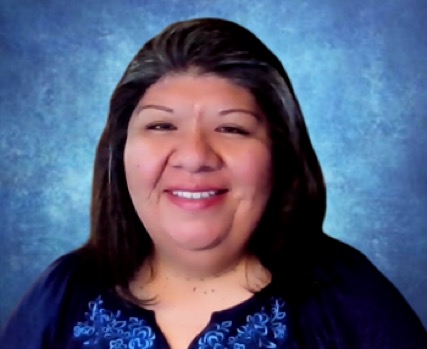
About the AuthorJonna C. Paden, Librarian and Archivist, is a tribally enrolled member of Acoma Pueblo. Part of the Circle of Learning cohort, she holds a Masters in Library and Information Science from San José State University where she focused on the career pathway of Archives and Records Management. She is also the Archivist for the New Mexico Library Association (NMLA) and current
